30.10.2020, 12:00 Uhr
3D in Art and Science
Venue:
- Aktiv über Zoom oder passiv im Live-Stream in der Mediathek der HFBK Hamburg
Registration for Zoom-Link to discuss and ask questions: https://www.rrz.uni-hamburg.de/services/weitere/medienkompetenz/3d-av-lab/3d-workshop.html
Program
12.-1 pm
Matthew Plummer-Fernández (School of Digital Arts – SODA, Manchester)
This talk reflects on a body of art work, spanning the last ten years that have taken shape using 3D models either found online or produced from scans of existing objects. The project Shiv Integer for example, is a bot that automatically sourced and combined 3D models from a file-sharing platform and online community called Thingiverse, resulting in a vast collection of randomly generated assemblages. I shall also discuss a possible conceptual framework for understanding artistic practices that make use of large sets of data found online. The framework specifically differentiates practices that respect the norms of the digital commons, and actively contribute to it, to those taking a more extractivist approach.
British/Colombian artist Matthew Plummer-Fernández works across sculpture, print, software, and installation. After receiving an MA from London's Royal College of Art in 2009, he completed his practice-based doctorate at Goldsmiths, University of London, in 2019. Plummer Fernández's interests in copyleft culture, digital fabrication, and social-computational entanglements interrelate to form a varied body of work that is influenced by the artistic traditions of Generative Art, Critical Design, and Internet Art. Plummer-Fernández's work has been exhibited extensively, and commissioned by institutions including the Victoria & Albert Museum and Somerset House in London, ZKM in Karlruhe, AND Festival in Manchester. His works Digital Natives and Disarming Corruptor are in the collection of Centre Pompidou in Paris, and in 2014 Disarming Corruptor received an award of distinction at Ars Electronica. Plummer-Fernández is represented by Nome gallery, Berlin.
https://www.plummerfernandez.com/
https://www.thingiverse.com/shivinteger/designs
Moderation: Beate Anspach, Fabian Hesse
2-3 pm
Marc Rautenhaus (Uni Hamburg)
In meteorology and in climate science, visualization plays a major role in the analysis and communication of data gathered from observations and computer simulations. Visual depiction helps the scientist to make sense of large amounts of complex numerical data that otherwise would be incomprehensible. Advances in computer graphics and data analysis techniques, often driven by the entertainment industry, have in recent years also facilitated strong advances in scientific visualization techniques, with topics including interactive real-time graphics, 3D depiction, and uncertainty analysis. The "Met.3D" open-source project takes advantage of state-of-the art graphics technology and results from computer science research to make interactive 3D and uncertainty visualization accessible to the atmospheric community. Combination of 2D and 3D visualization with feature detection makes it possible to analyze weather forecasts and climate simulations in novel ways, for example, for the analysis of the dynamics of storms or of forecast uncertainty.
Moderation: N.N.
3.30-4.30 pm
Helen Pritchard: The underground is no longer (or never was) the exclusive realm of technocrats or geophysics experts.
The contemporary infrastructural complex of mining and measuring undergrounds depends on software tools for geological data handling, interpretation, and 3D-vizualisation. Such tools power techno-colonial subsurface exploration with computational techniques and paradigms. In this talk I will present the collaborative work of the *Underground Division* on the volumetric renderings that figure the so-called earth. Through speculative storying, queer infrastructural analysis and art-based inquiries I will discuss how these volumetrics are made operative by geocomputation, where geocomputation refers to the computational processes that measure, quantify, historicize, visualize, predict, classify, model, and tell stories of spatial and temporal geologic processes. In particular I will discuss what affirmative forms of queering damage, responsibility-taking or not, might be possible within these processes and practices of volumetric geocomputation.
Dr. Helen Pritchard’s work brings together the fields of computational aesthetics, more-than-human geographies, and queer trans*feminist technoscience. Her practice considers the impacts of computation and computational art on the figuration of environments and environmental justice–– for the development of inventive methodologies that propose otherwises. She is the co-editor of “Data Browser 06: Executing Practices”, published by Open Humanities Press (2018) and a special issue of Science, Technology and Human Values on “Sensors and Sensing Practices” (2019). Helen is an Associate Professor in Queer Feminist Technoscience and Digital Design at i-DAT, Plymouth University and a research fellow in Computational Art at Goldsmiths, University of London. Together with Femke Snelting and Jara Rocha she activates the creative research group the *Underground Division*. The *Underground Division* is an action-research collective that investigates technologies of subsurface rendering and its imaginations/fantasies/promises. As a follow-up on Possible Bodies' research on co-construction of so-called bodies and 3D paradigms, the-body-of-the-earth is now attended as the framework for a study on similar sensibilities but different spacetimes. The Underground Division bugs contemporary regimes of volumetrics that are applied to extractivist, computationalist and geologic damages. Their research will eventually culminate in the Trans*Feminist Scanning Program, a hands-on situation for device making, tool problematizing and "holing in gaug".
http://www.helenpritchard.info/
Moderation: Beate Anspach, Fabian Hesse
The lectures will be held in English.
An event of the HFBK Hamburg and the Regionales Rechenzentrum of the University of Hamburg as part of the Hamburg Open Science (HOS) project
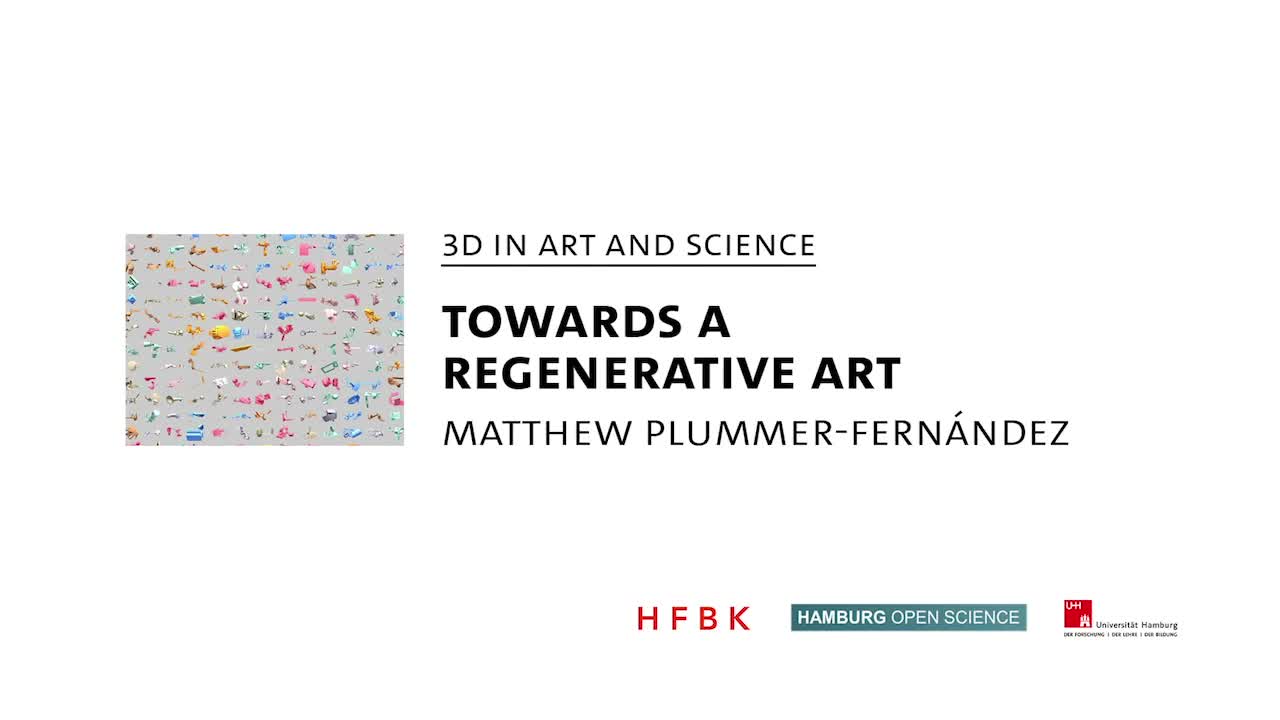

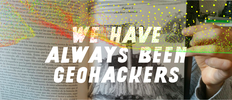

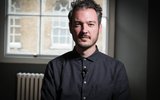
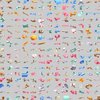
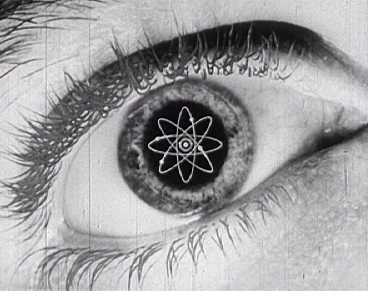
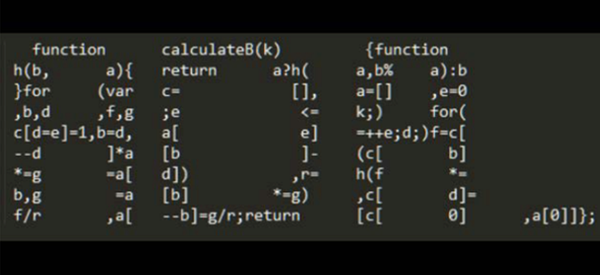
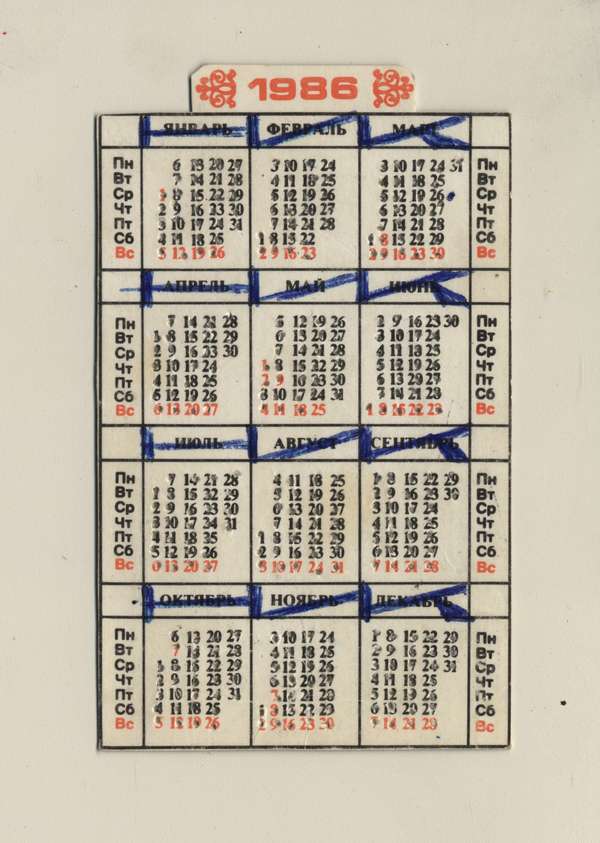
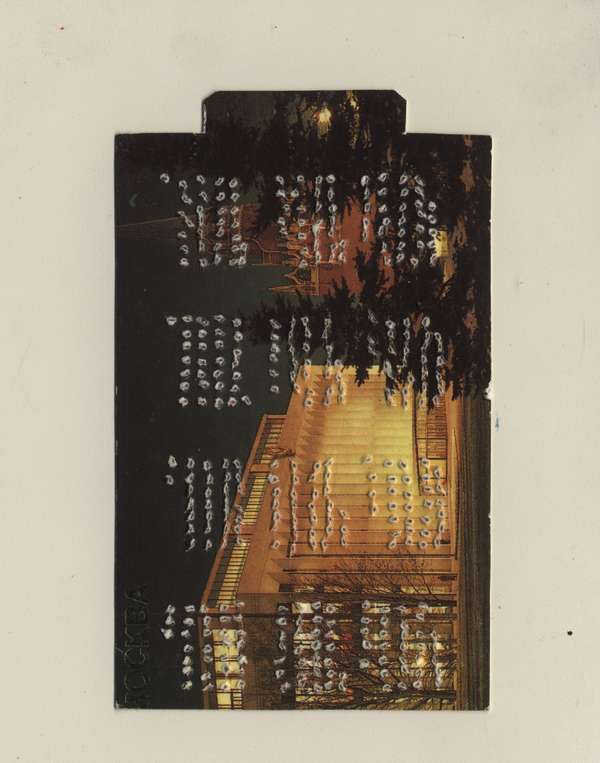
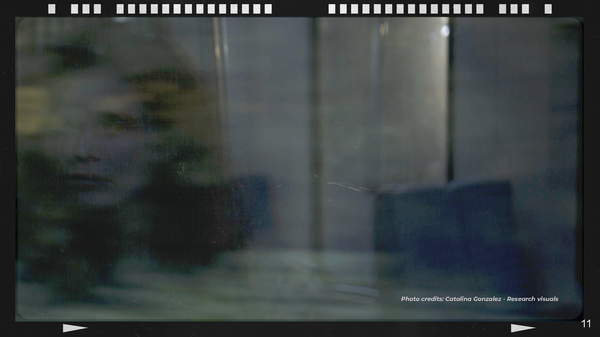
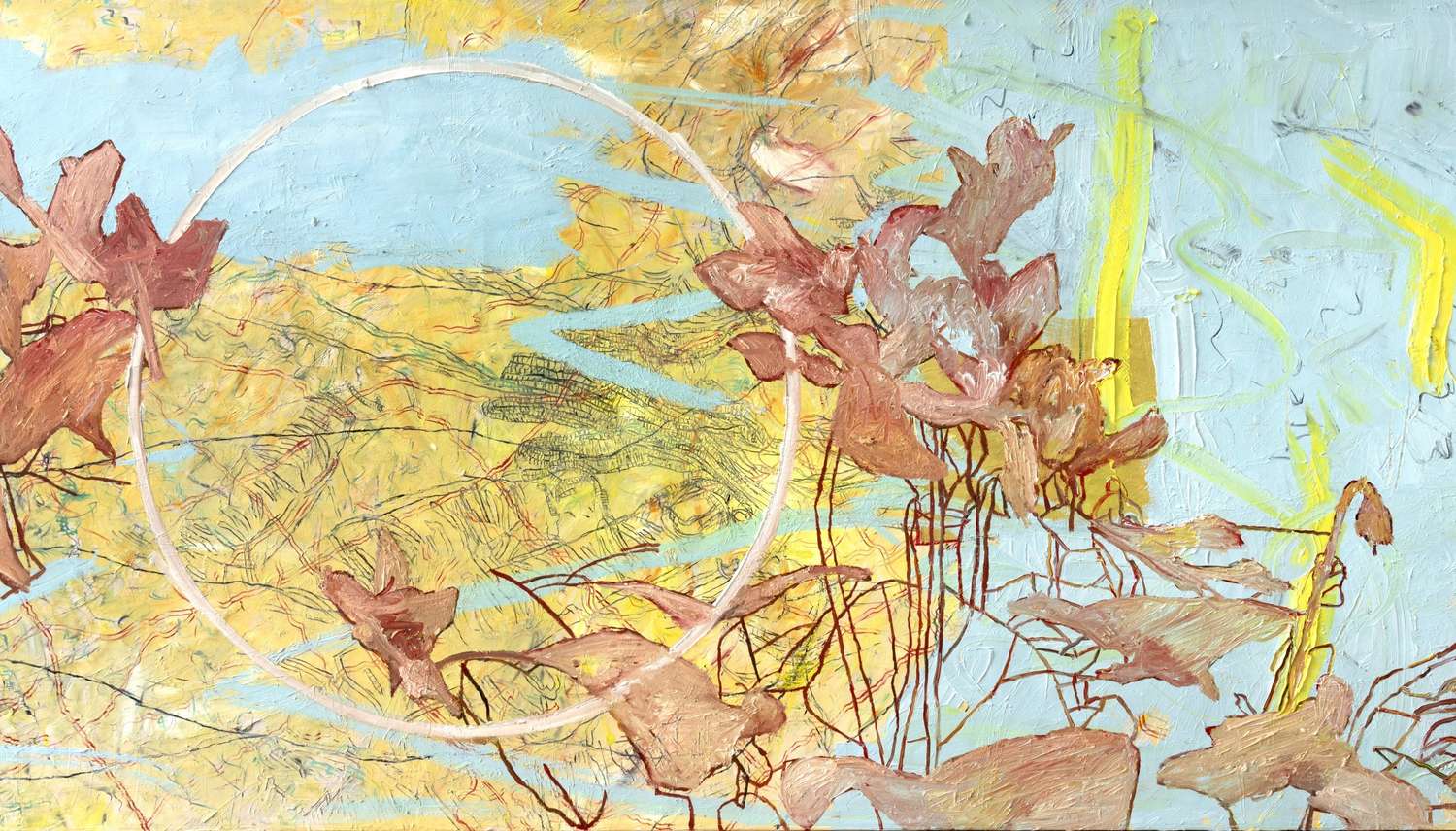
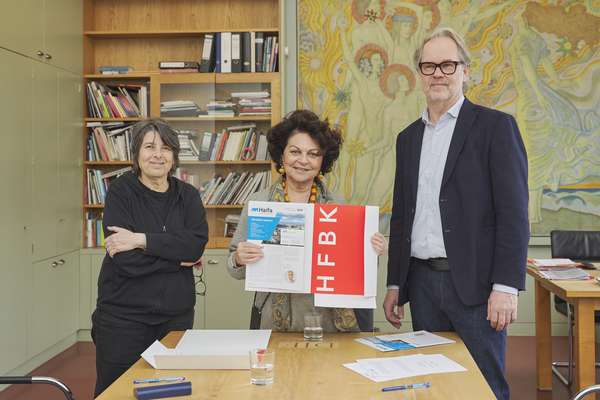
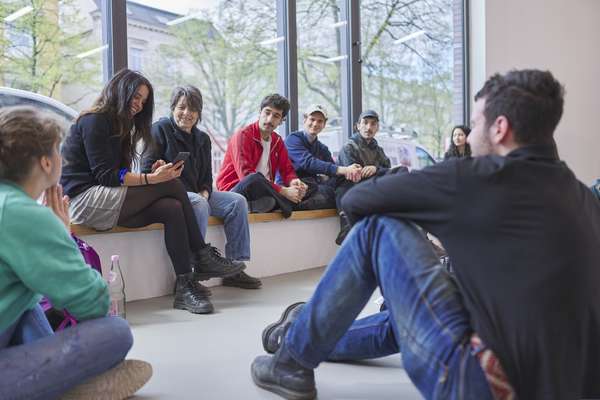
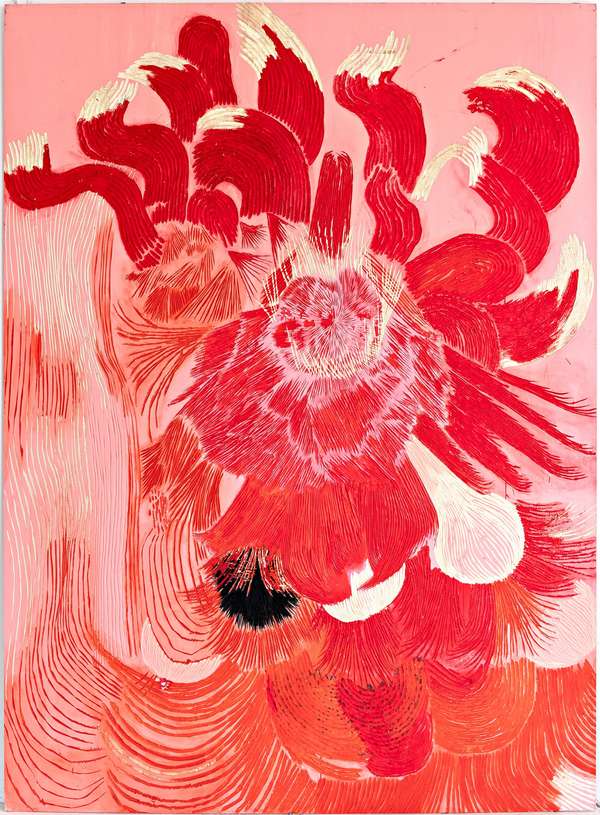
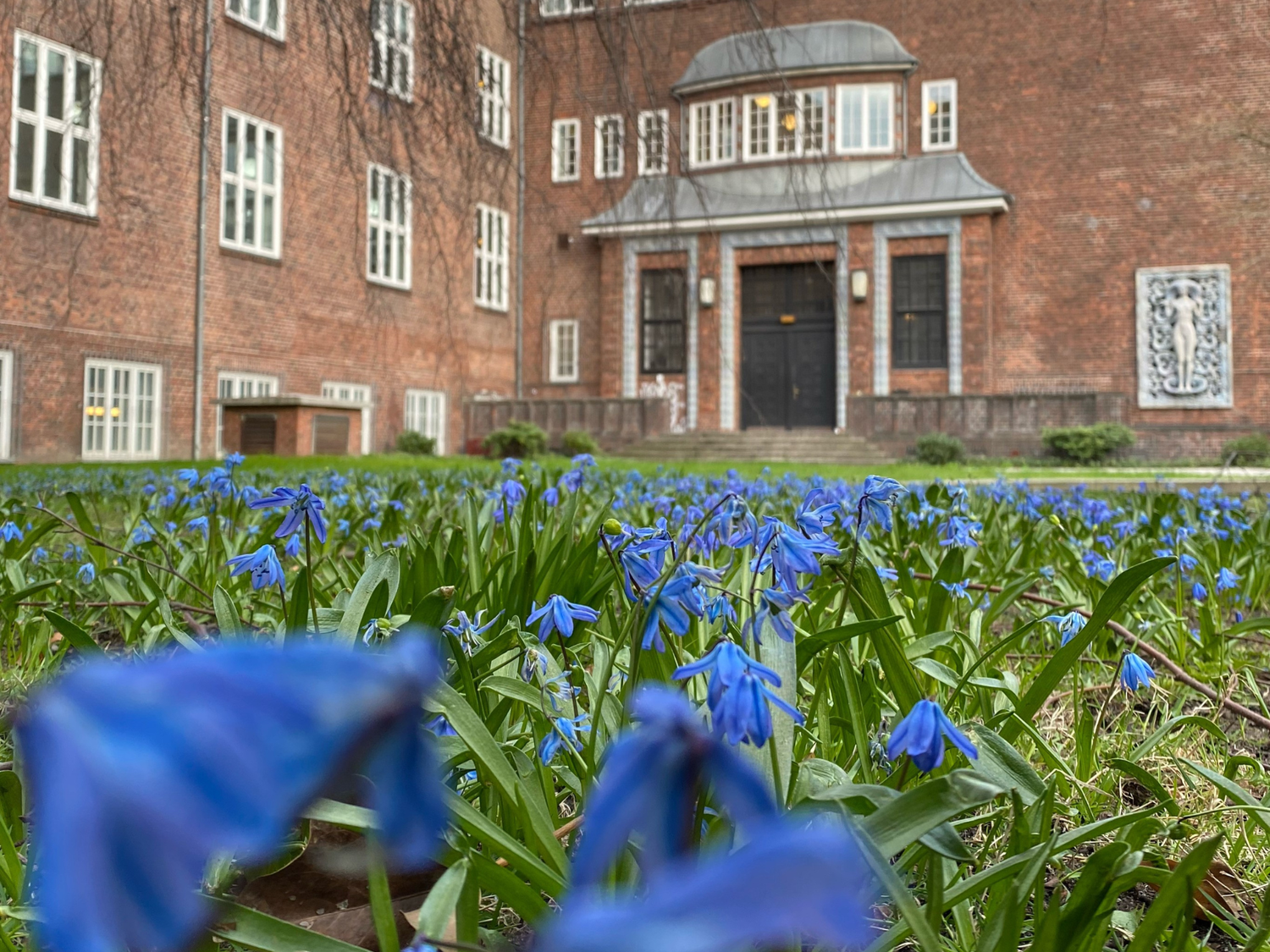
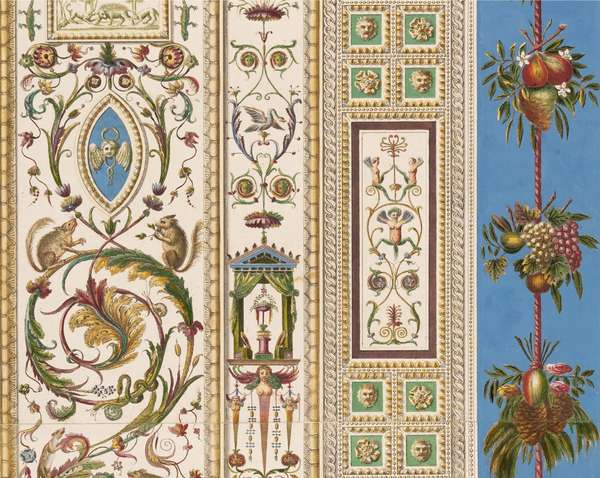
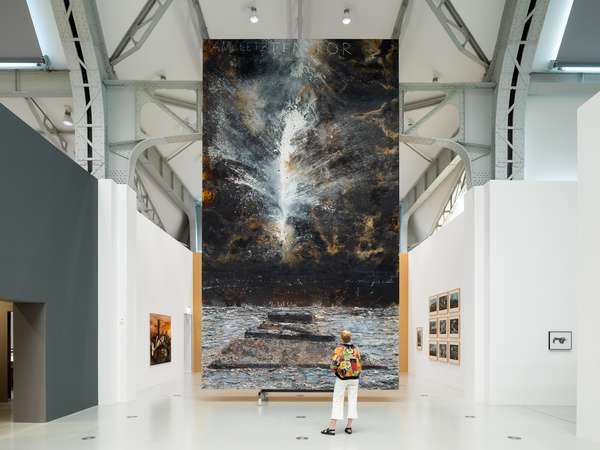
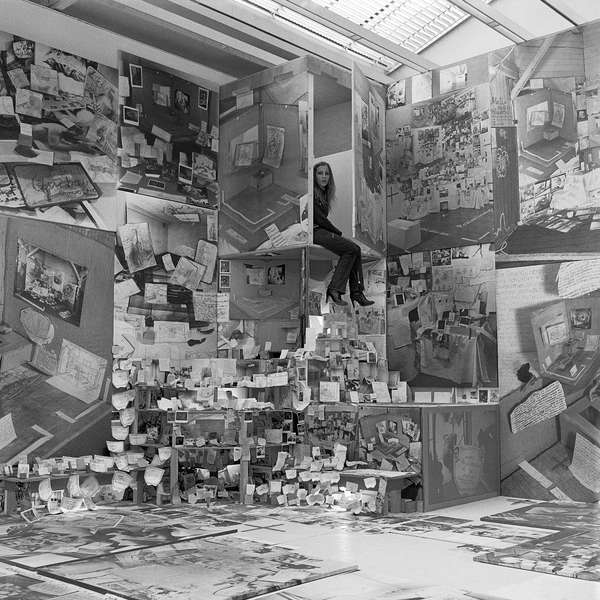
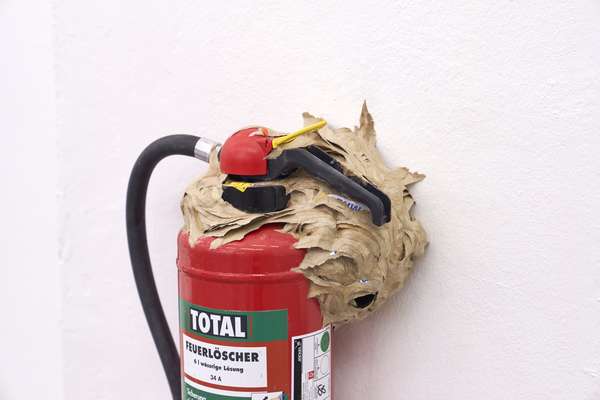
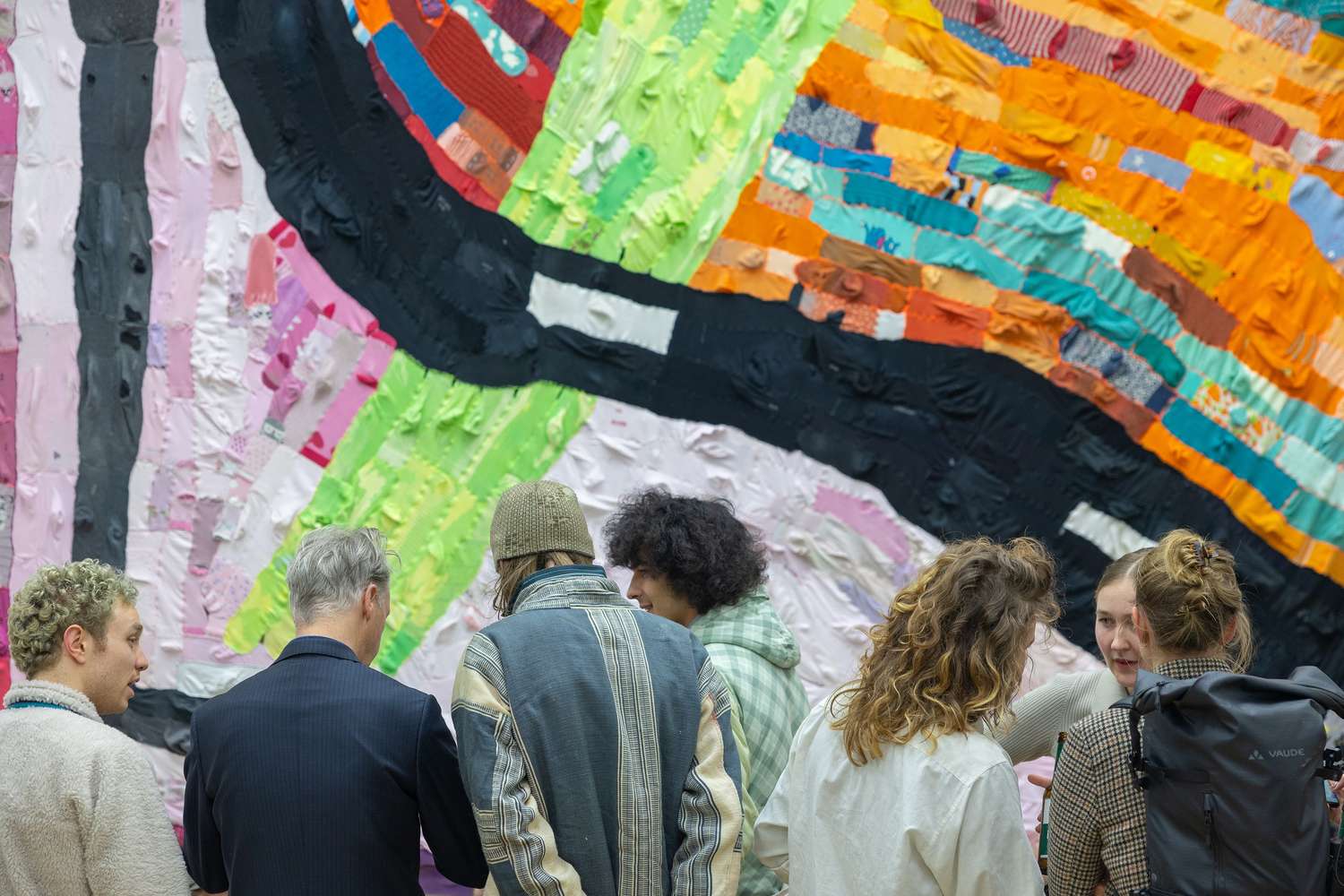
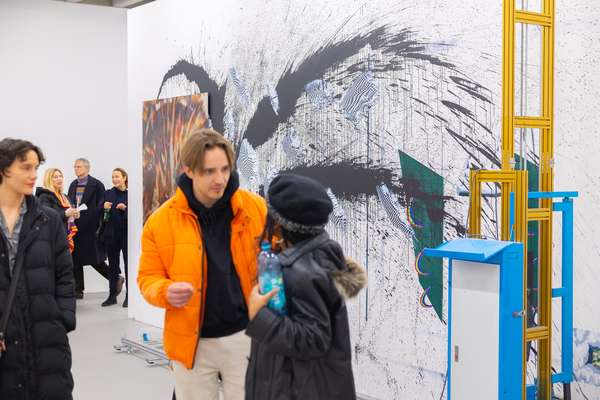
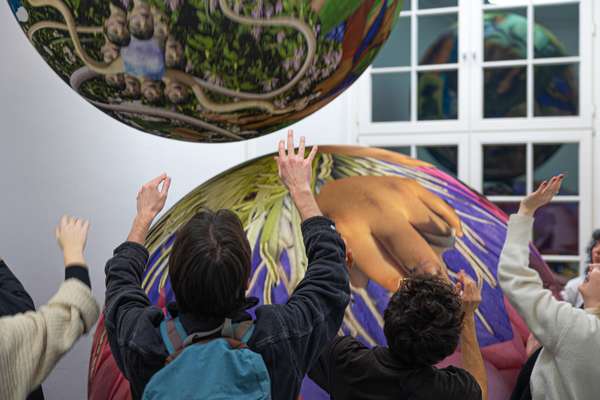
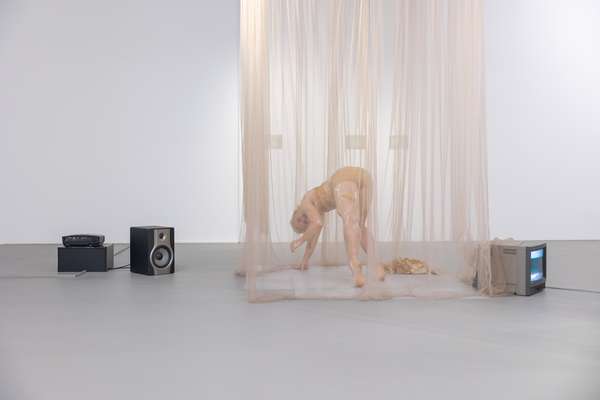
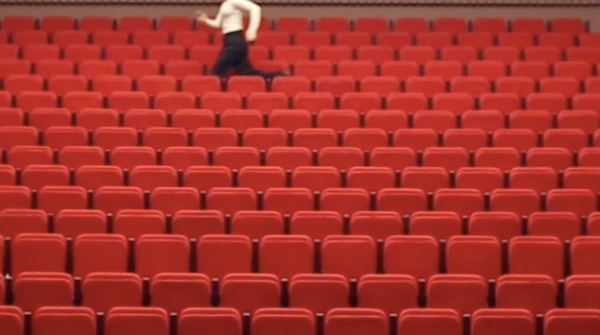
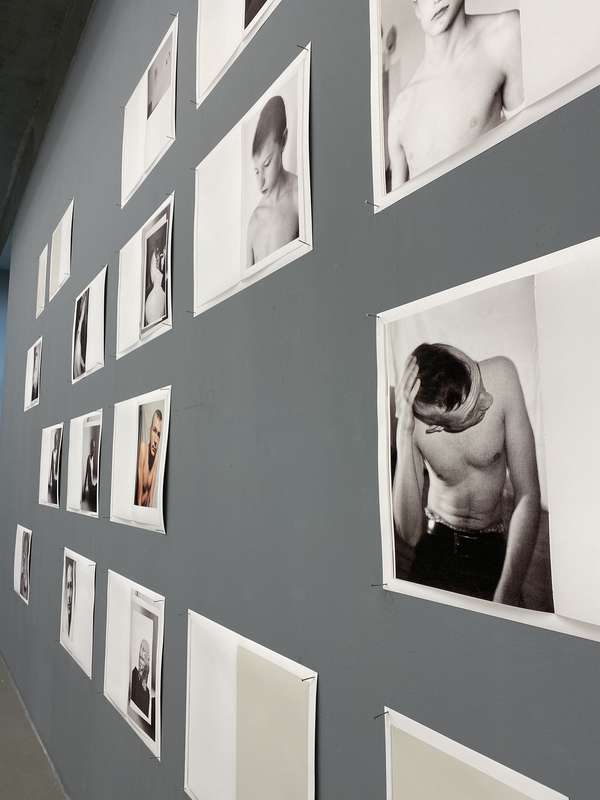
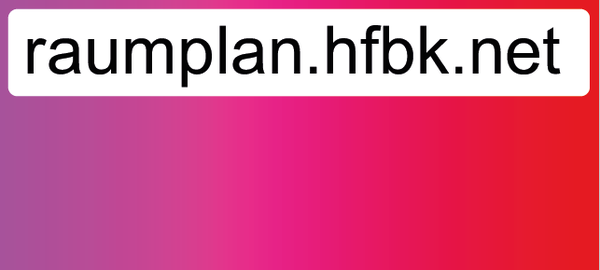
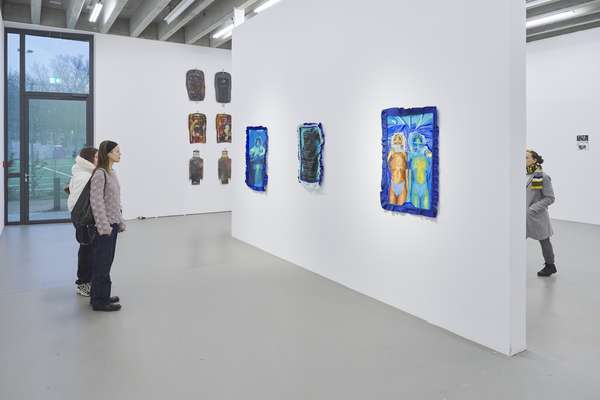
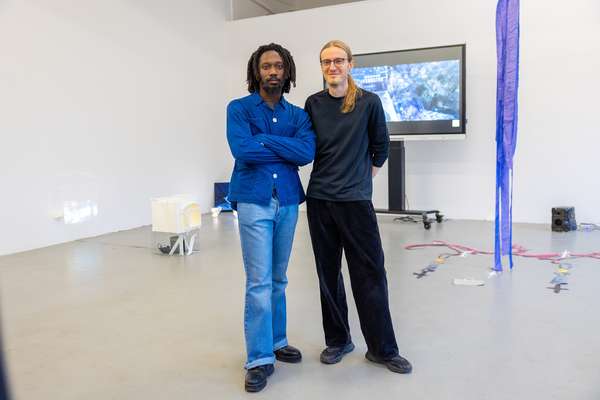
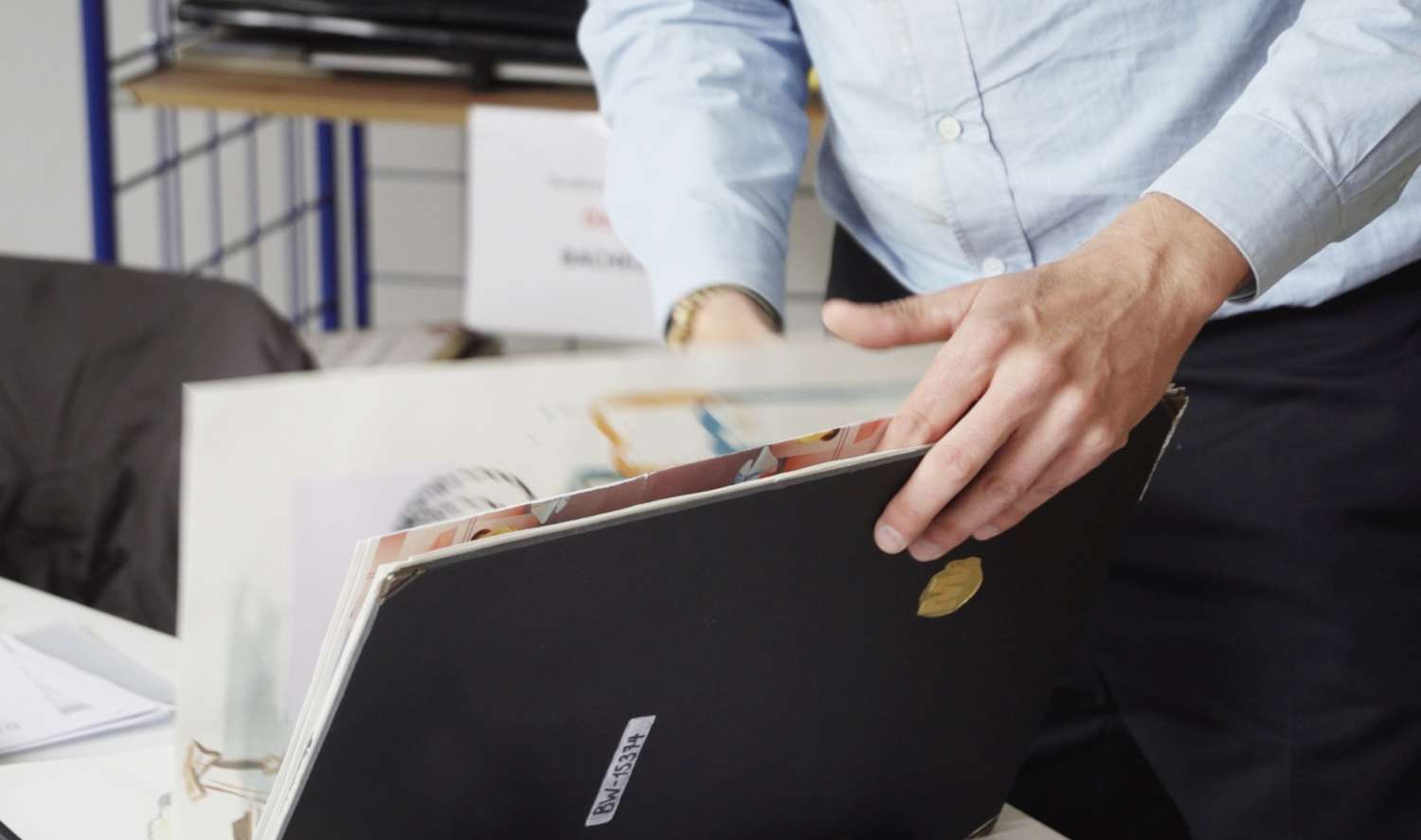
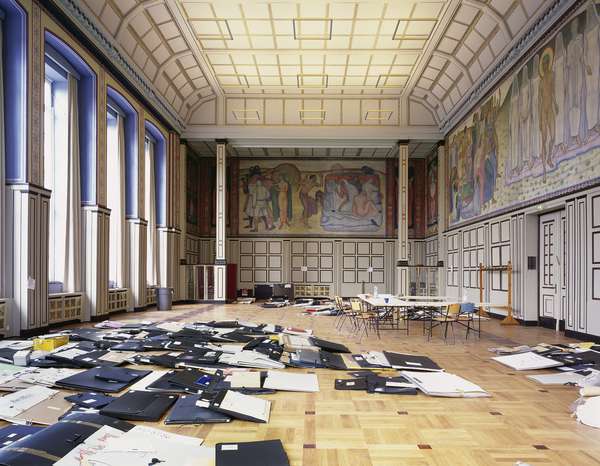
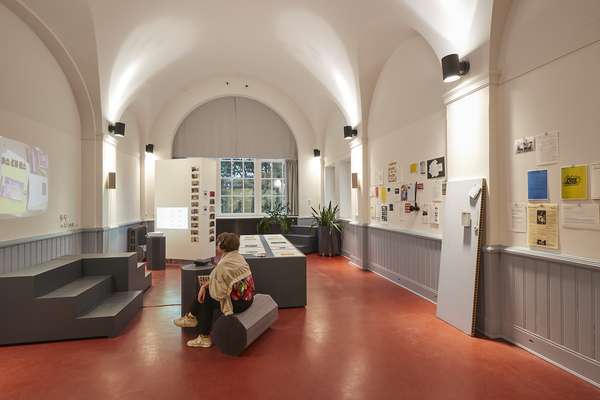

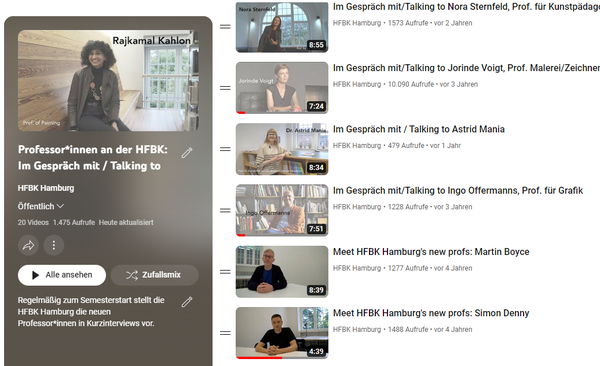
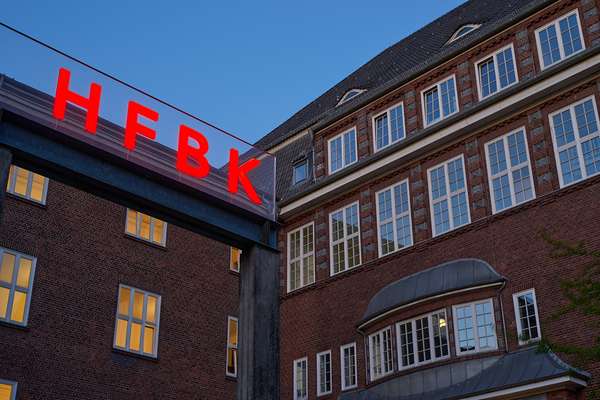
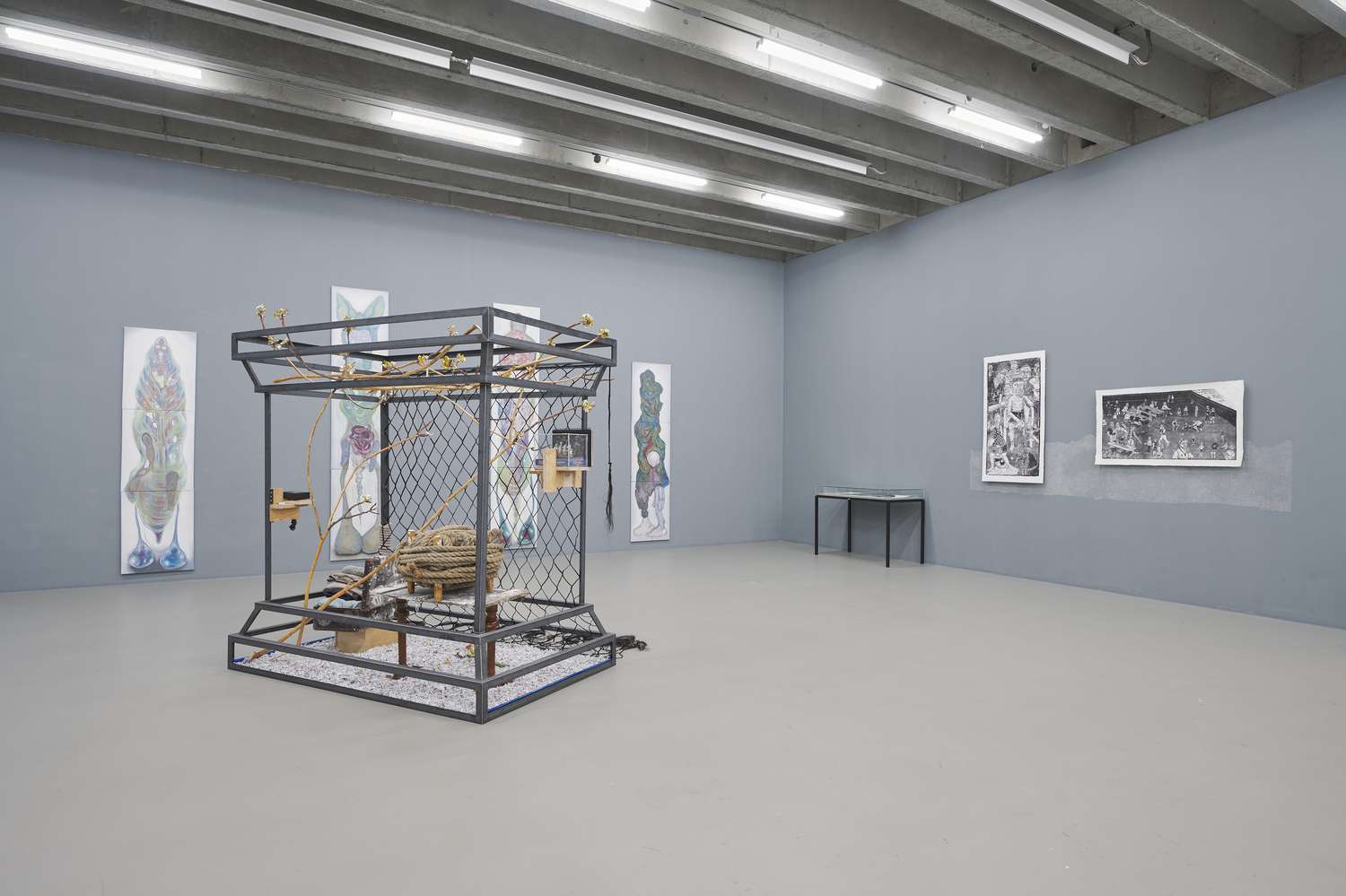
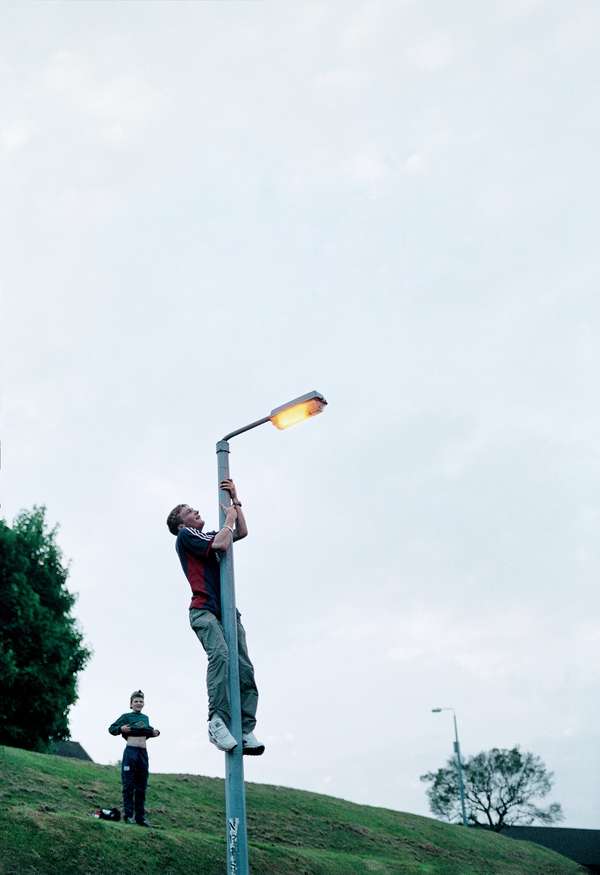
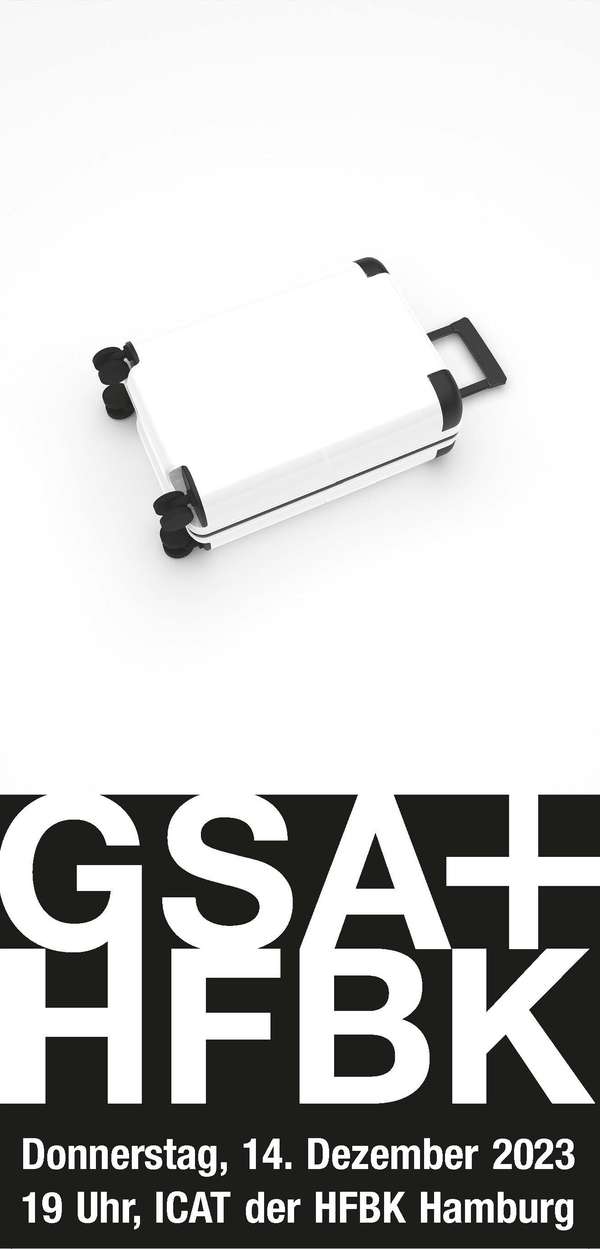
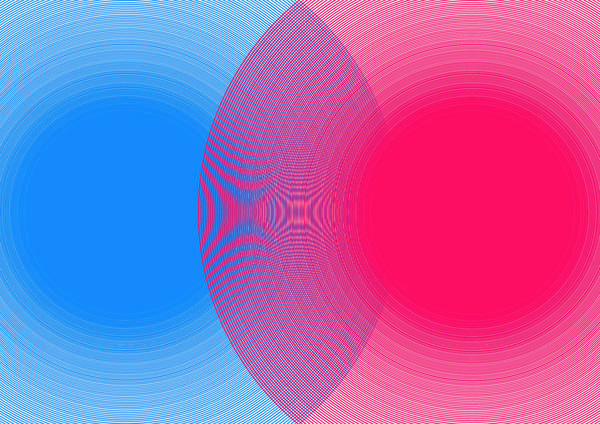
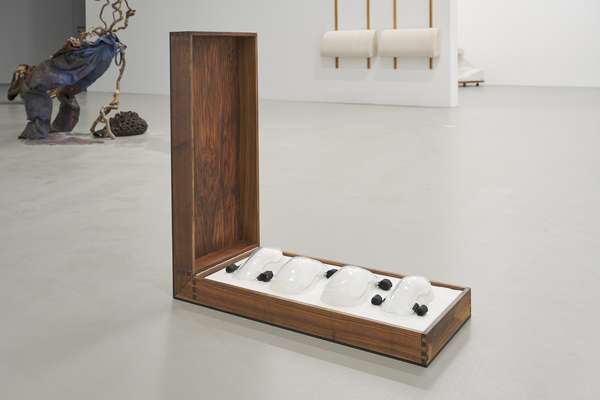
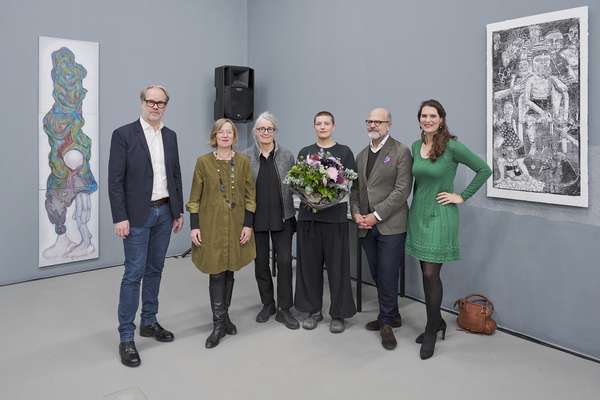
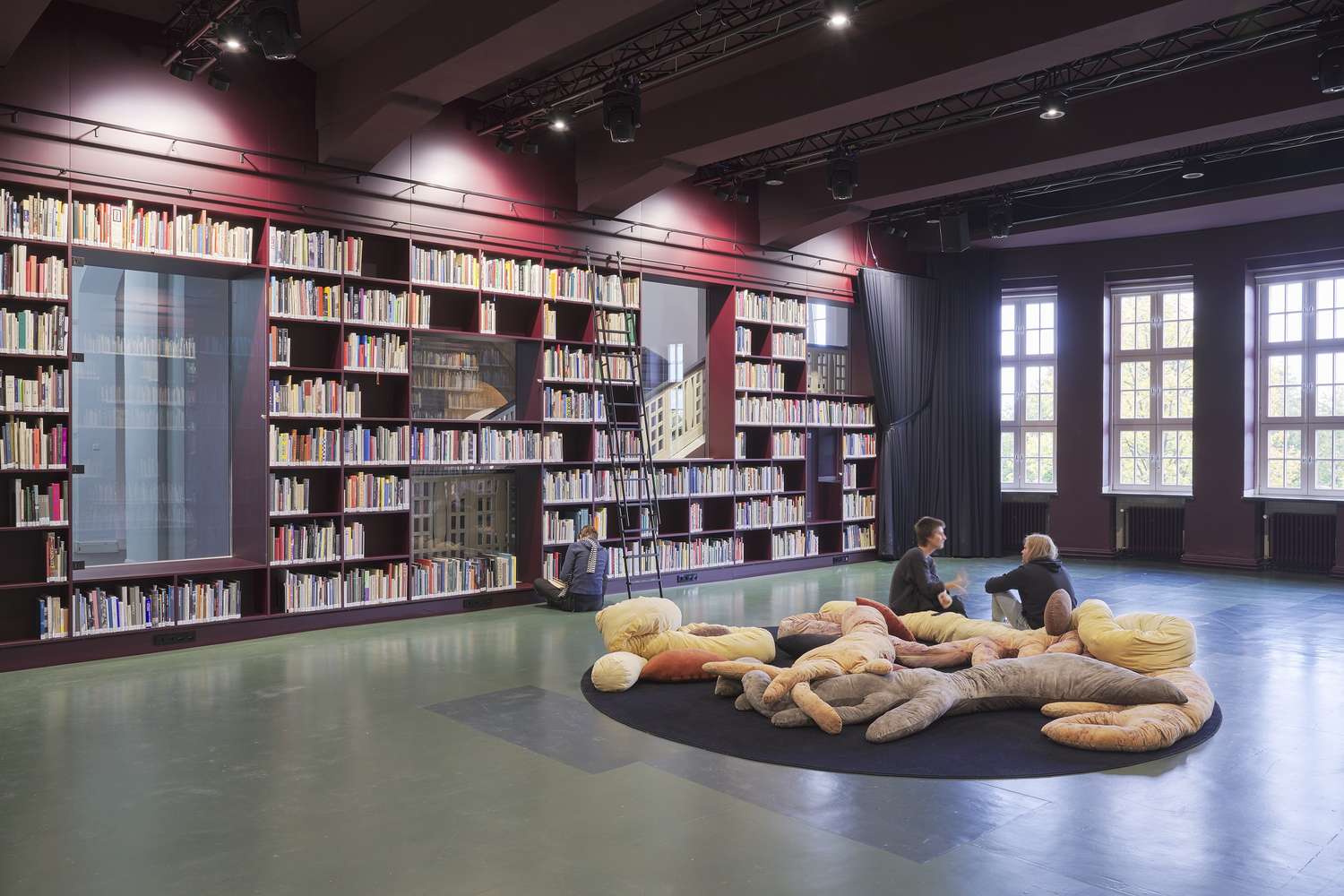
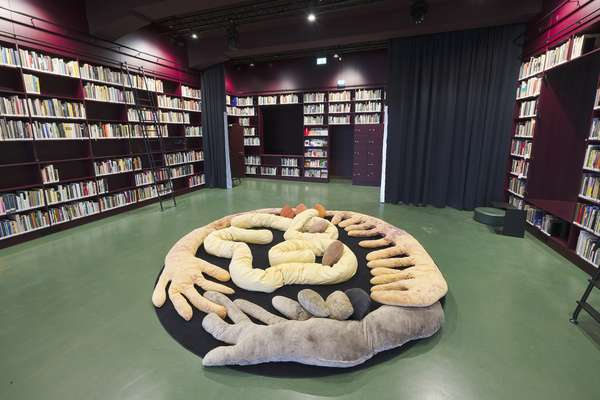
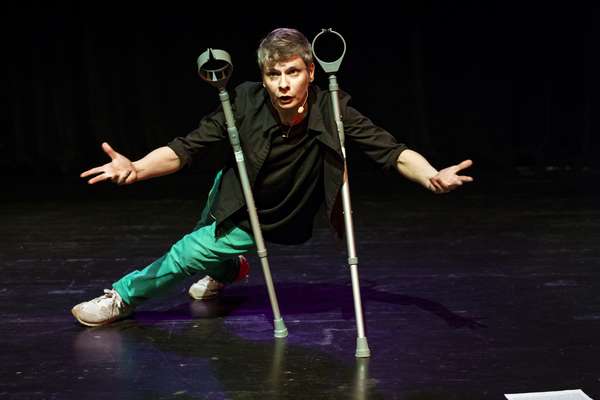
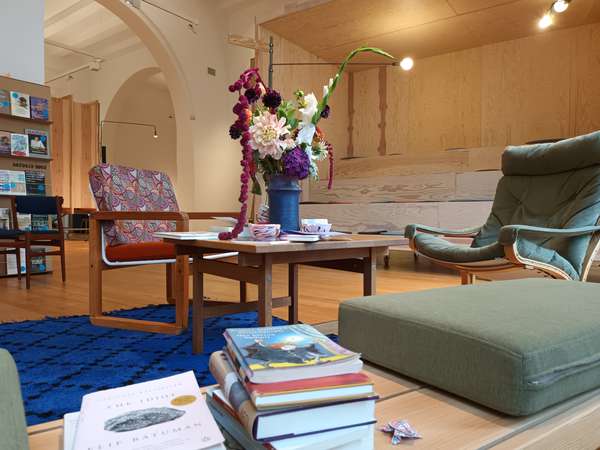
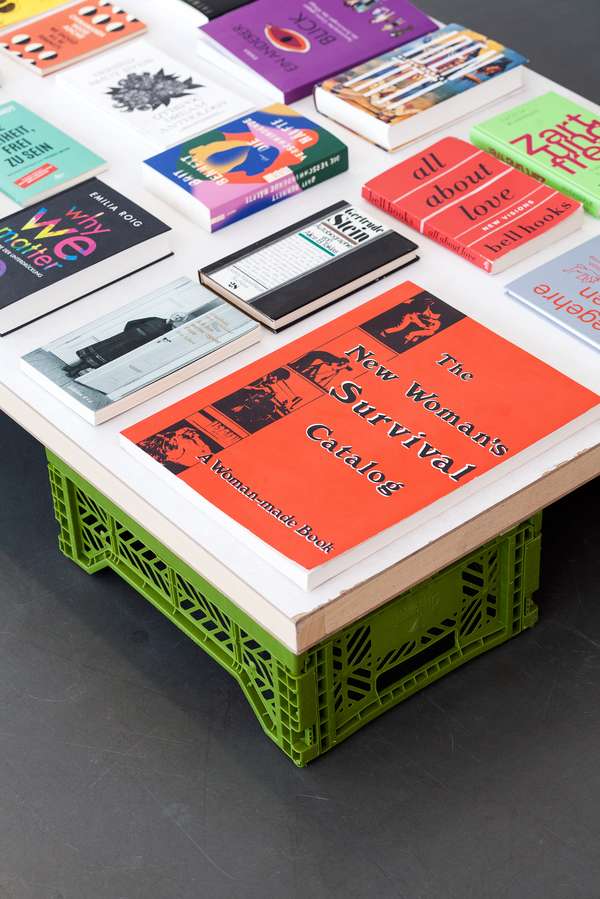
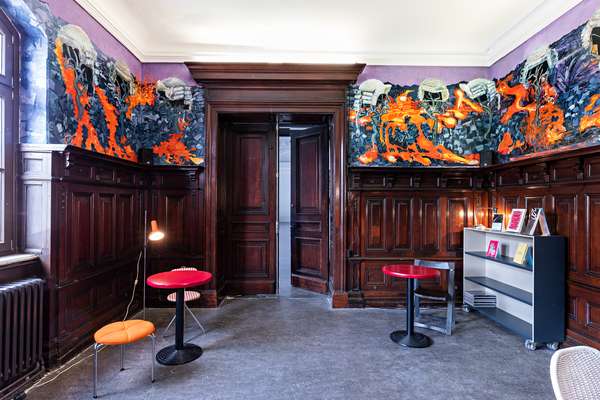
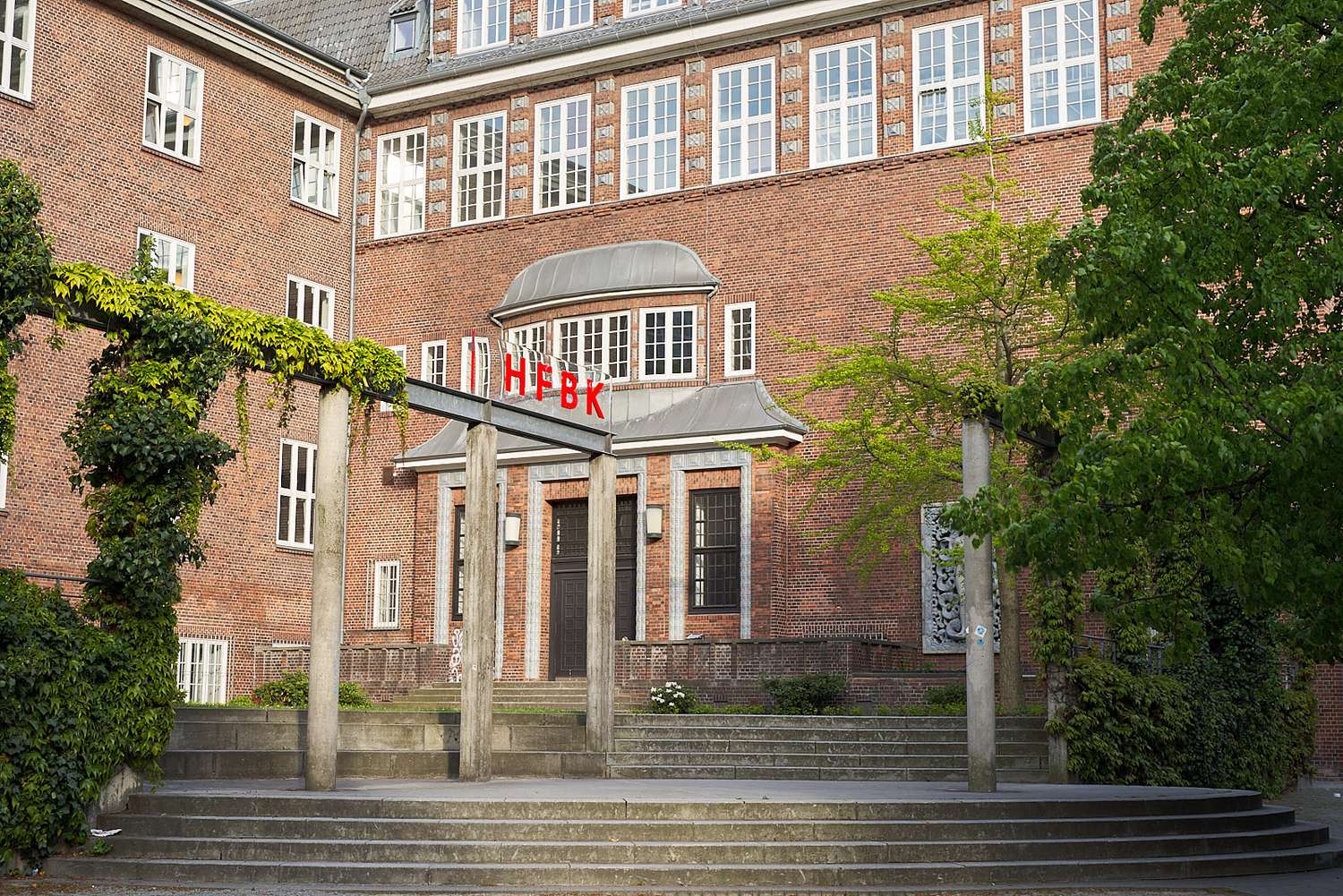
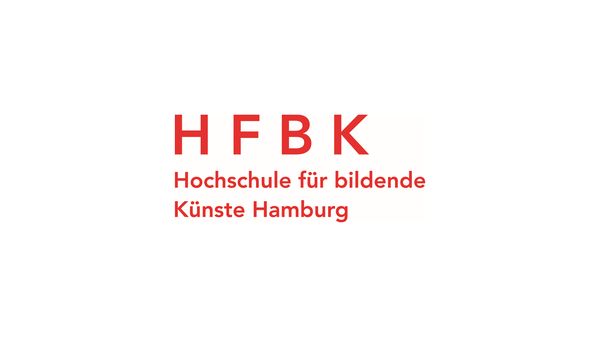
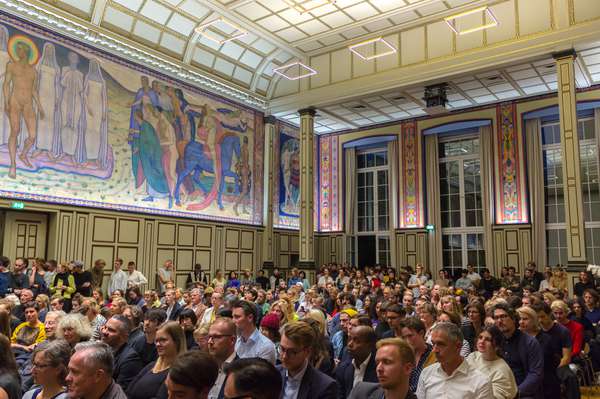
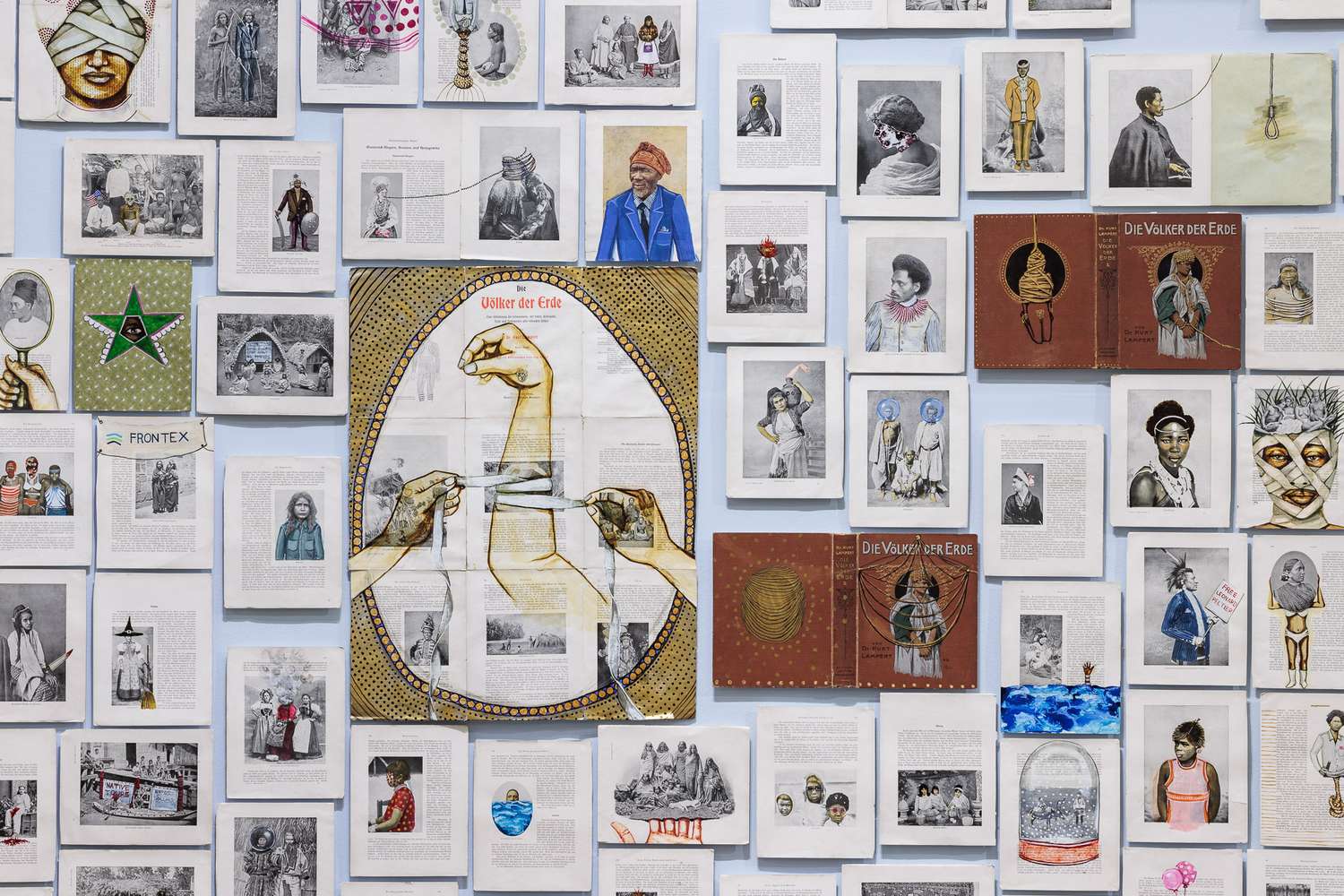
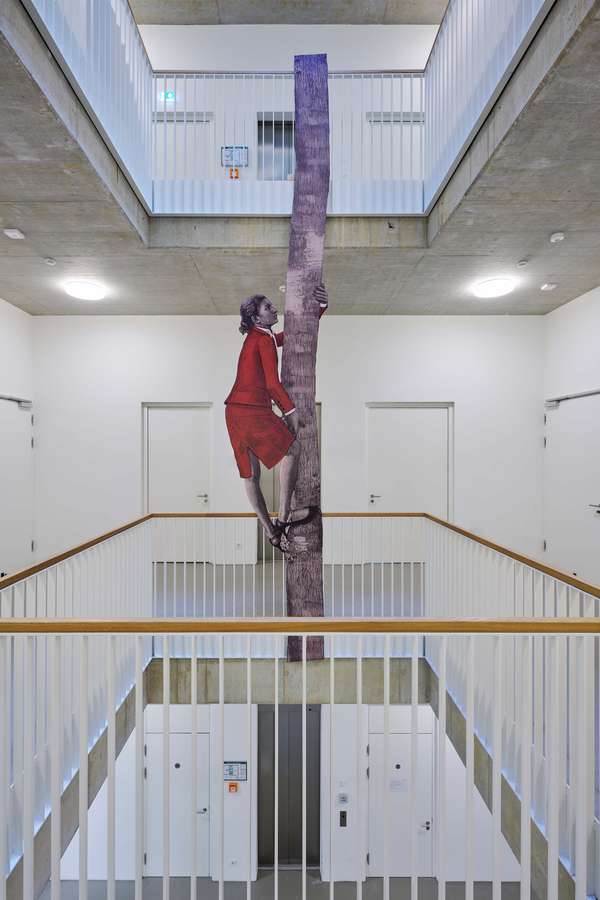

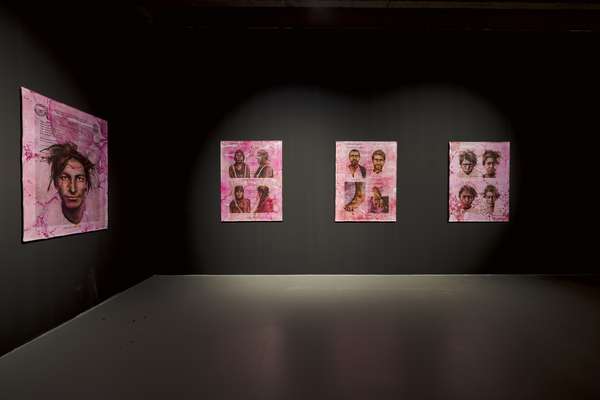
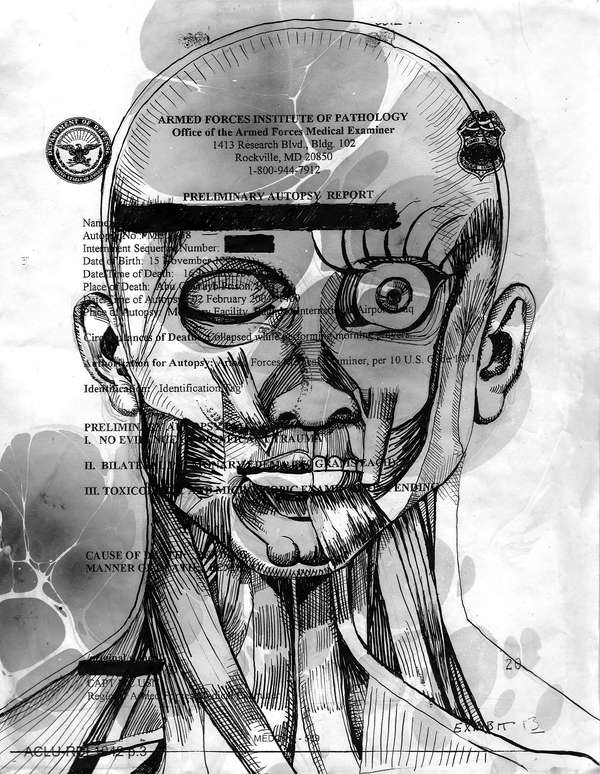
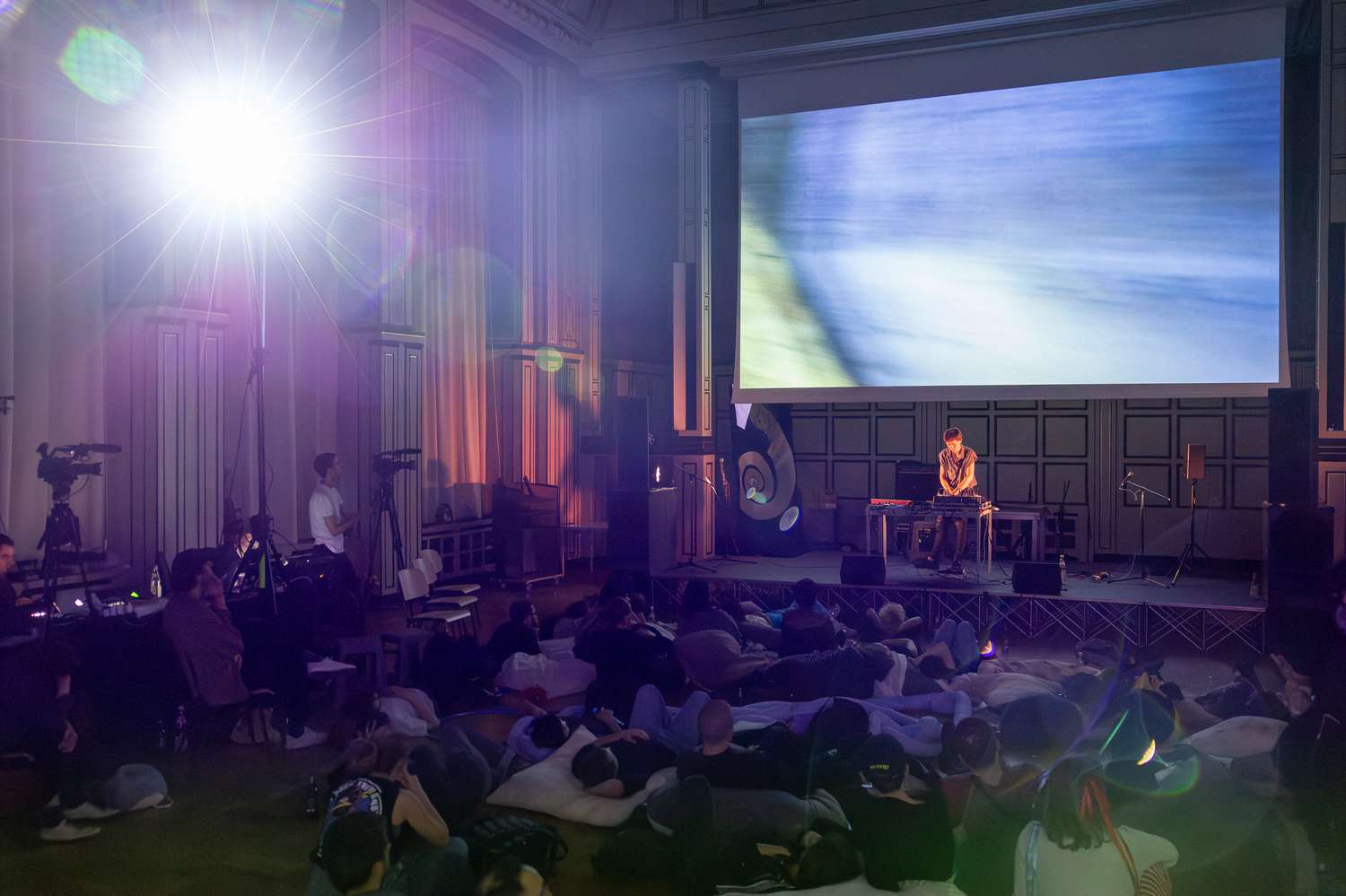
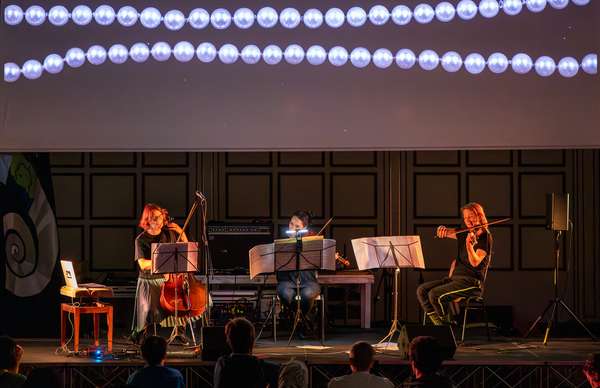
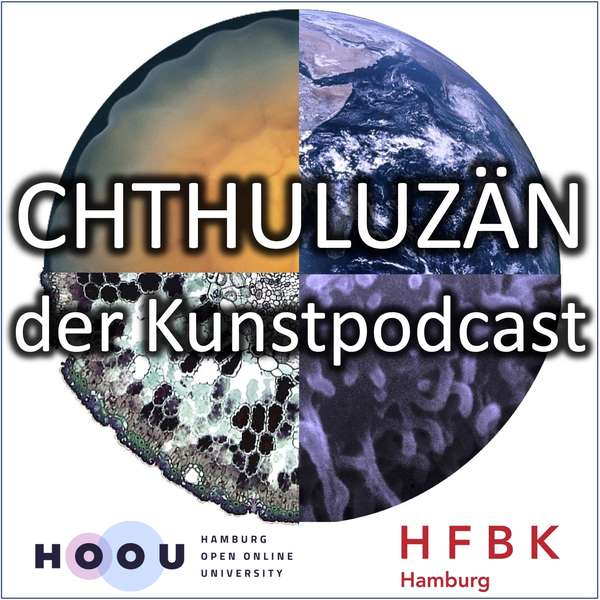
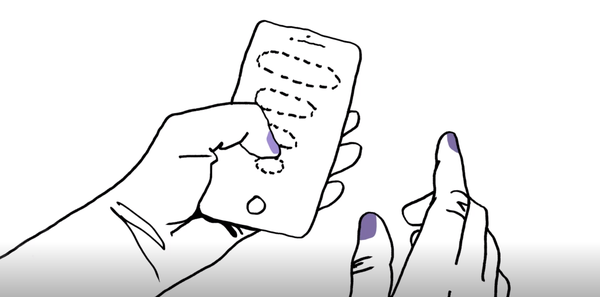
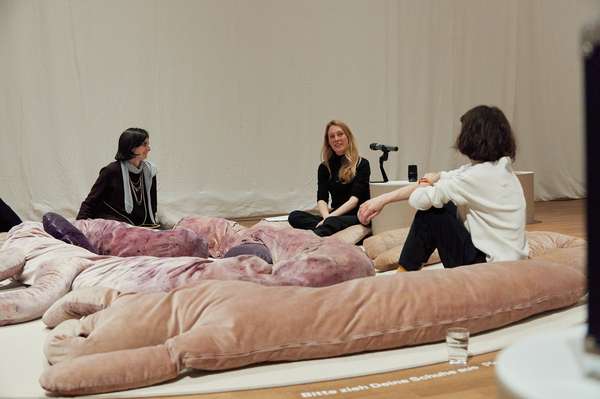
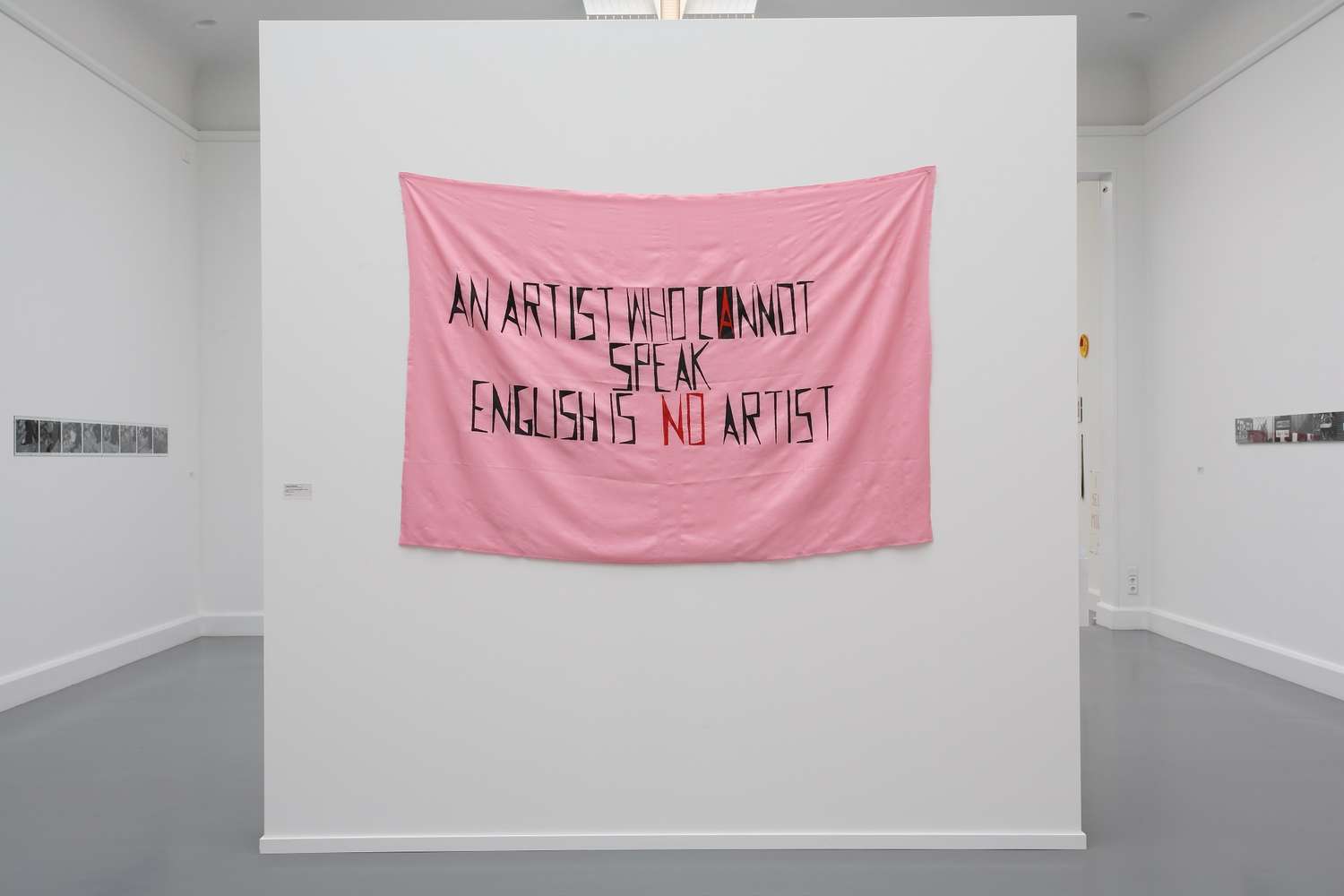

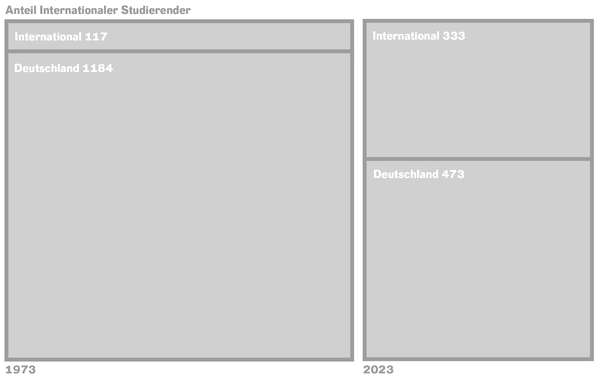

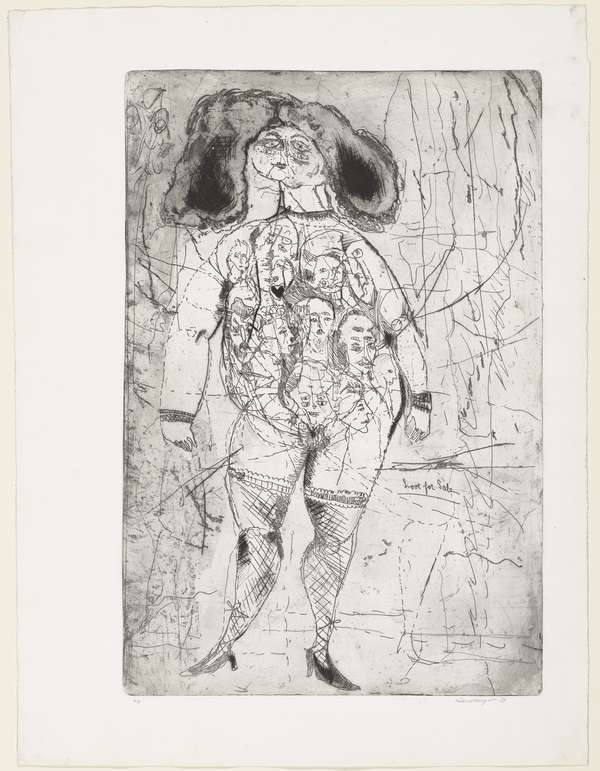
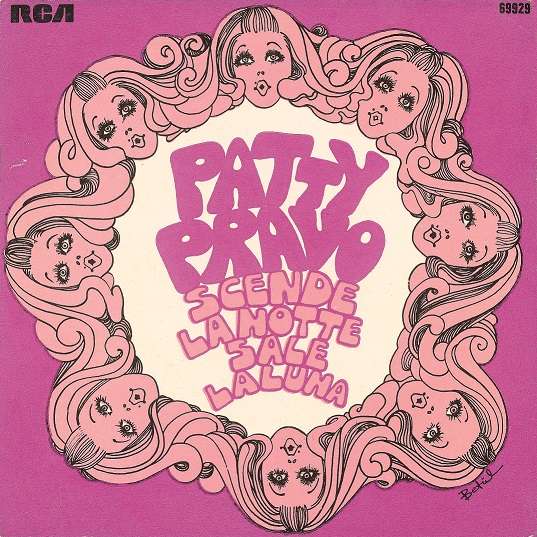
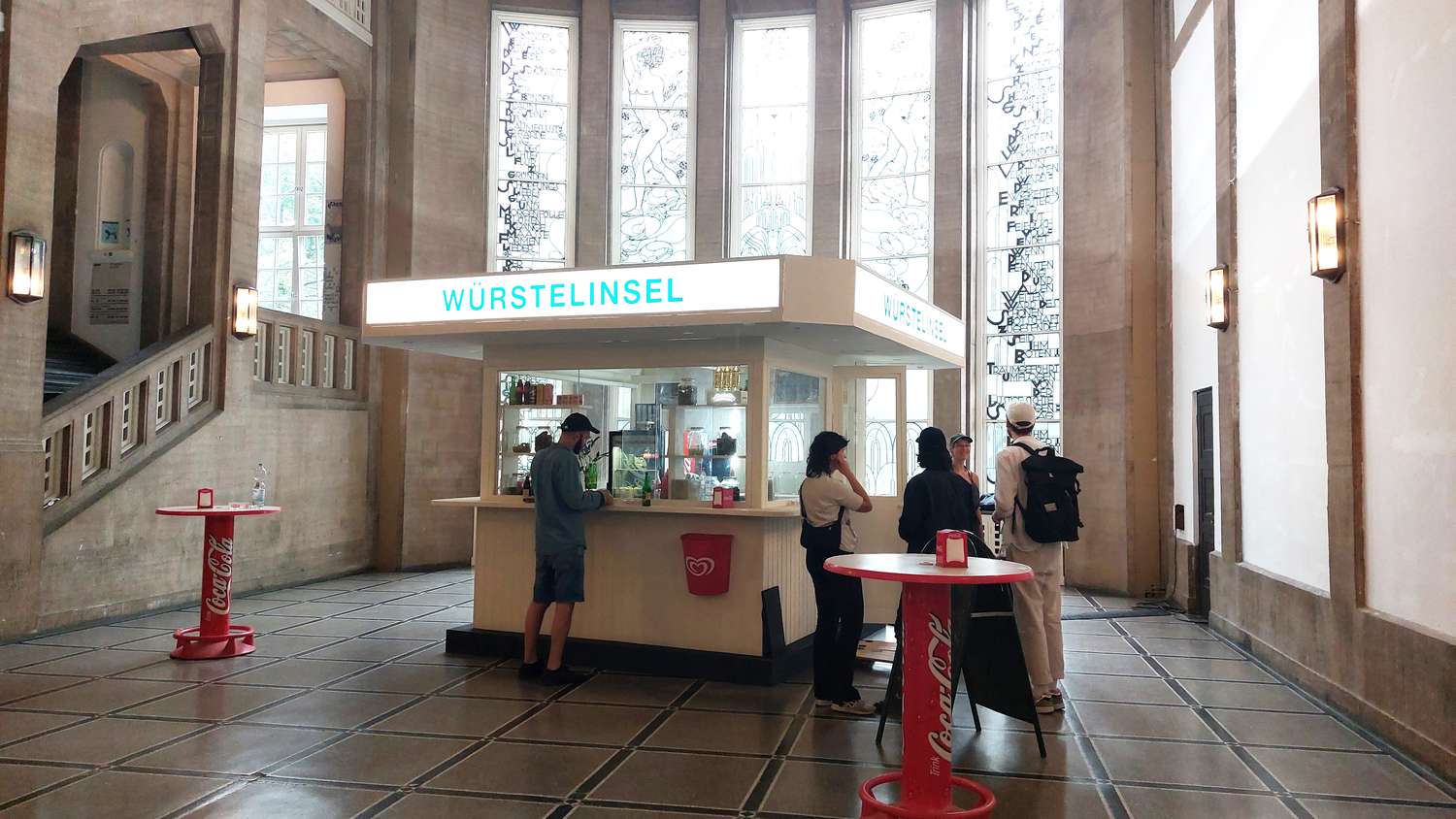
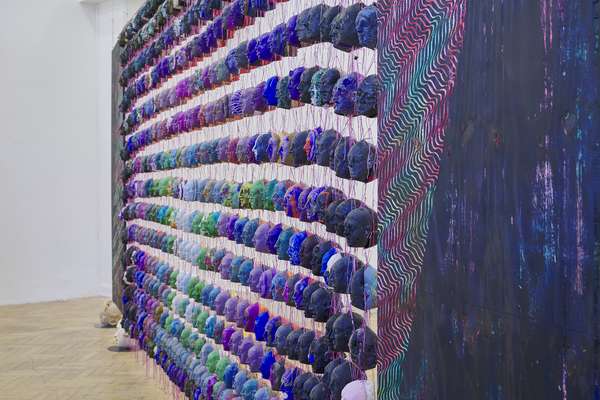
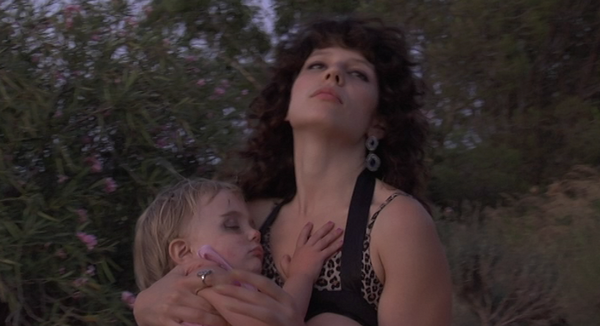
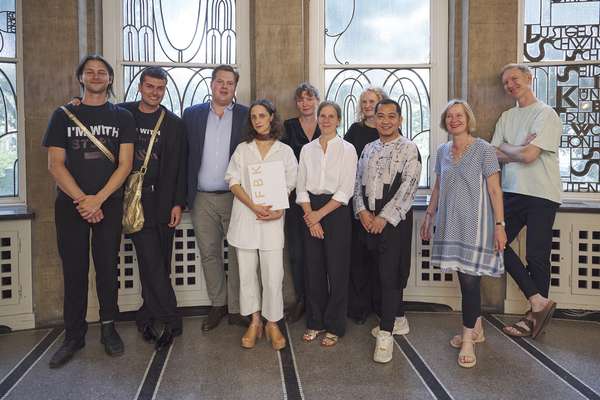
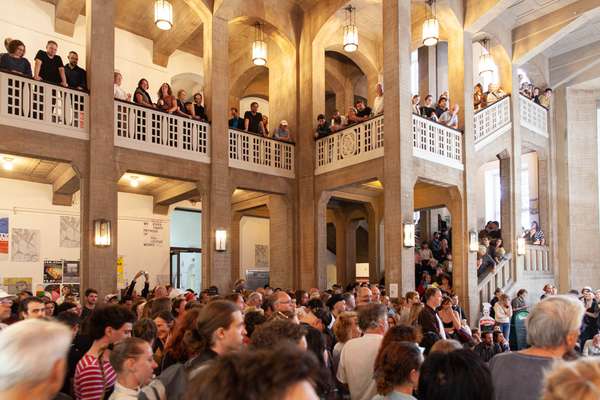
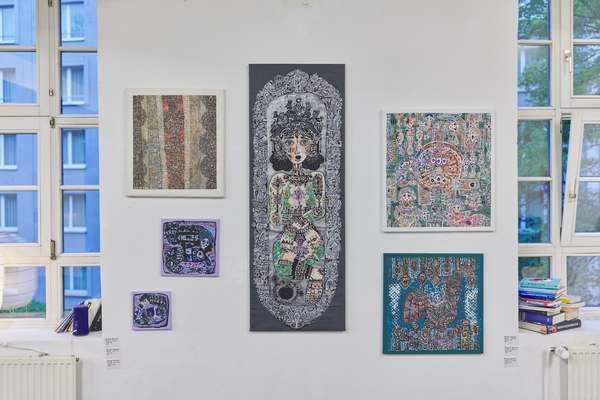
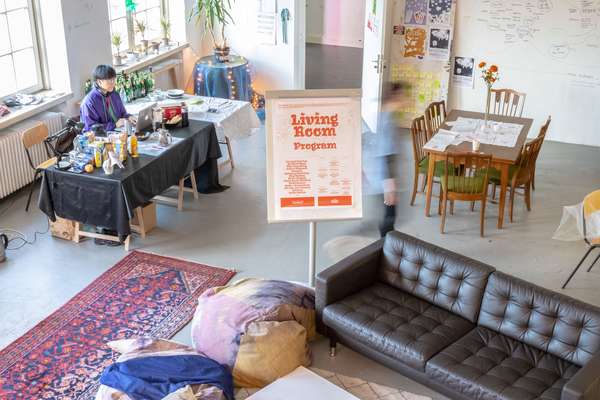
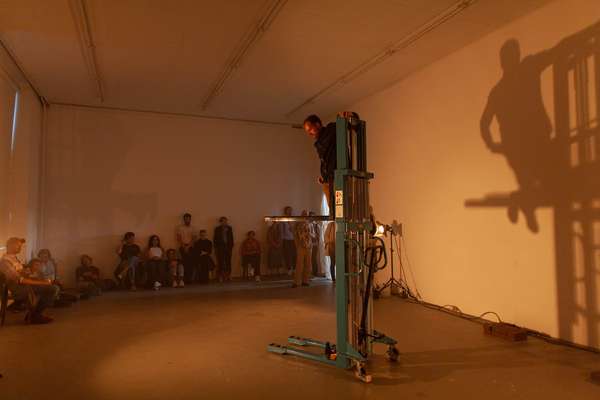
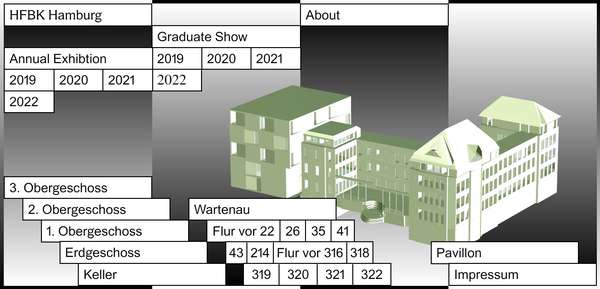
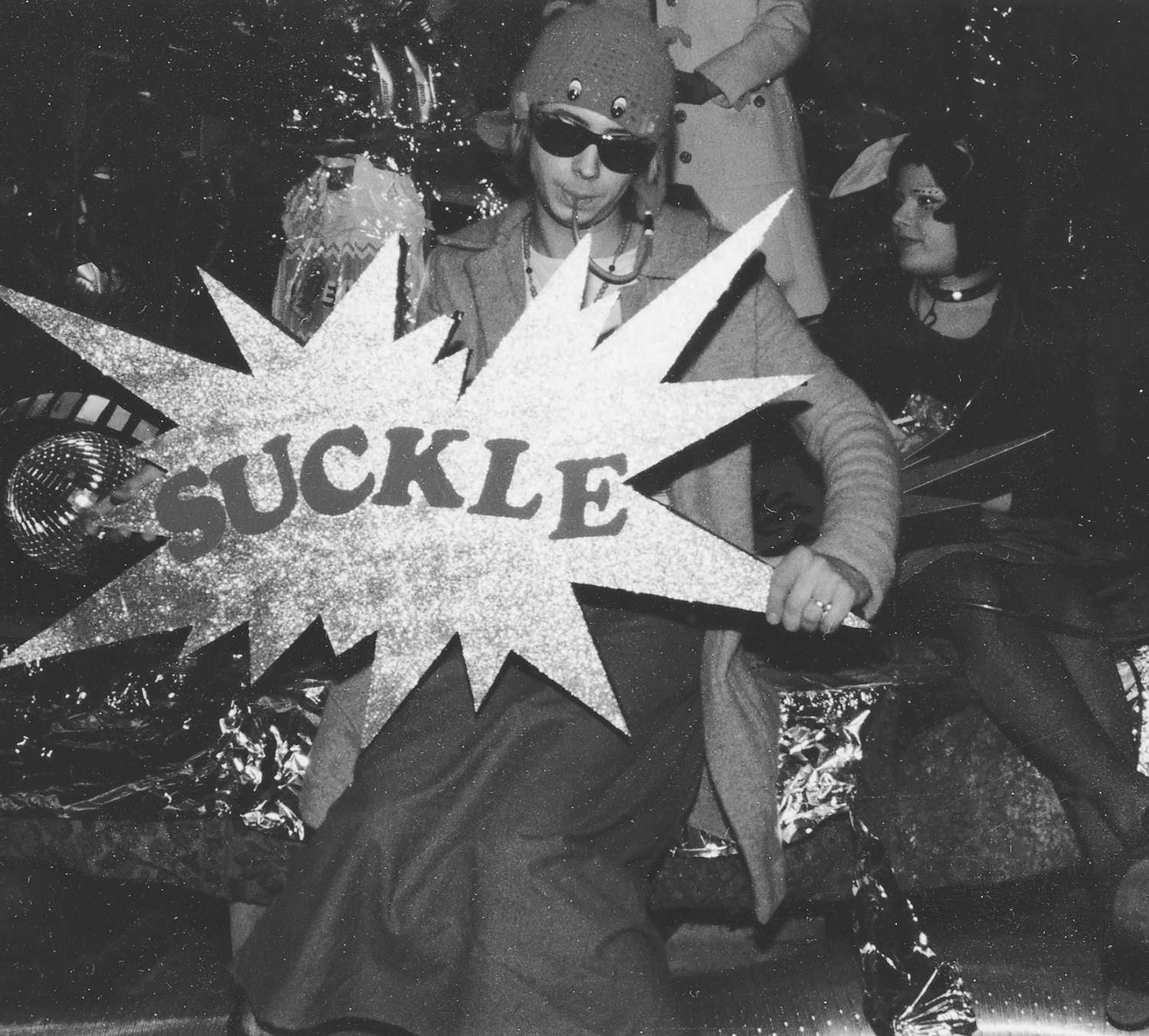
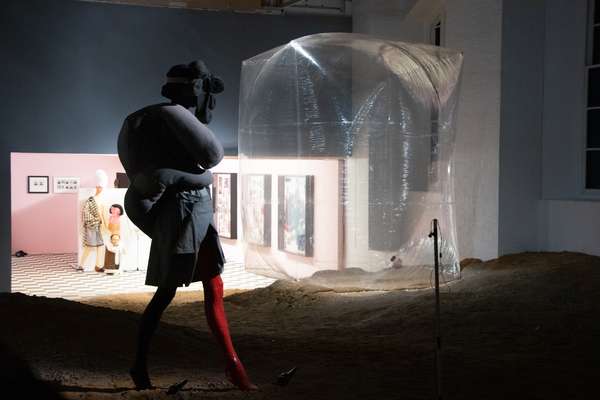
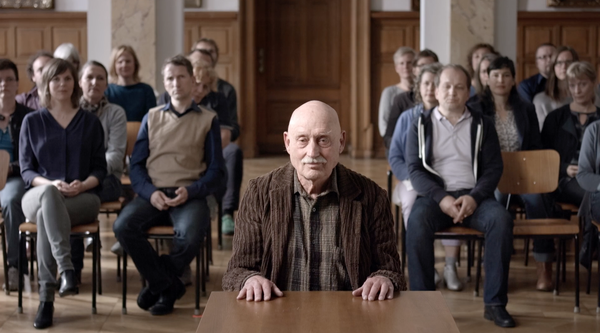
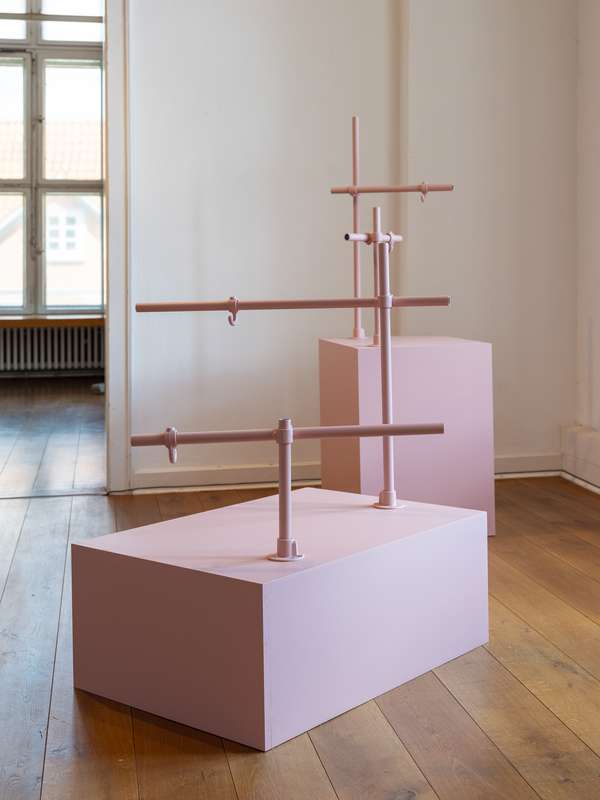
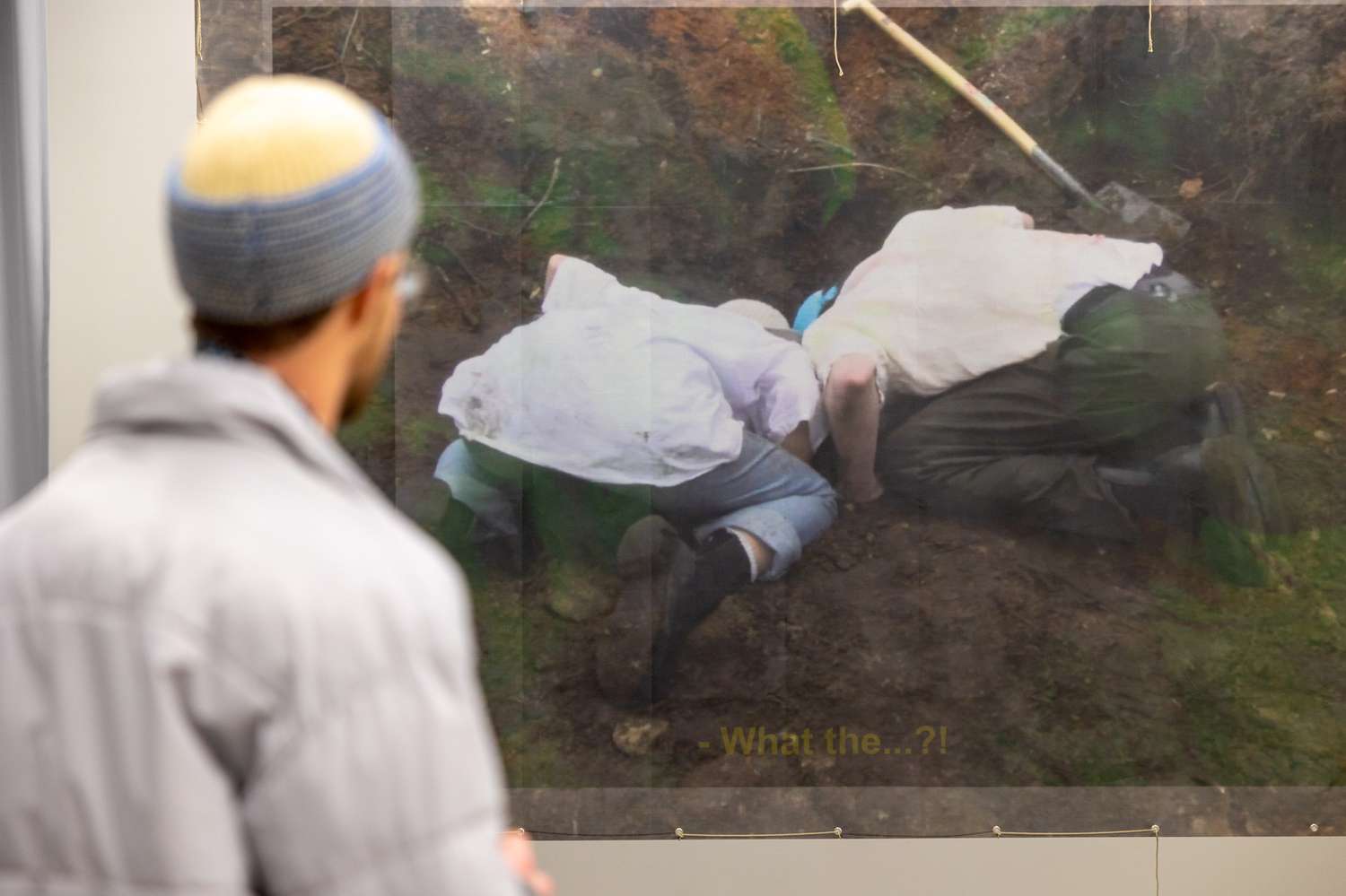
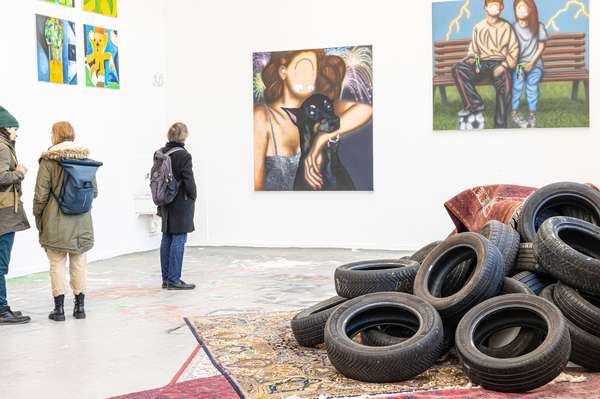
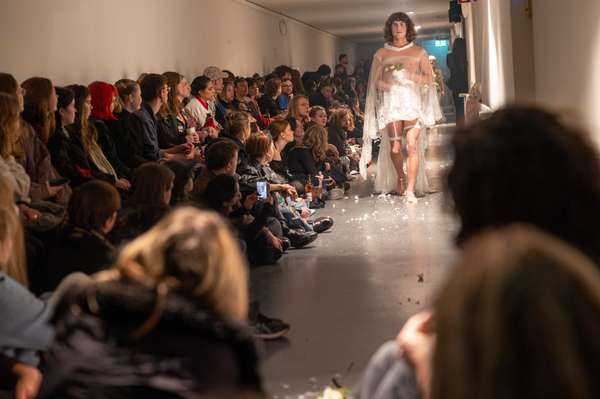
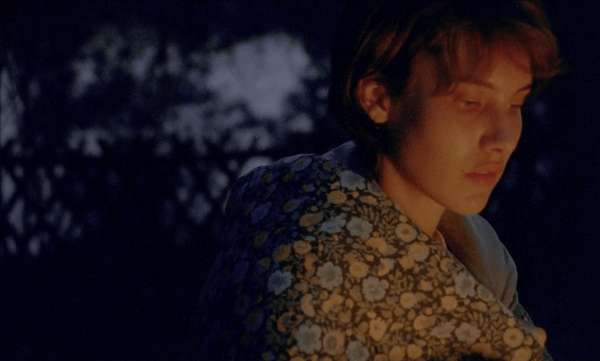
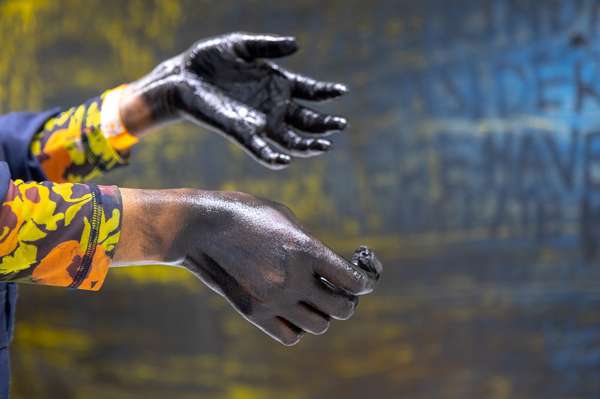
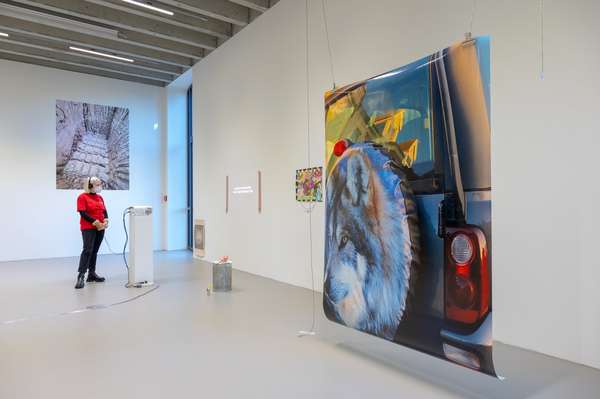
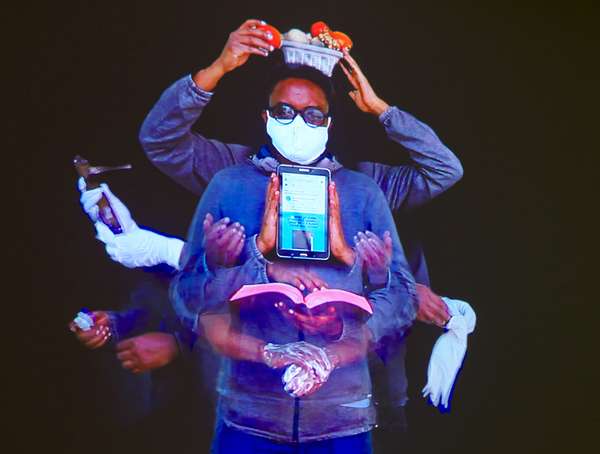
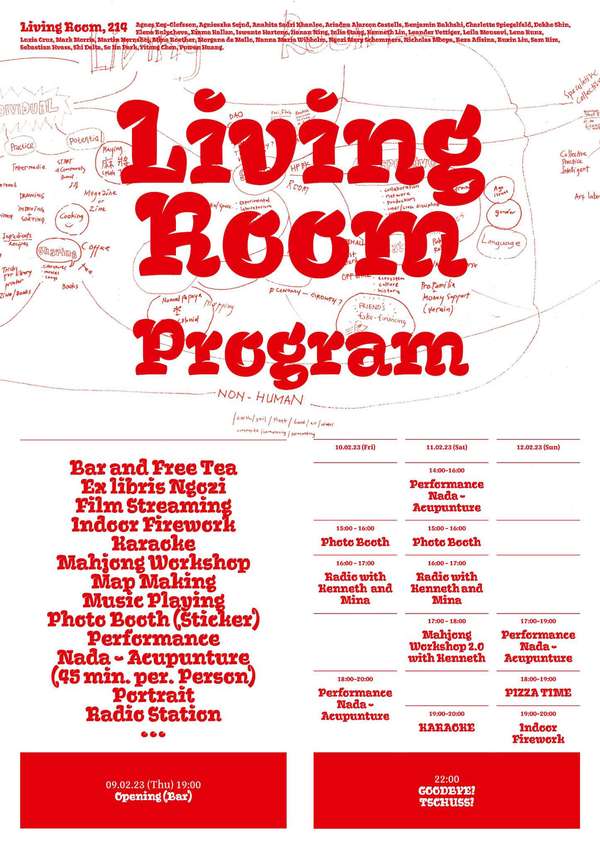
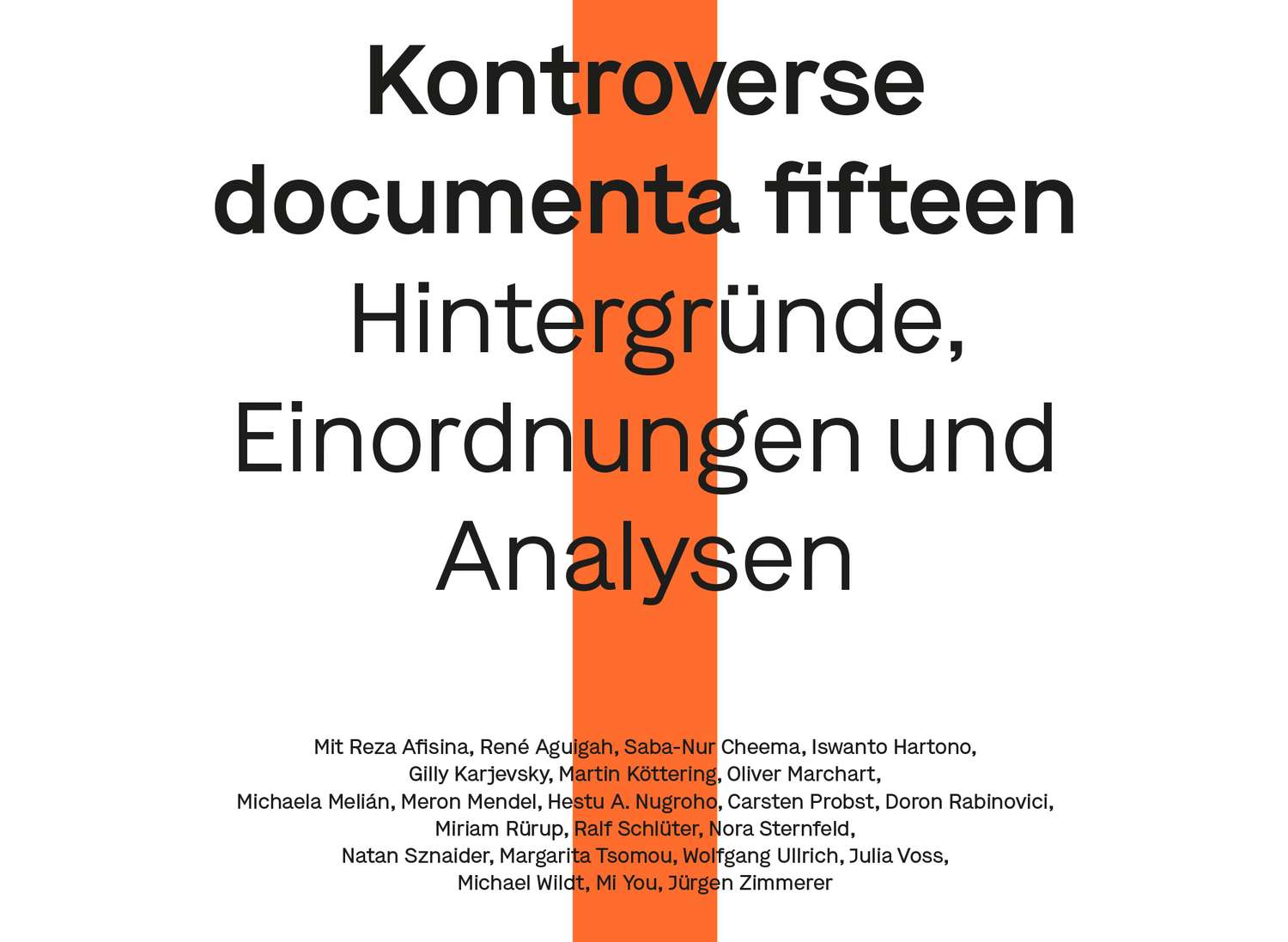
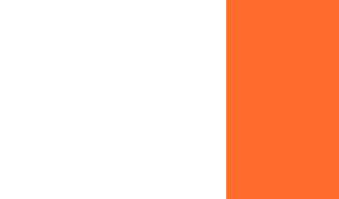
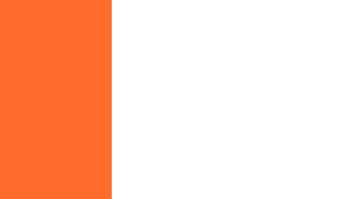
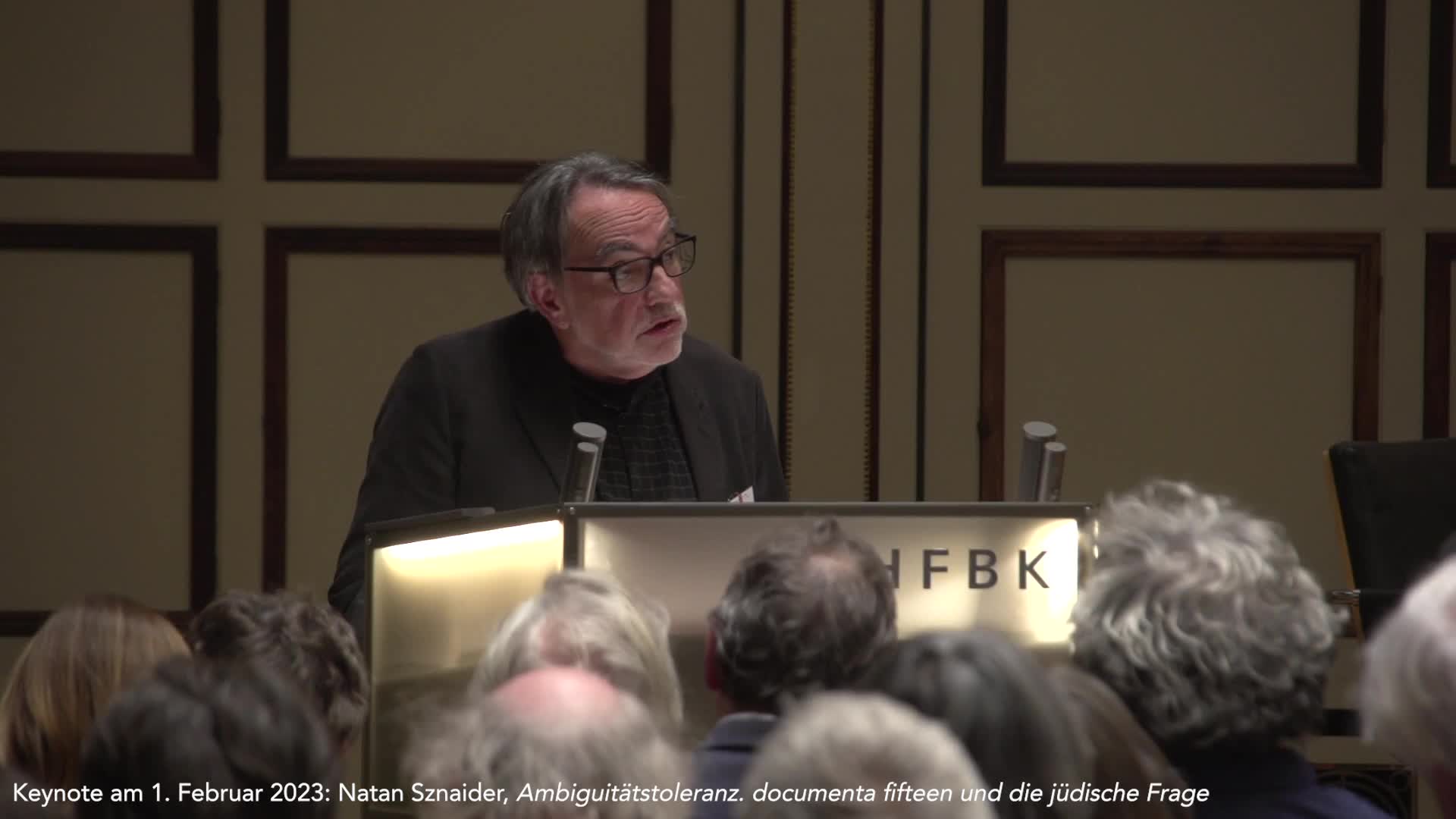
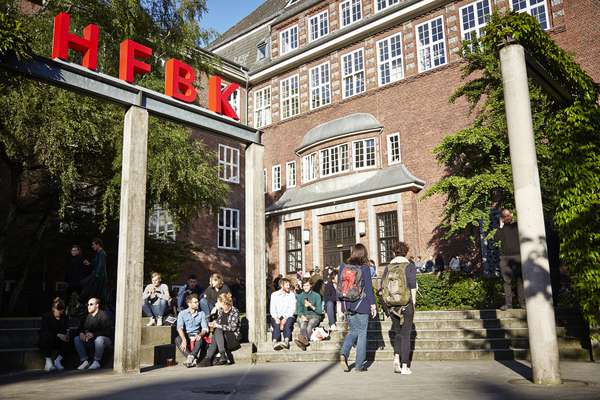
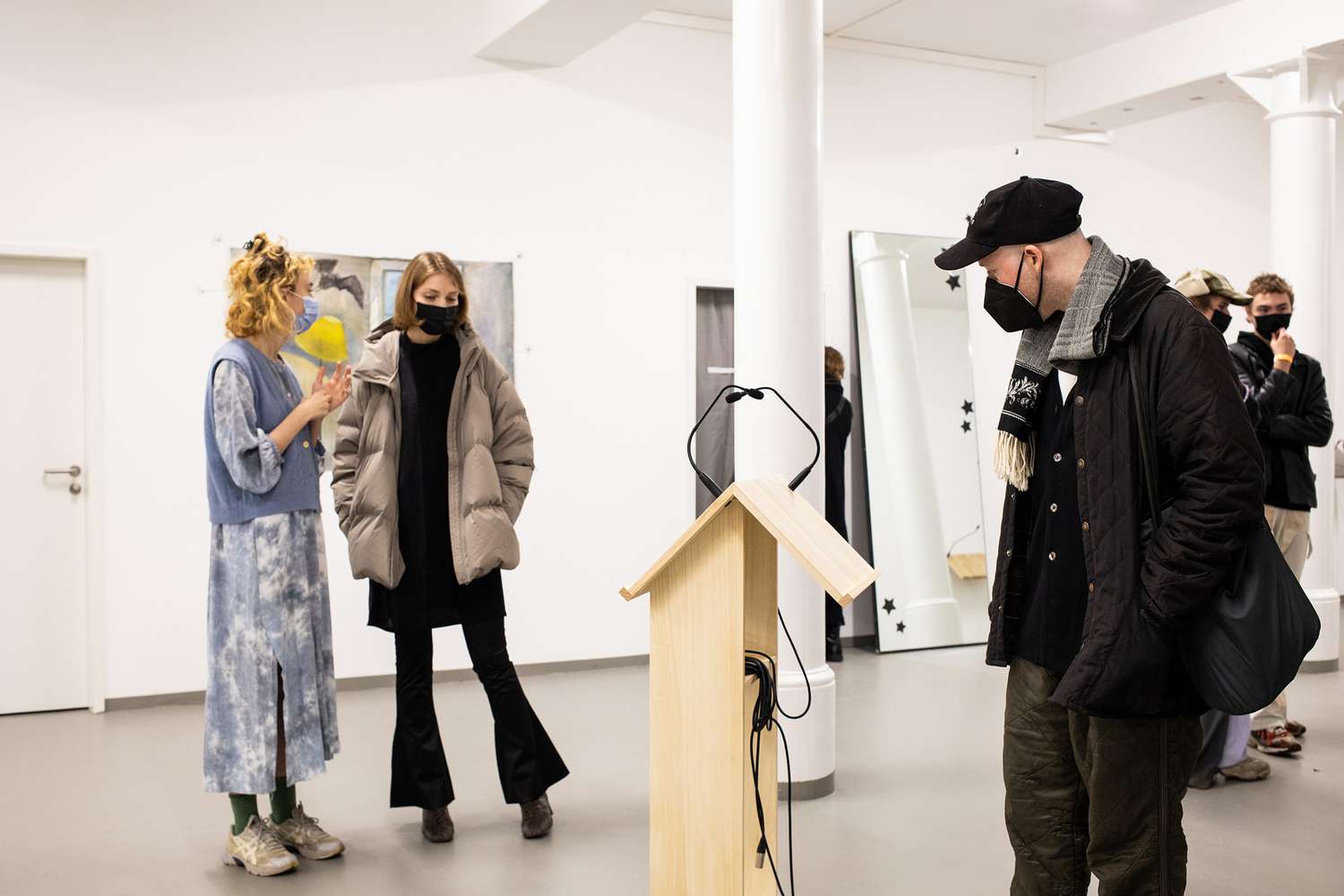
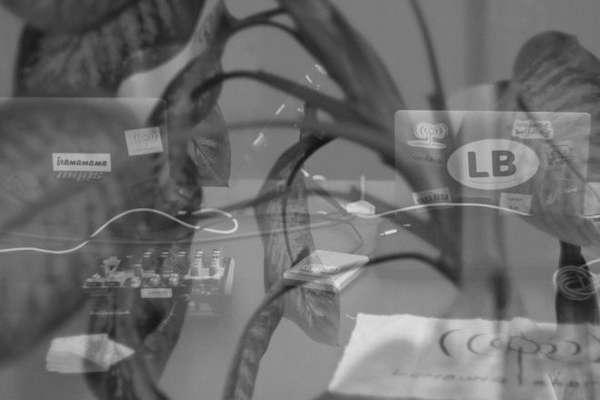
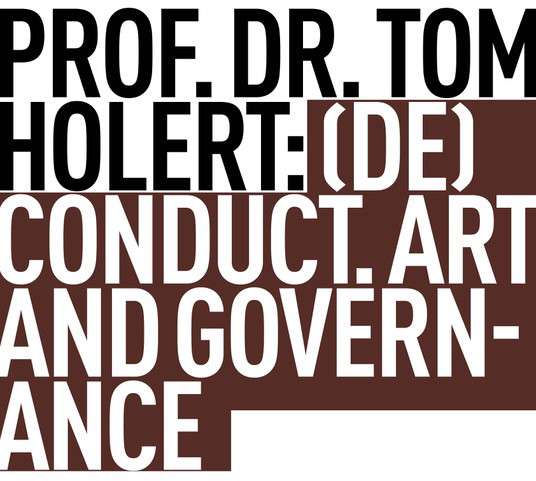
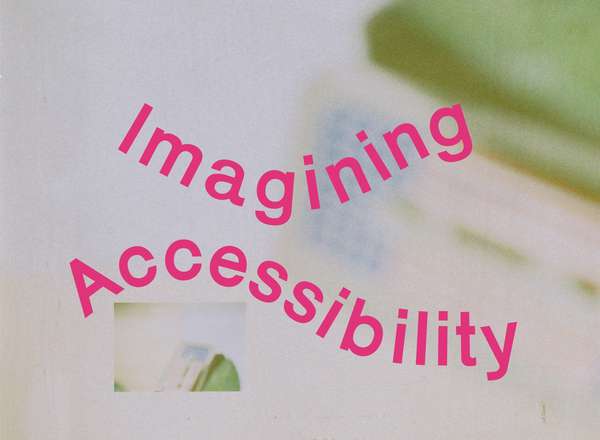
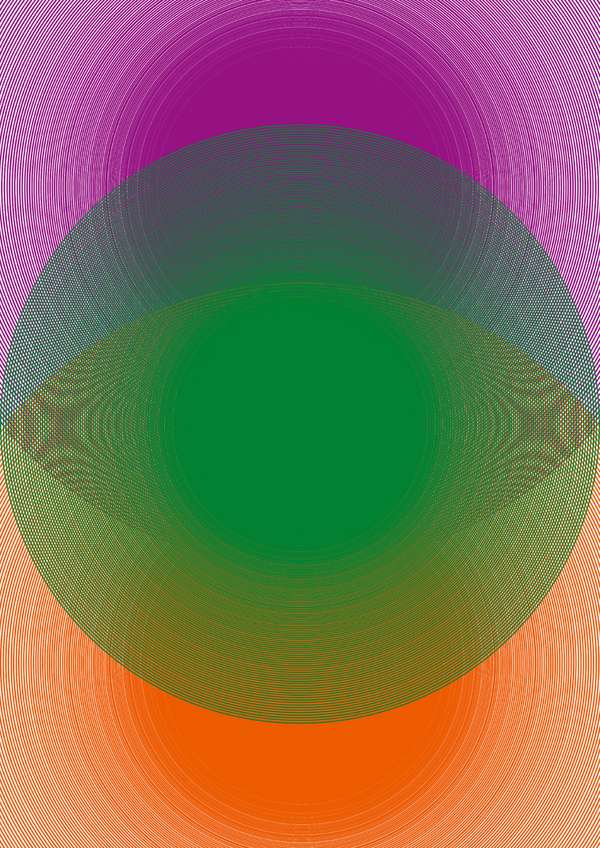
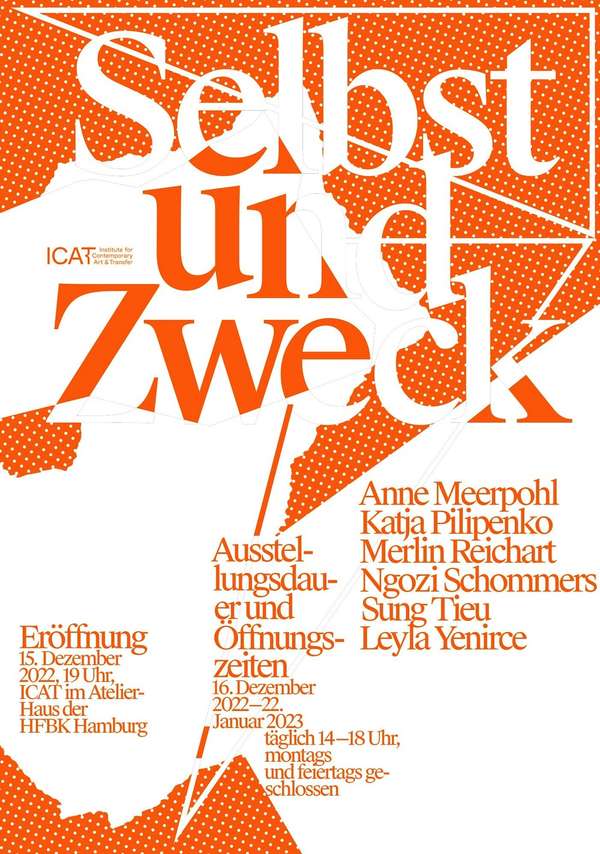
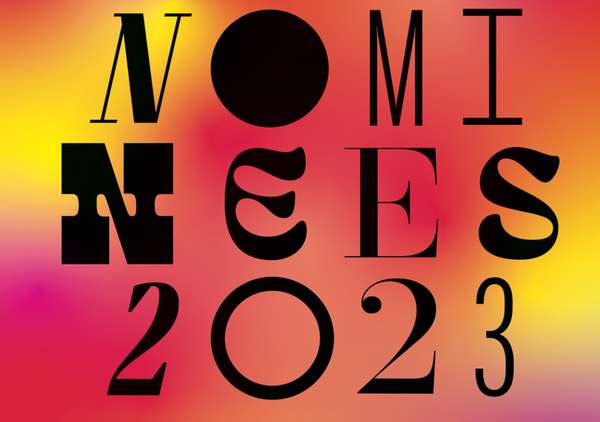
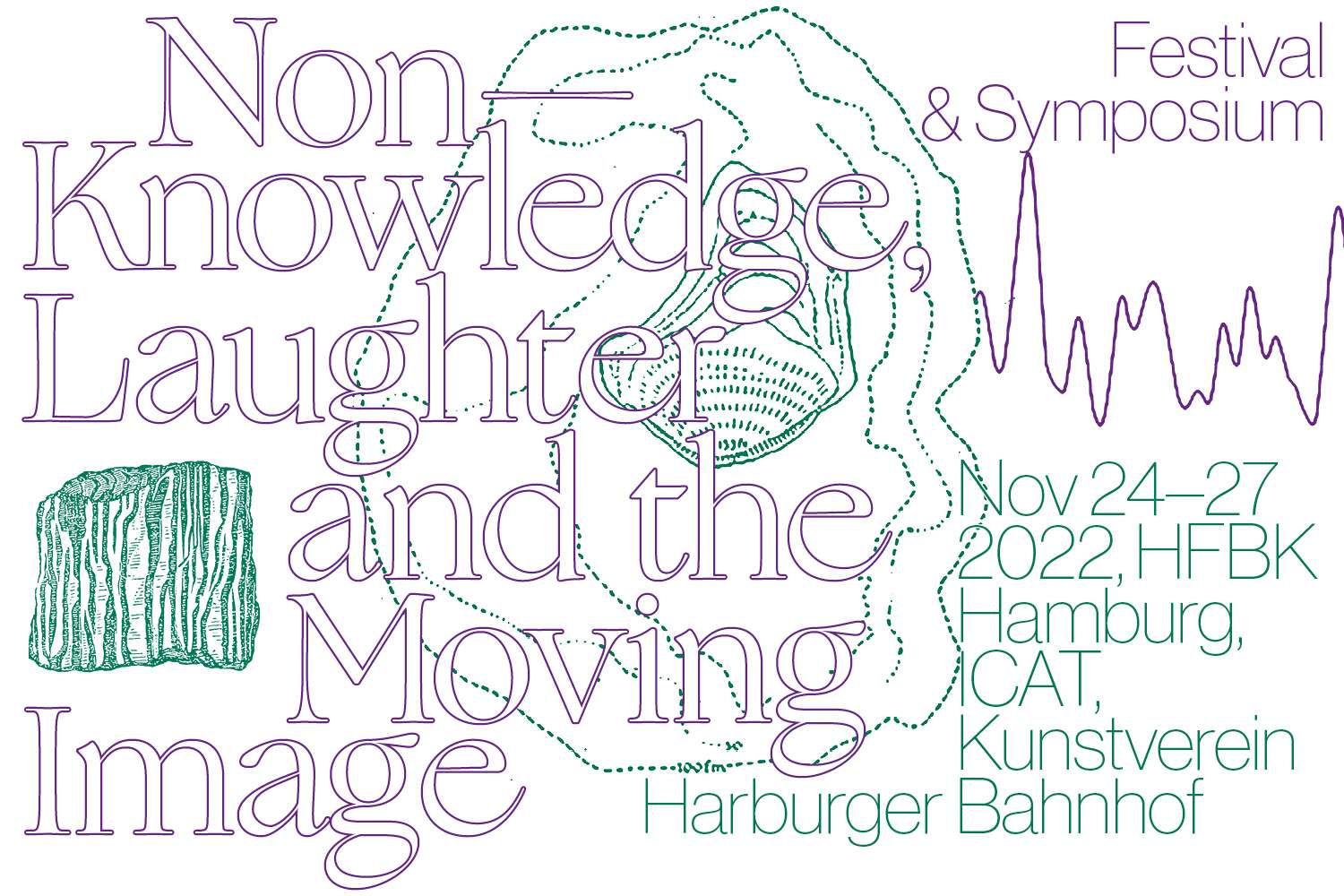
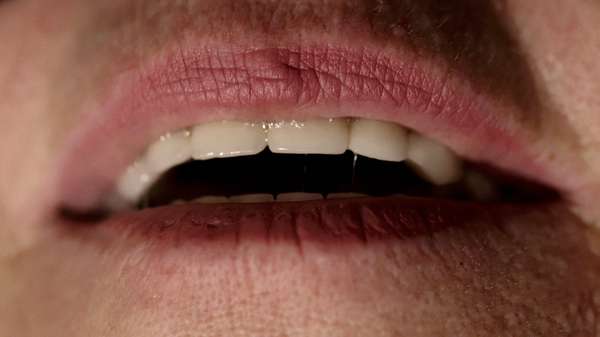
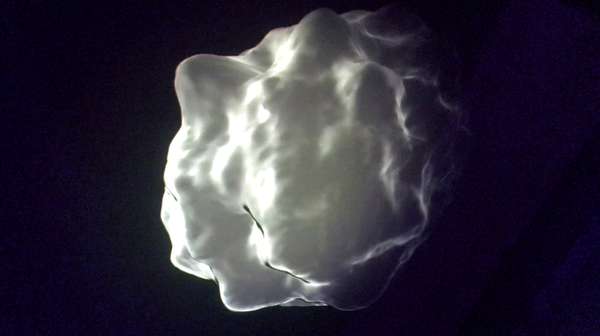
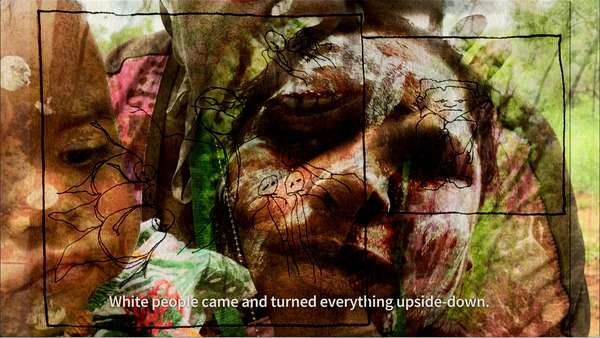
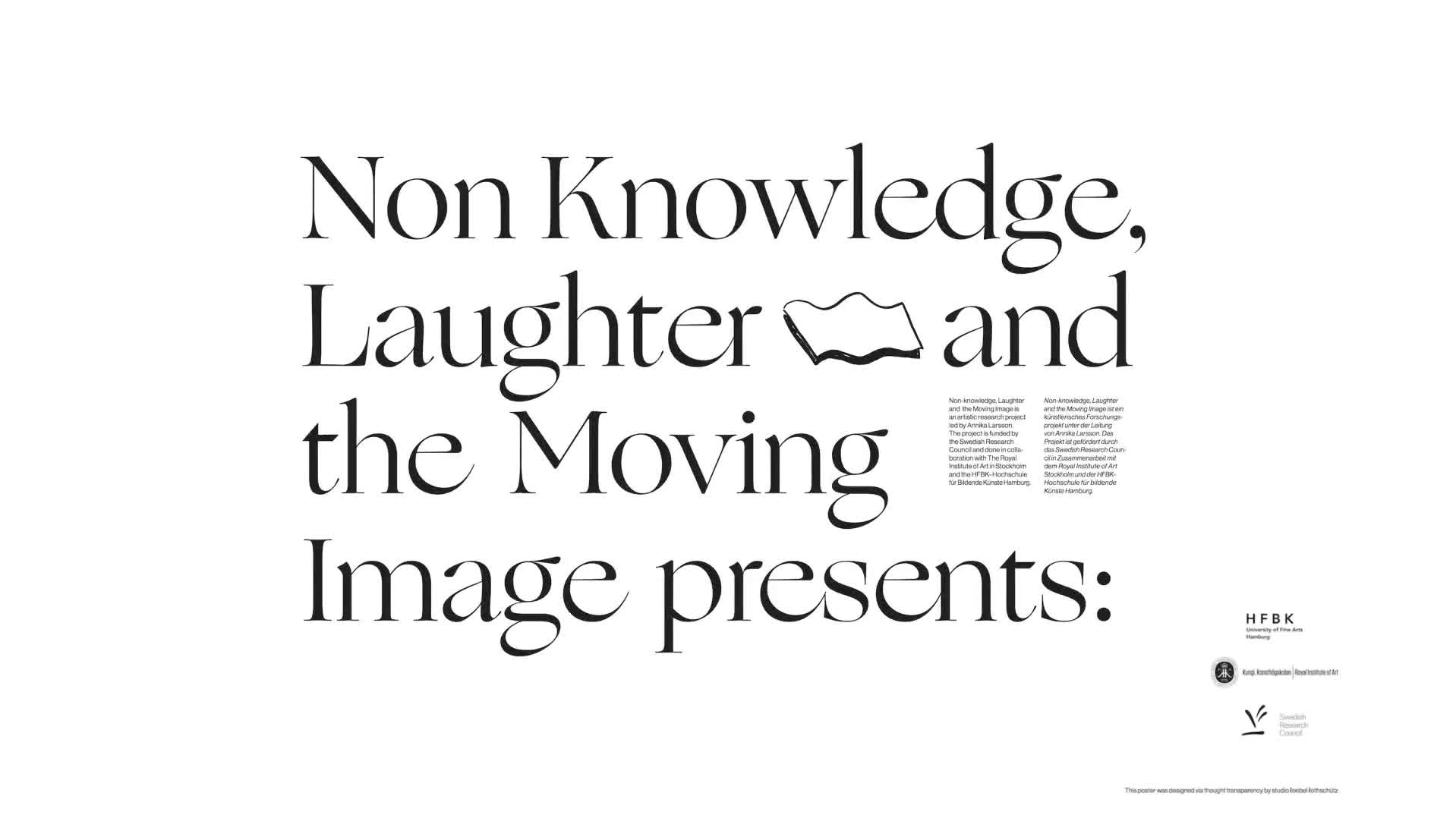
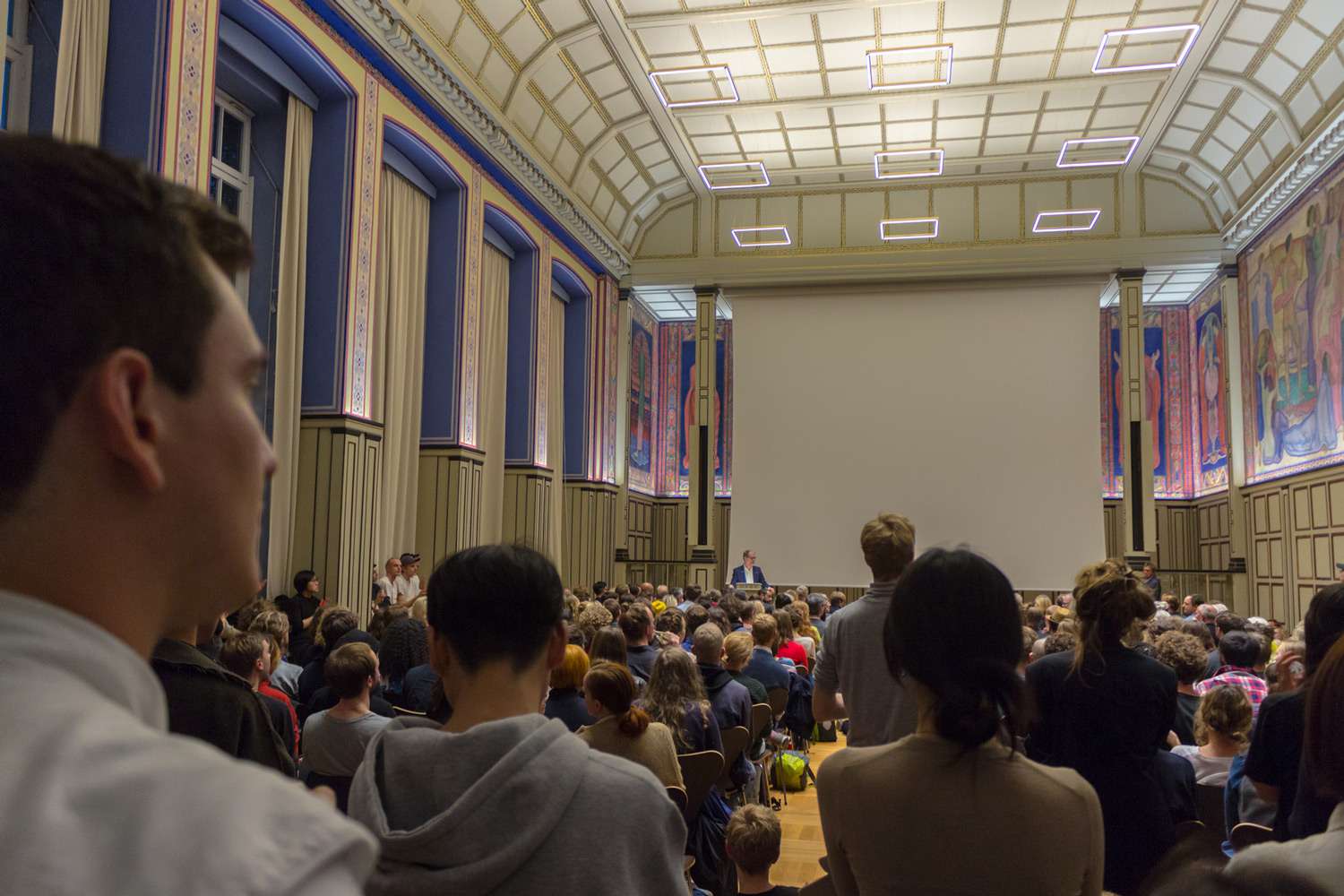
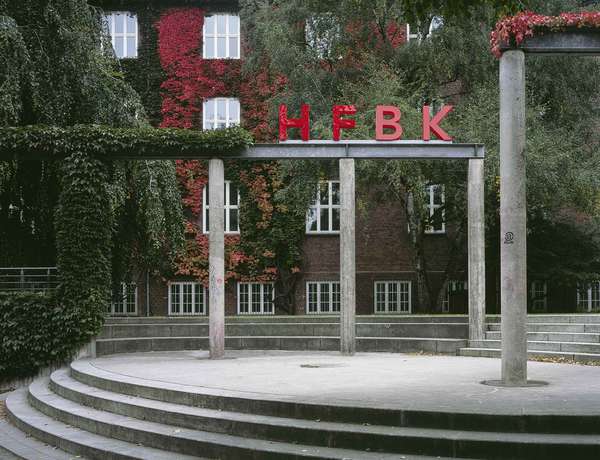
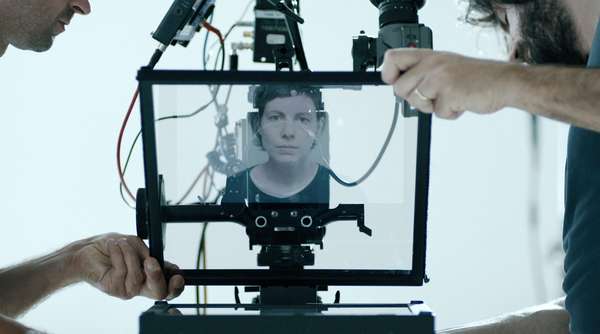

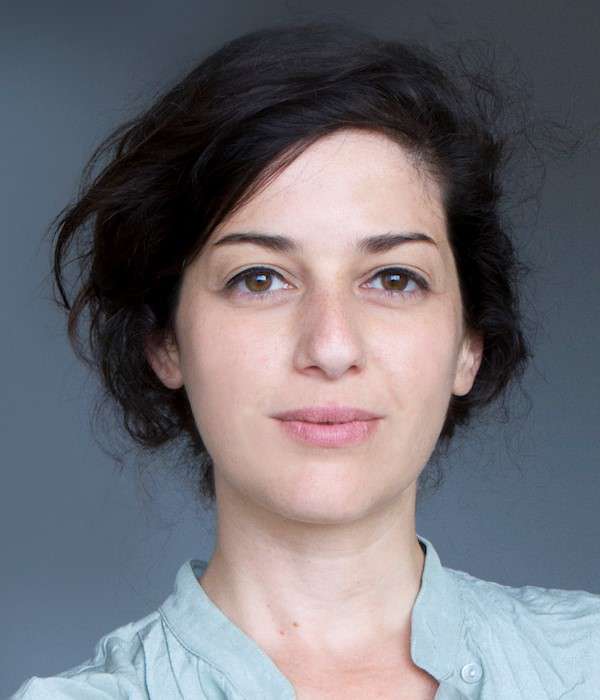
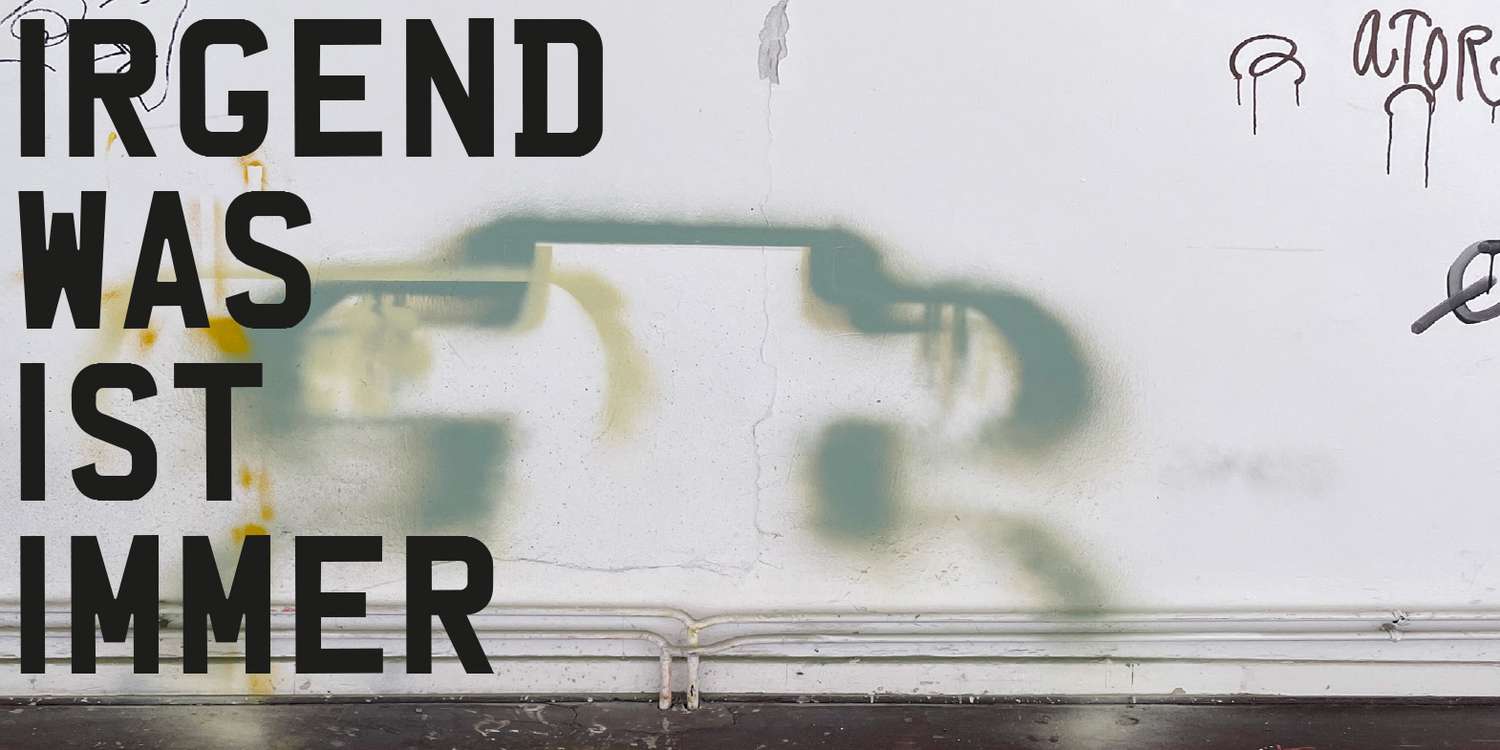
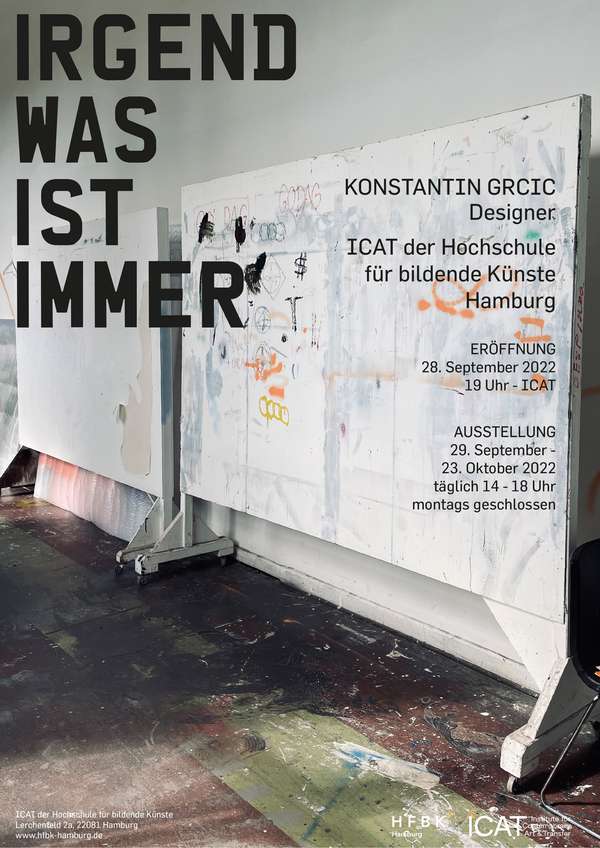
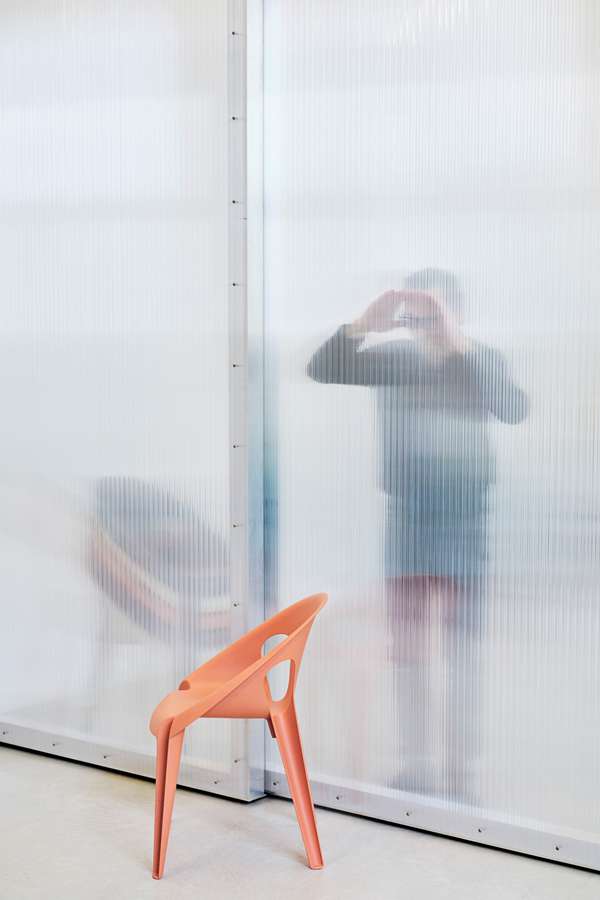

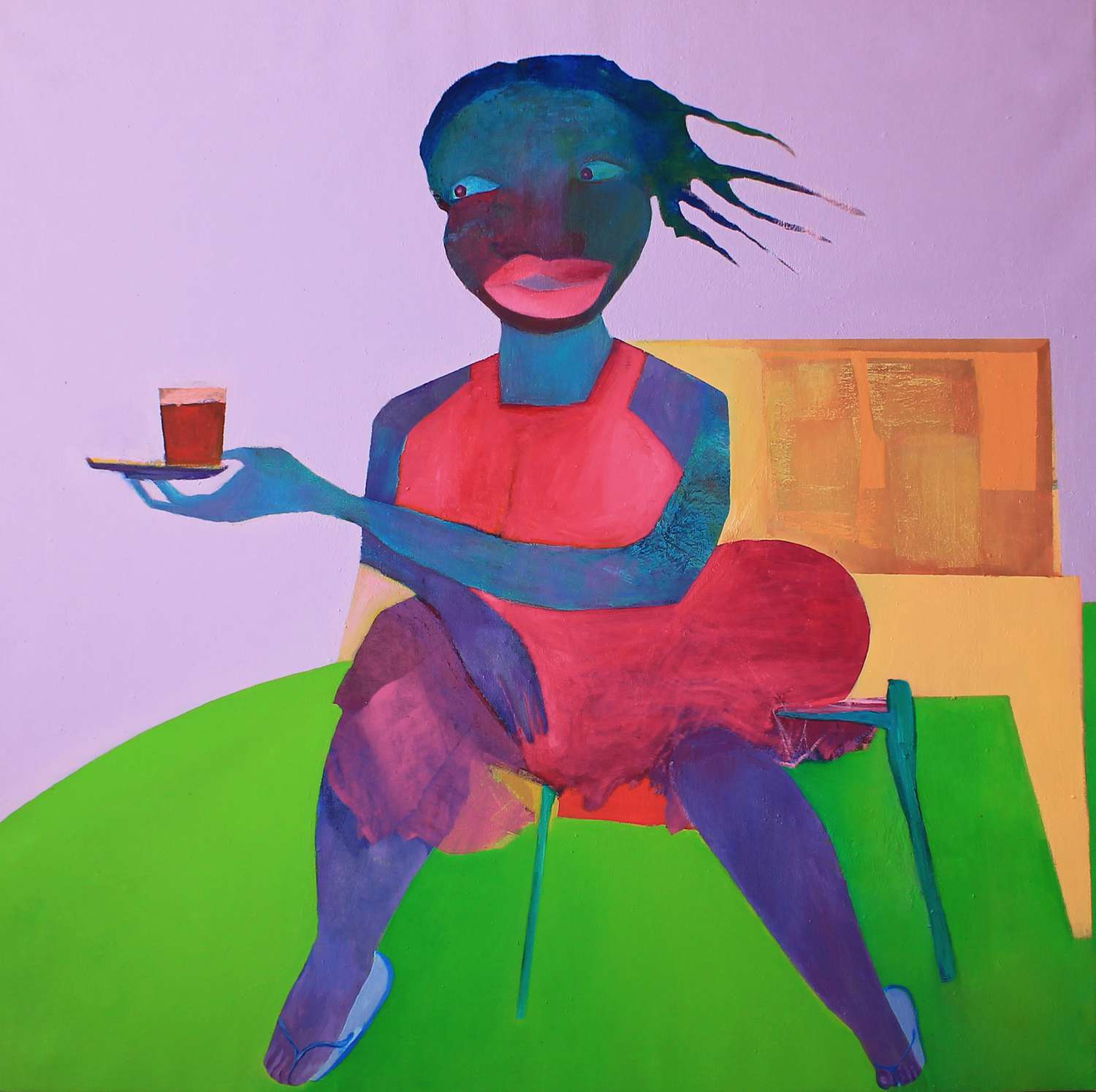
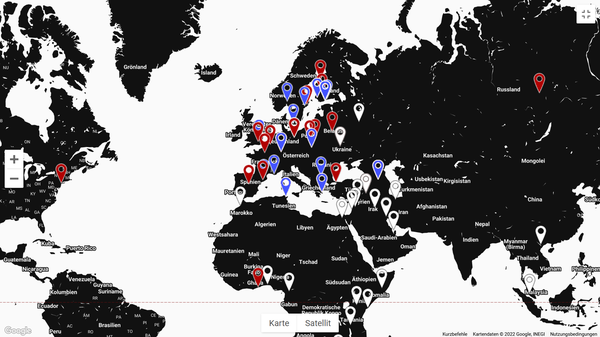
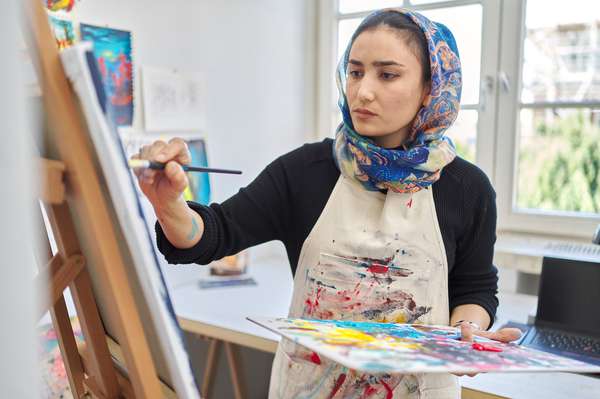
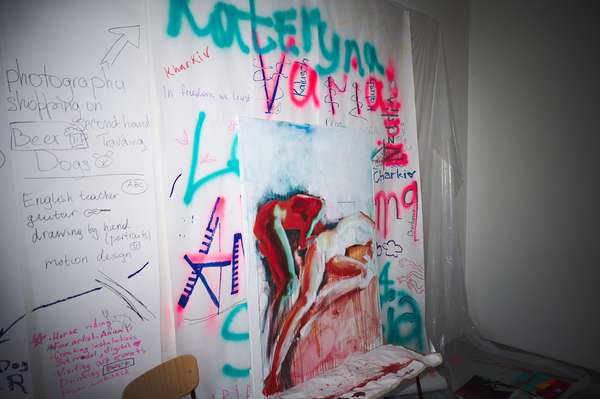
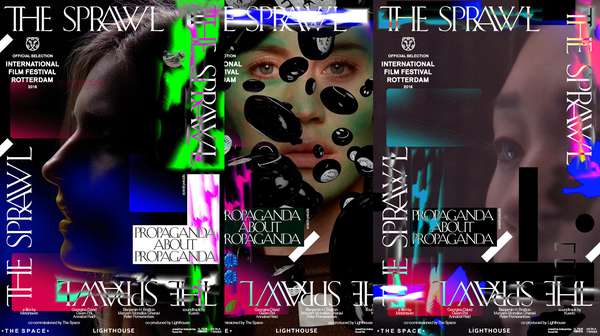
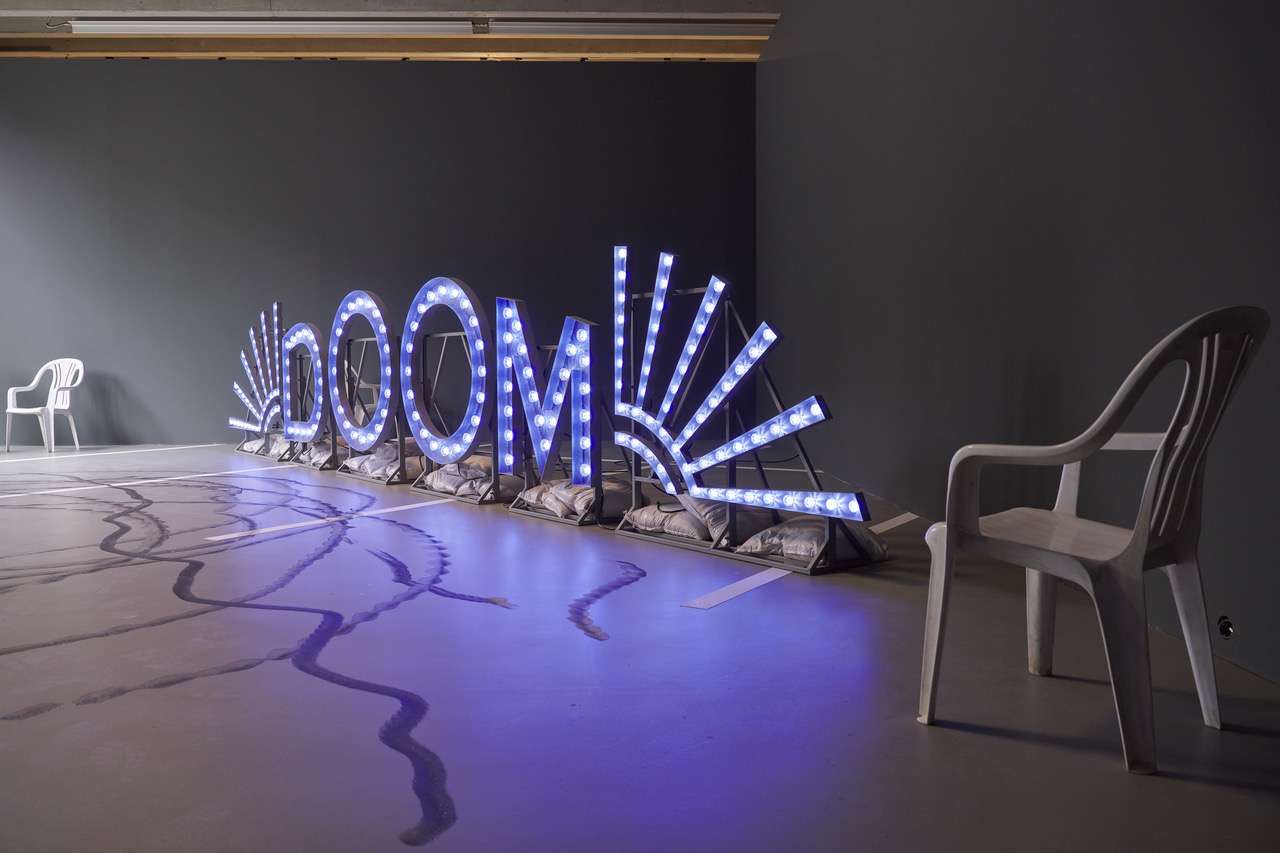
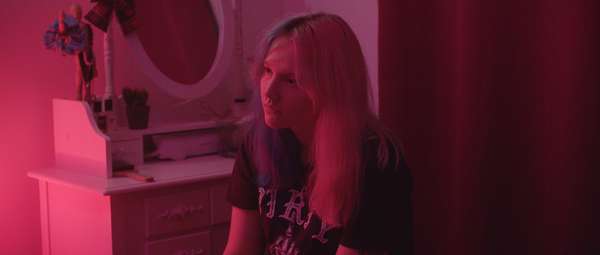
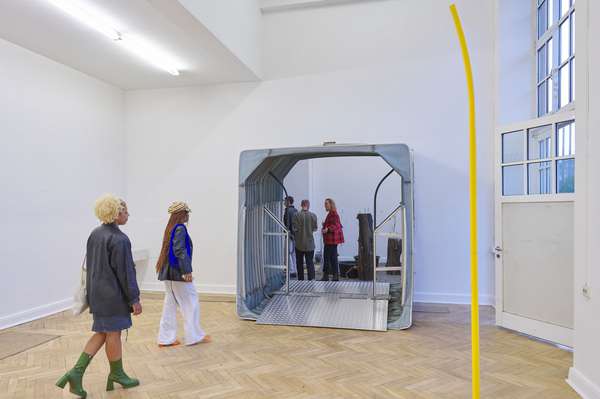
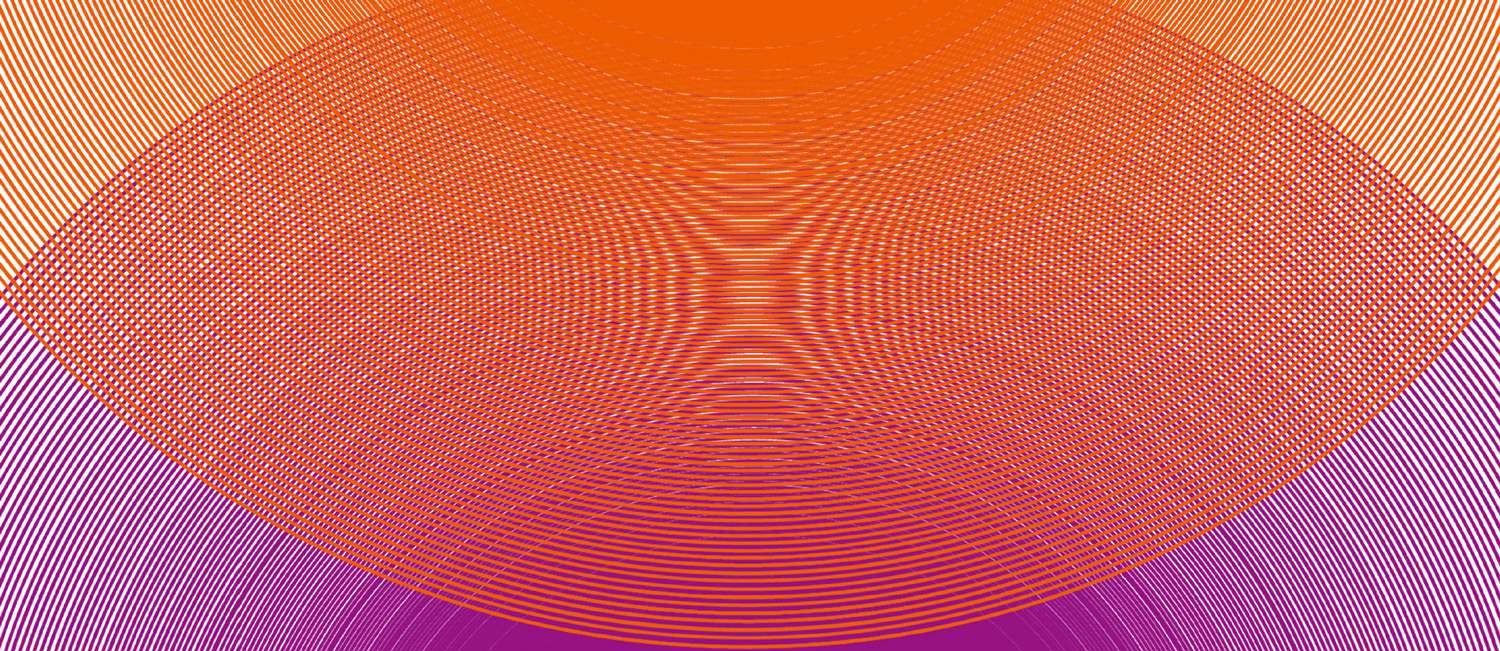
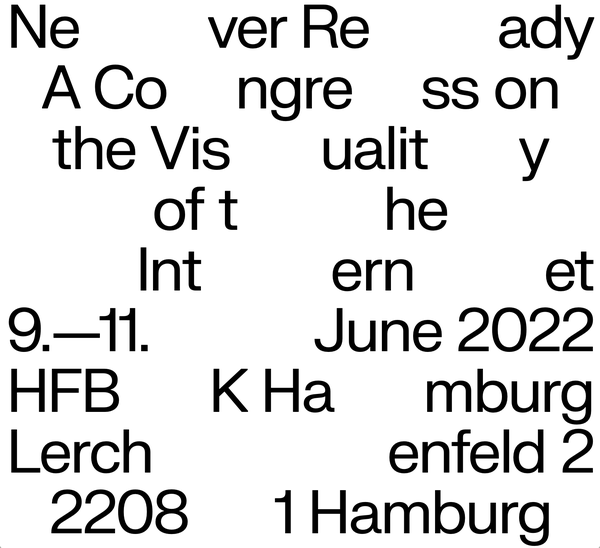
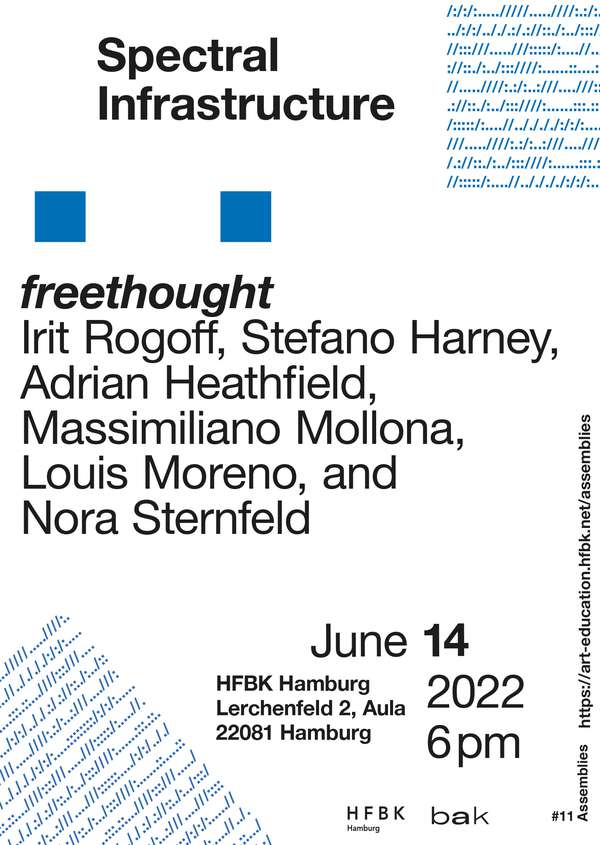
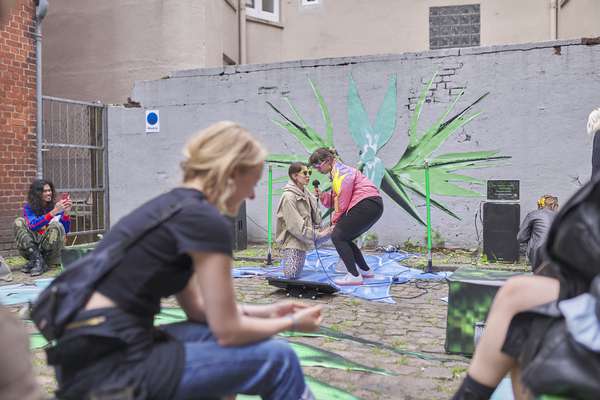
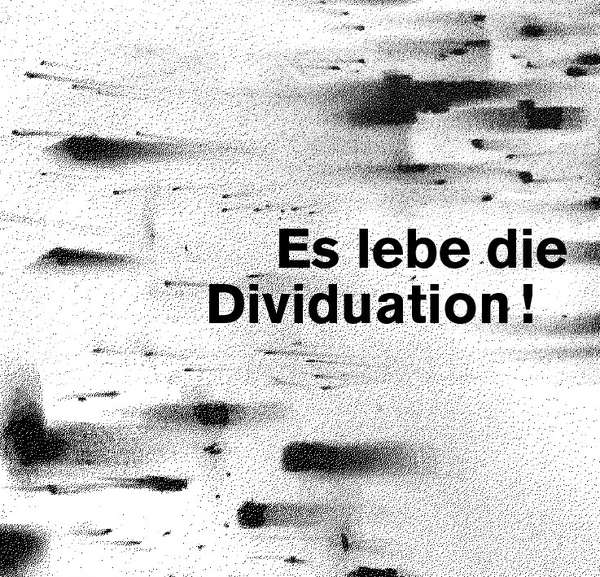
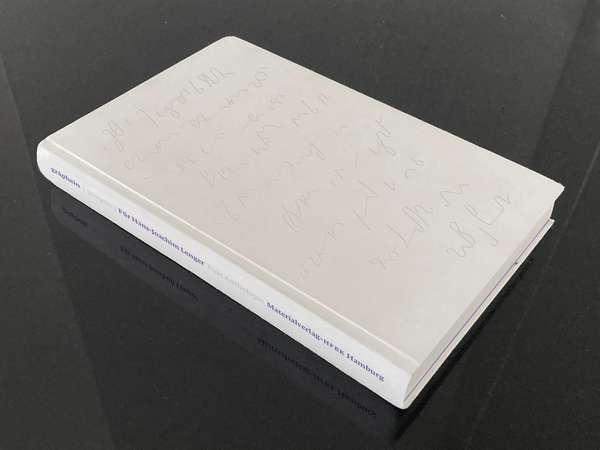
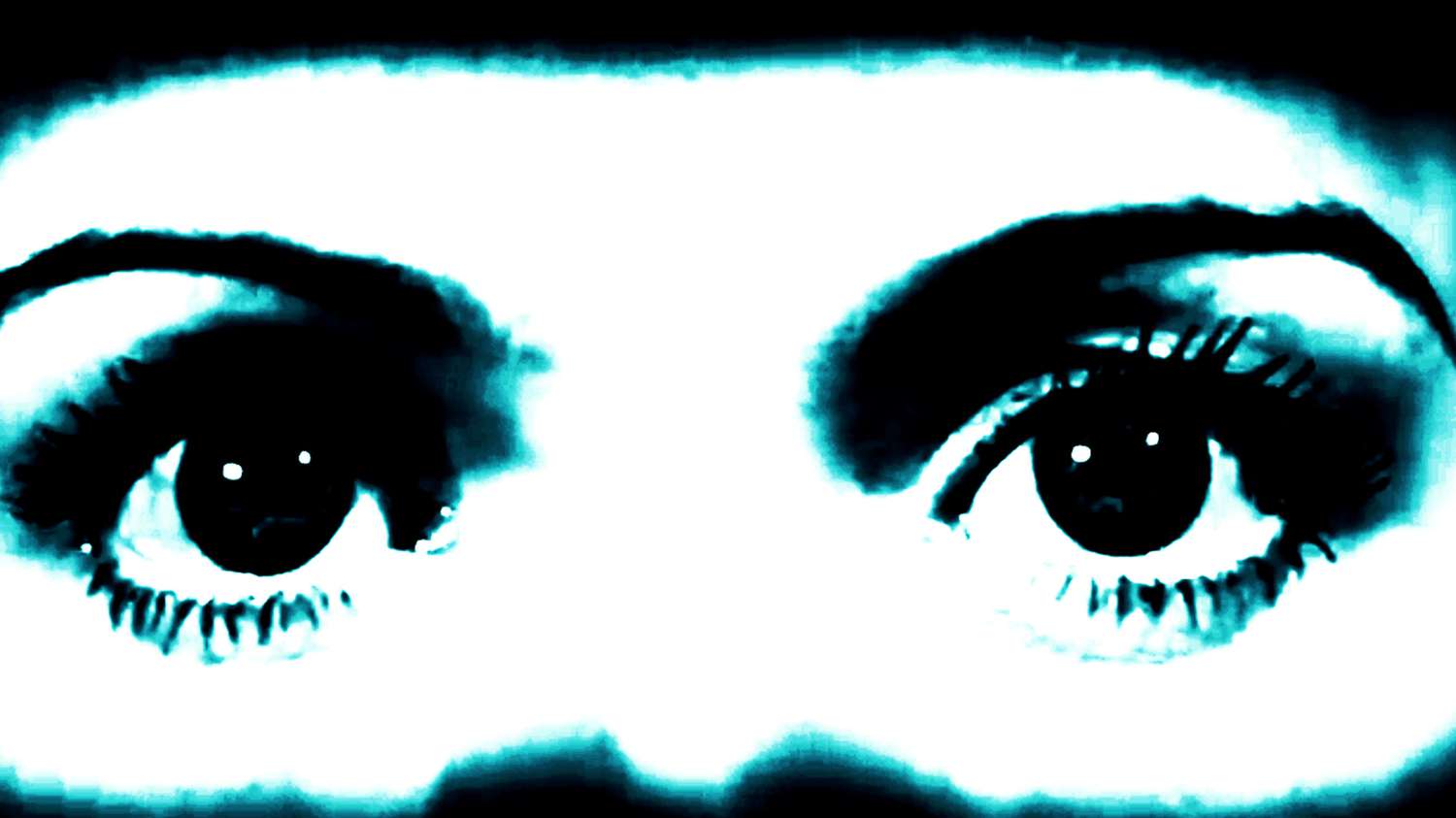
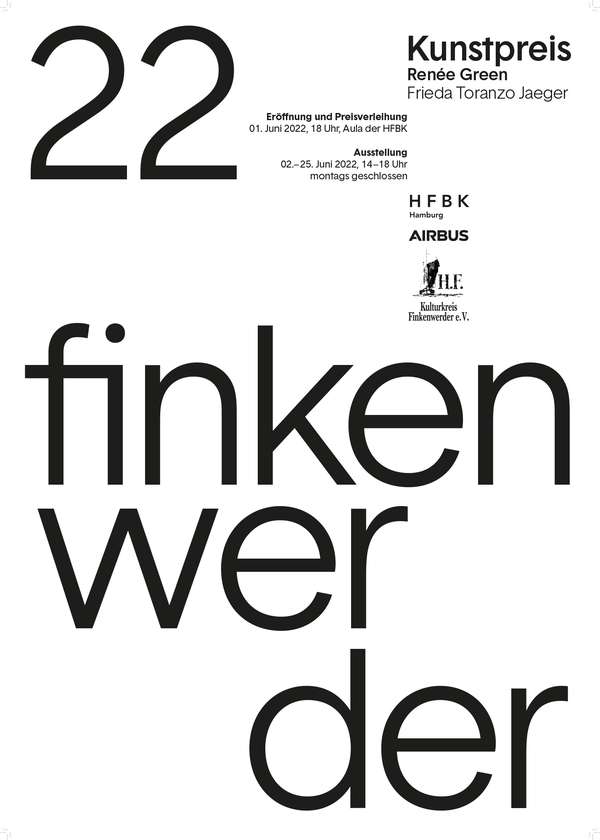
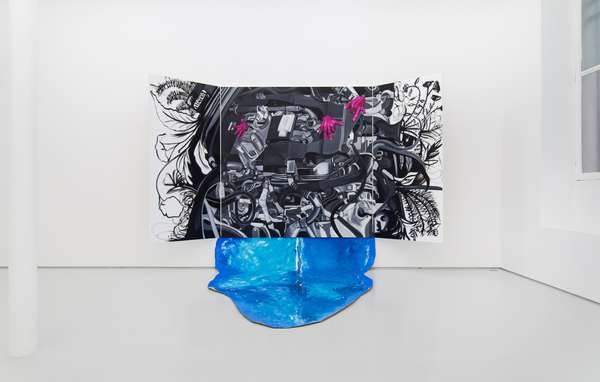
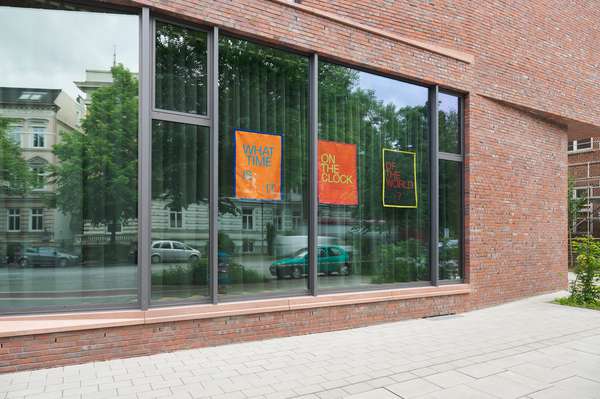
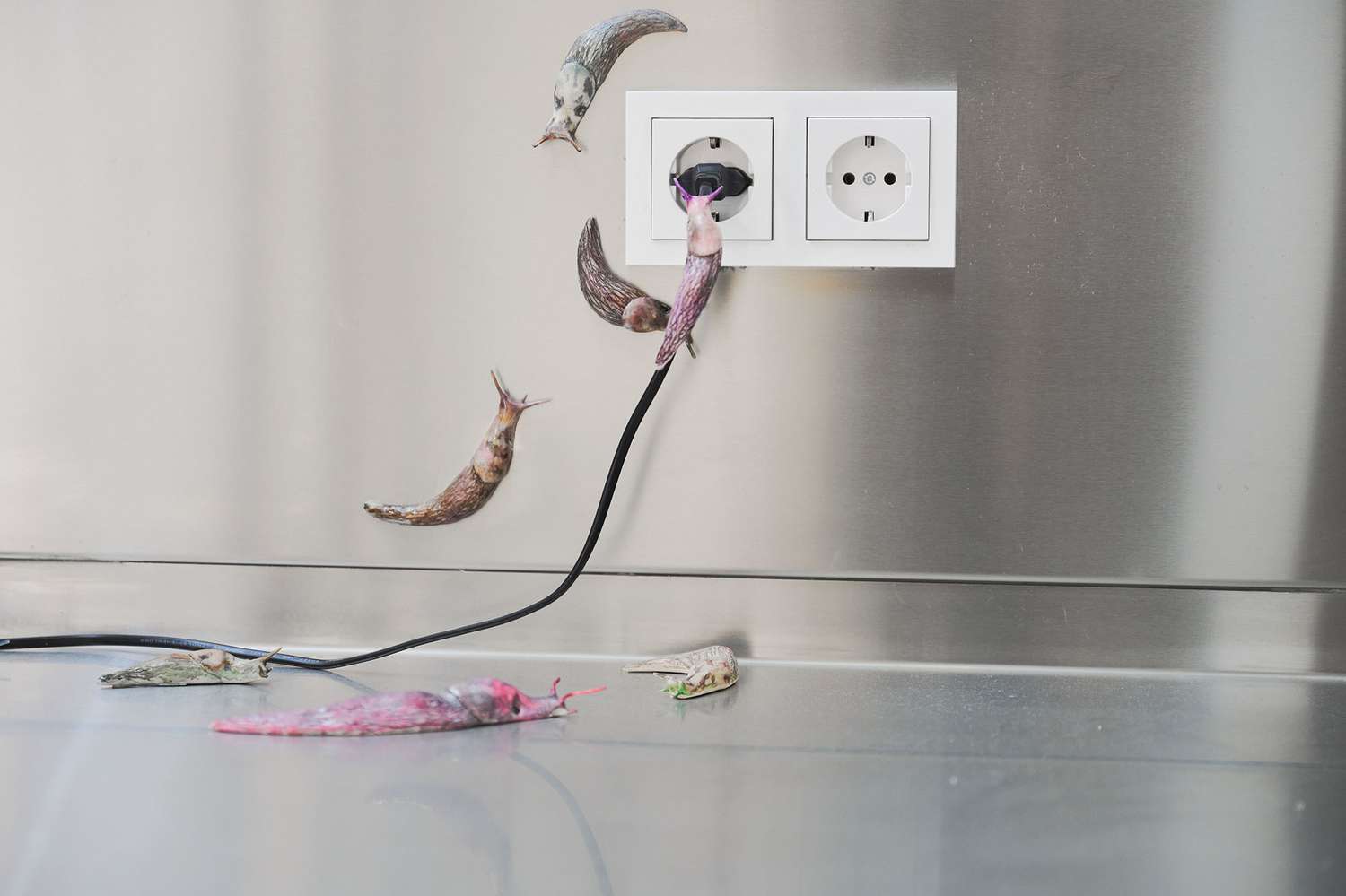
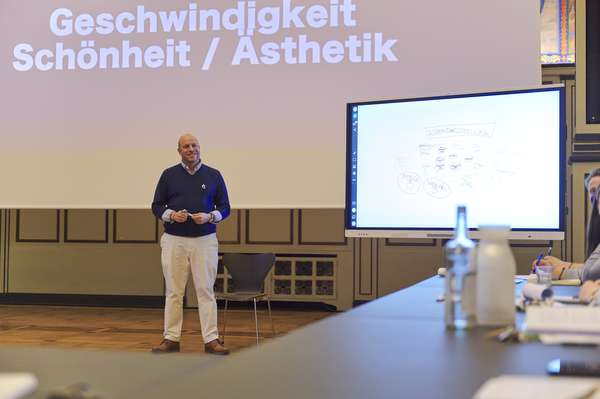
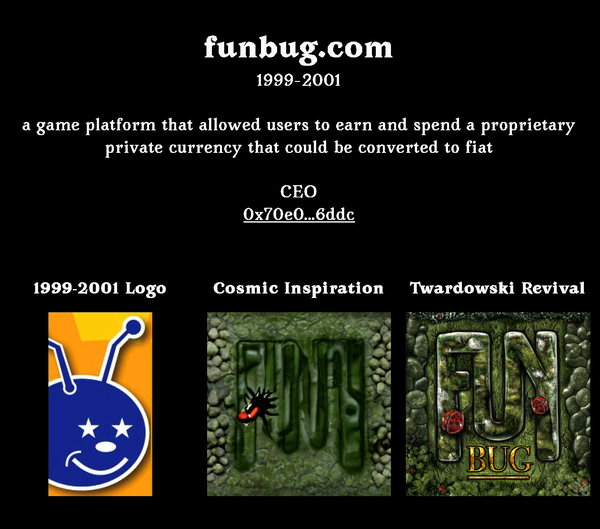
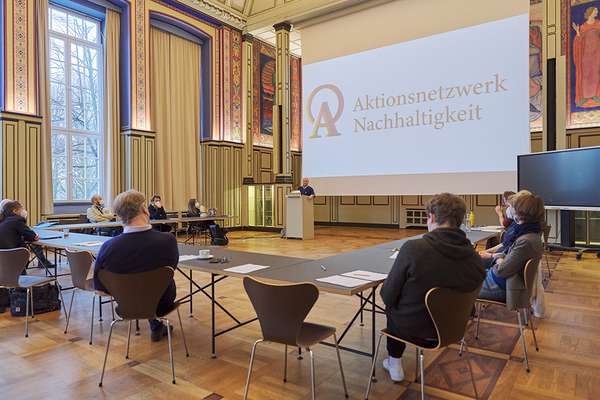
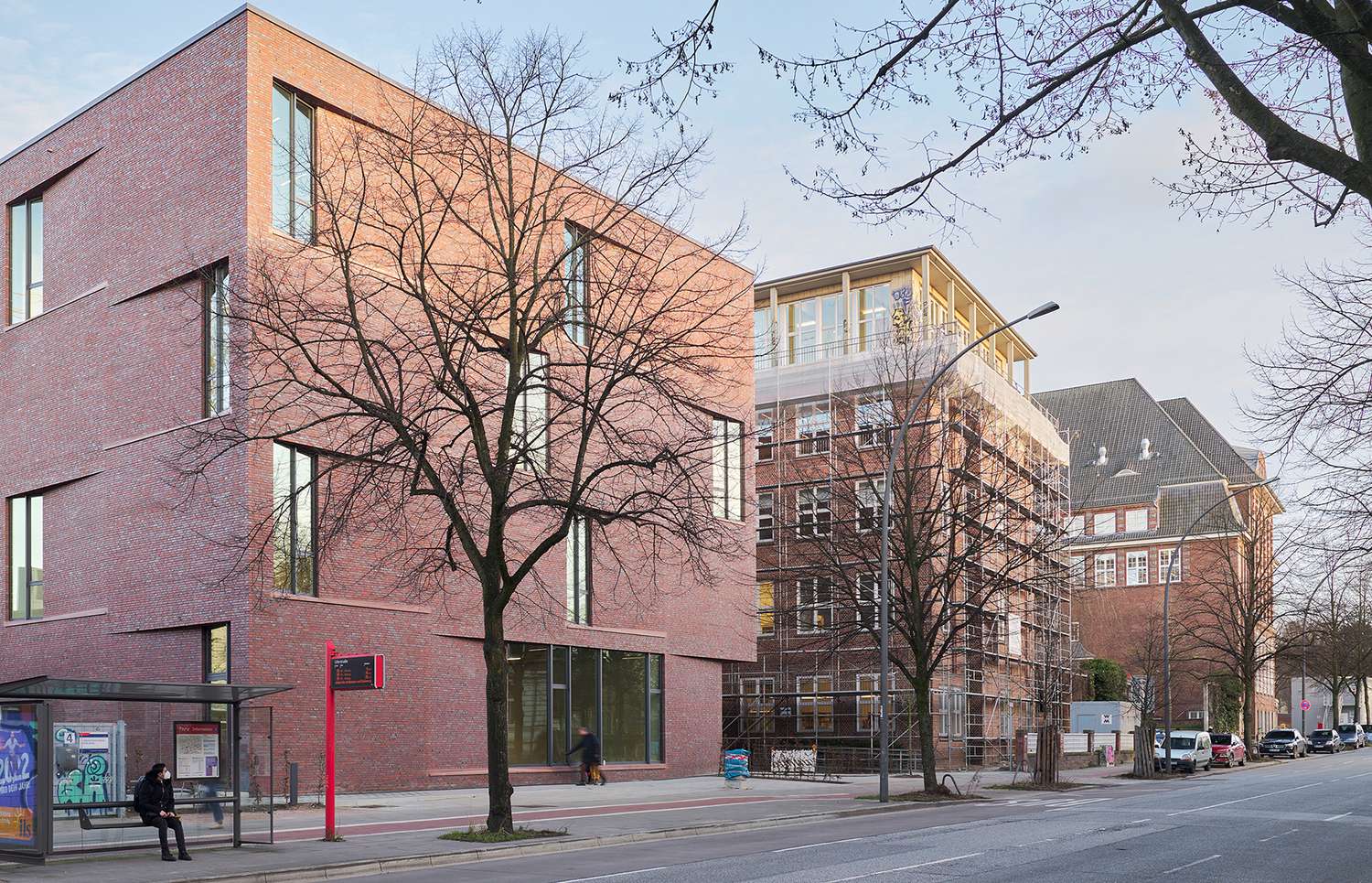
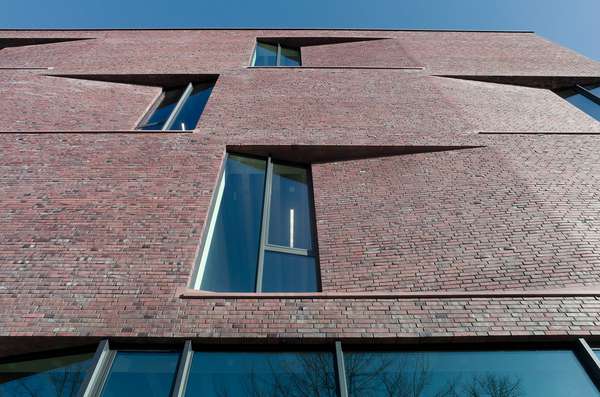
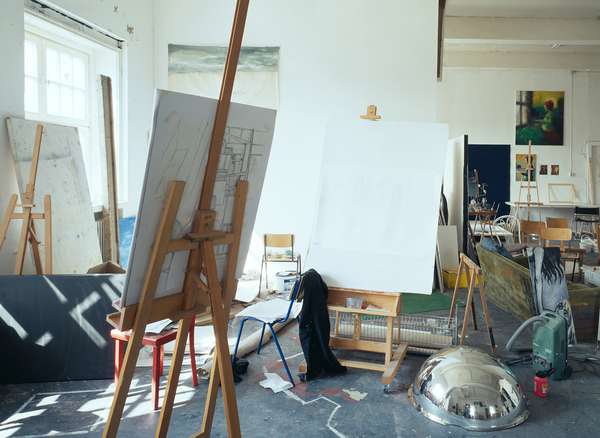
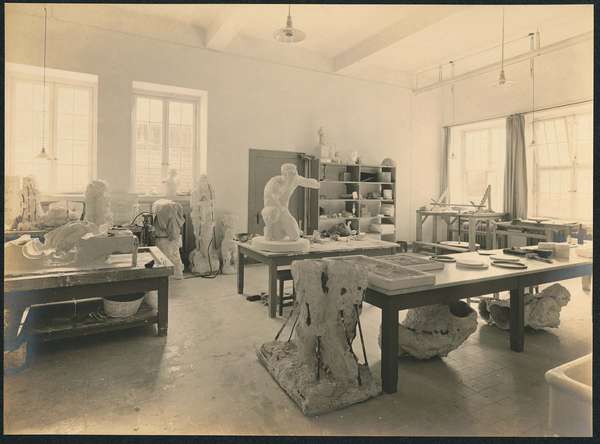
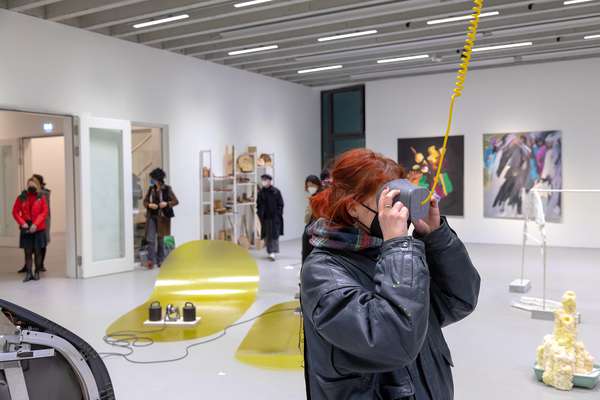
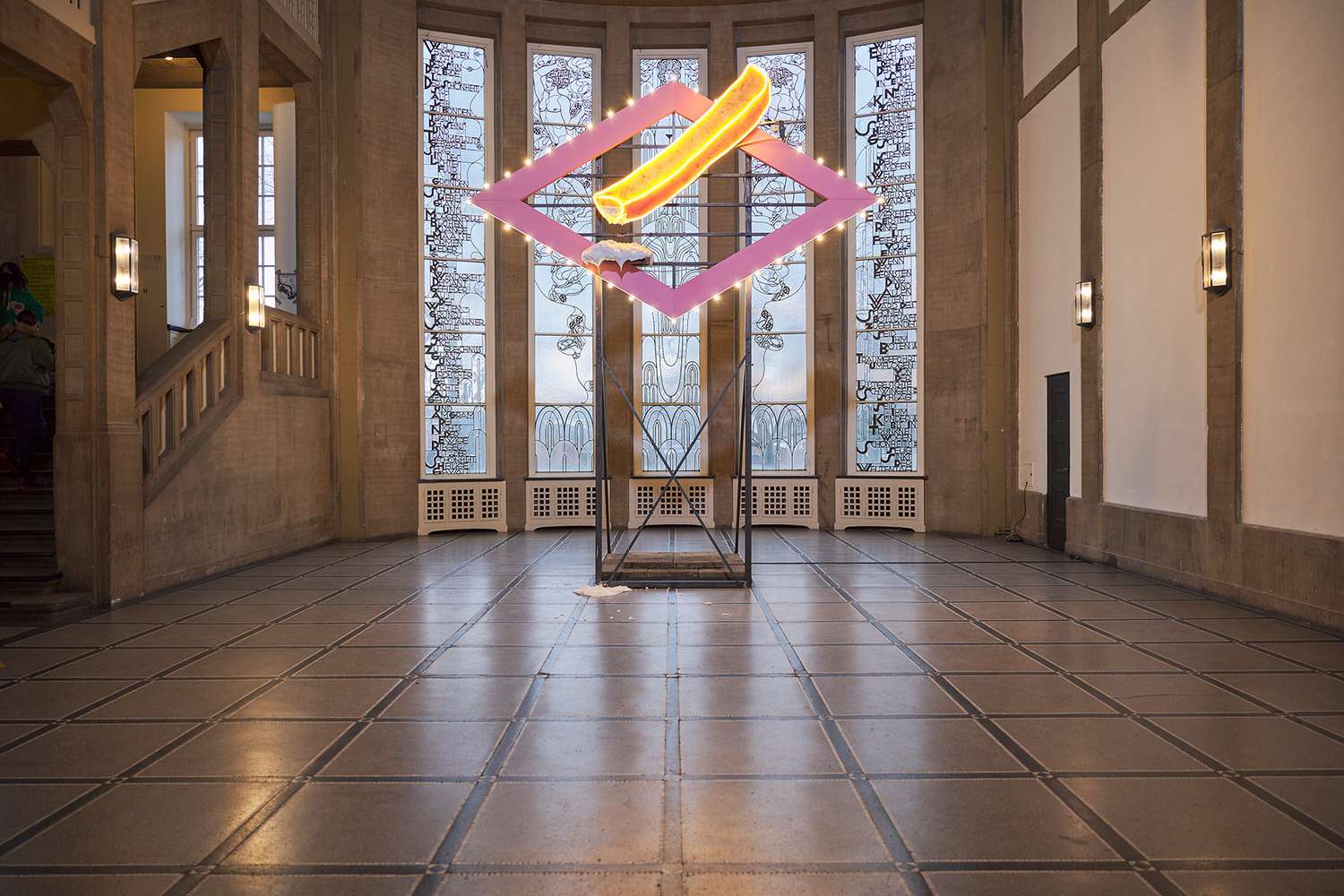
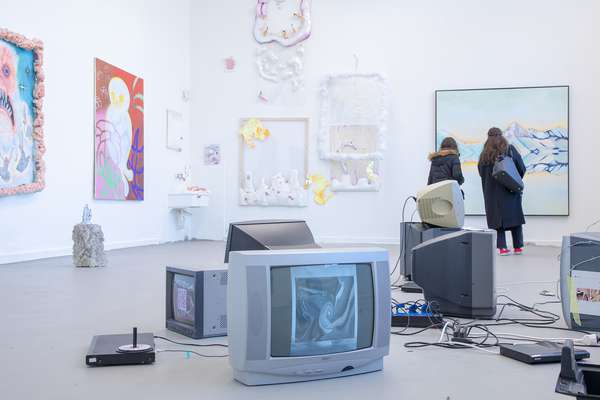
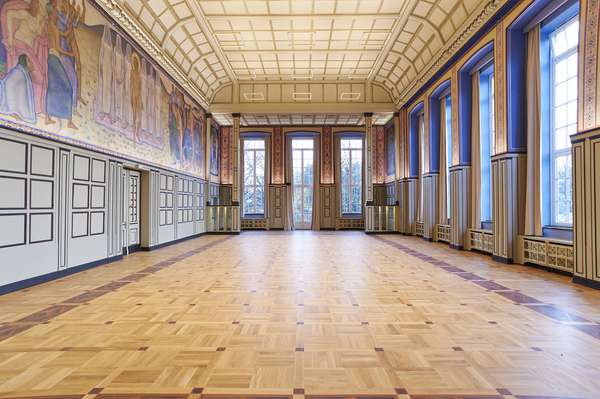
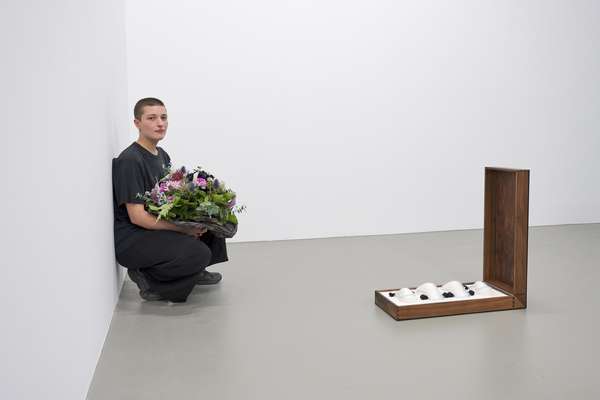
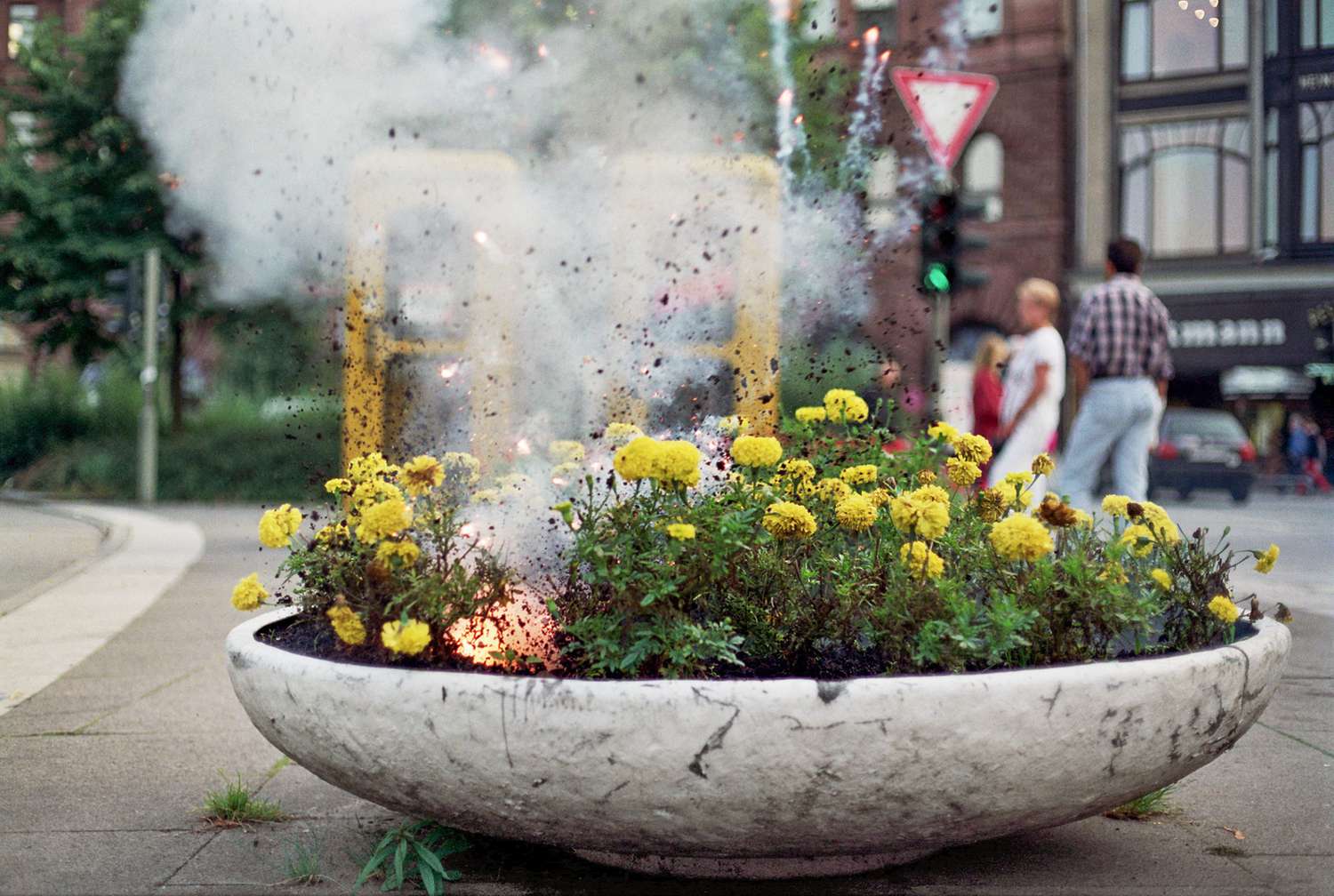
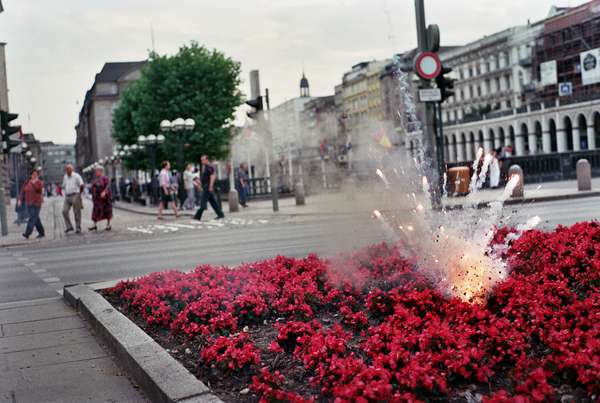
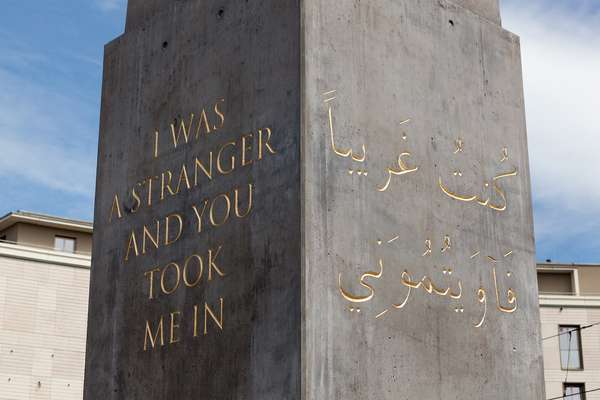
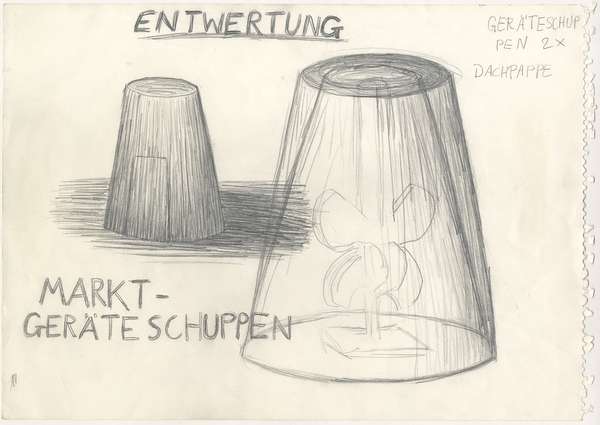
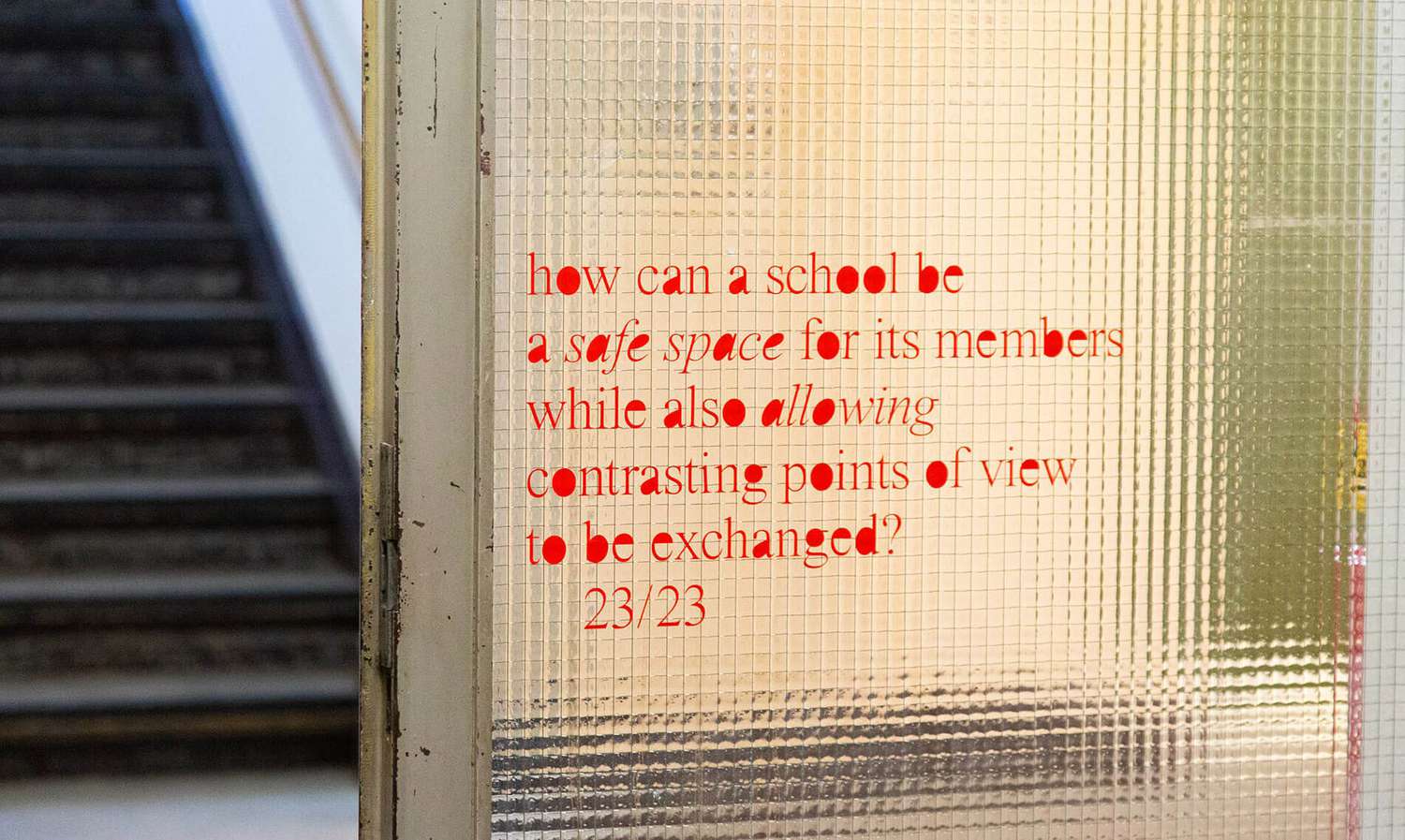
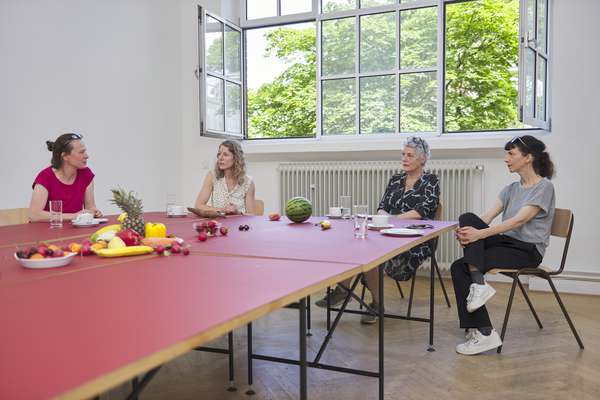
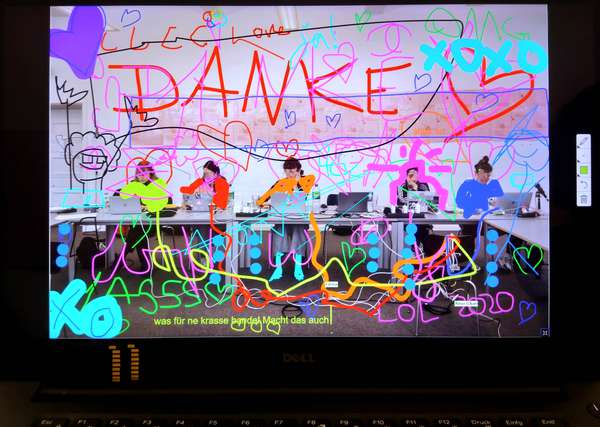
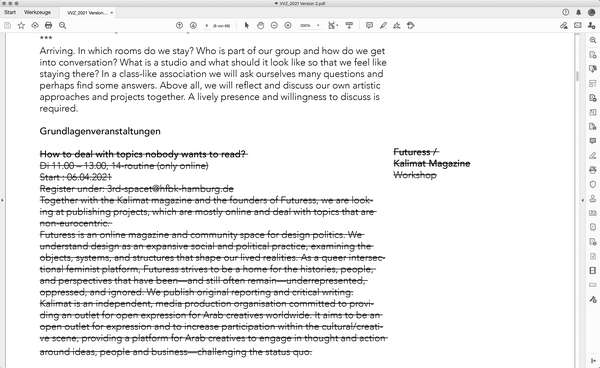
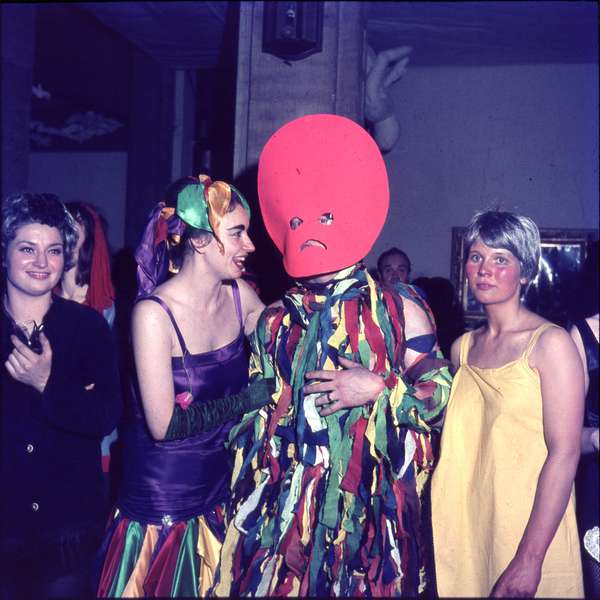
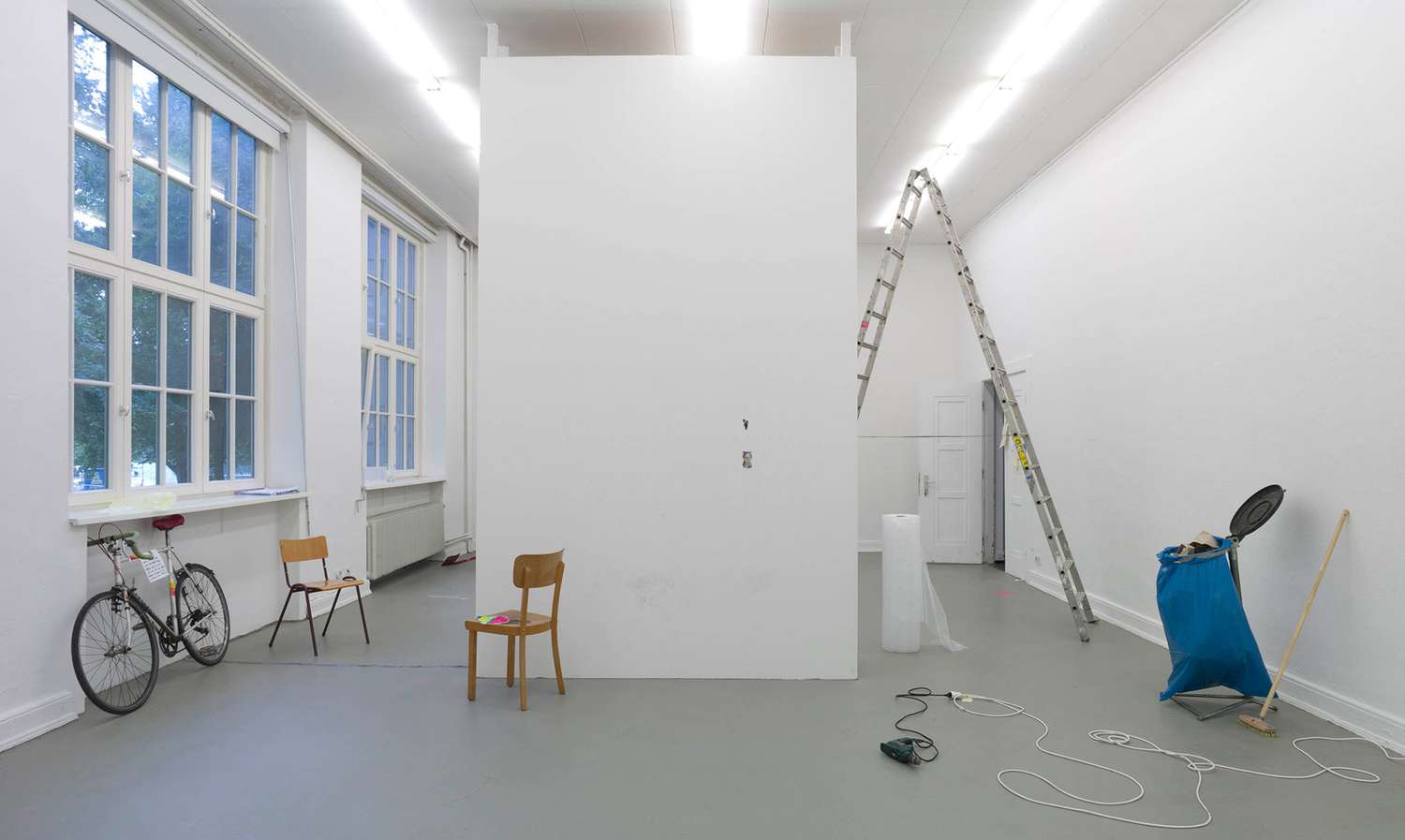
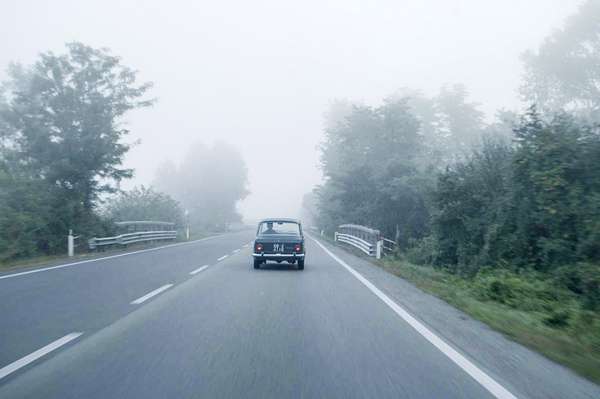
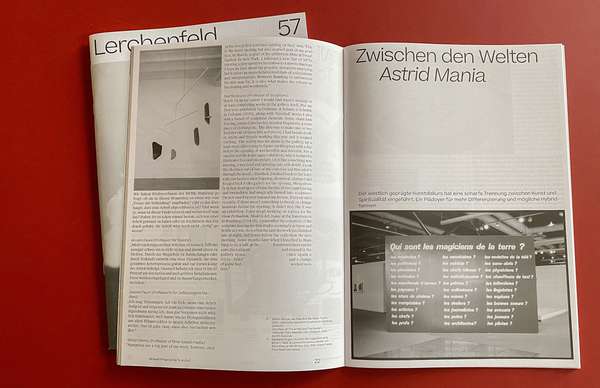
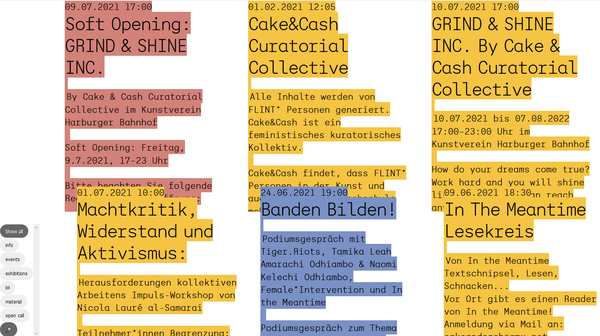
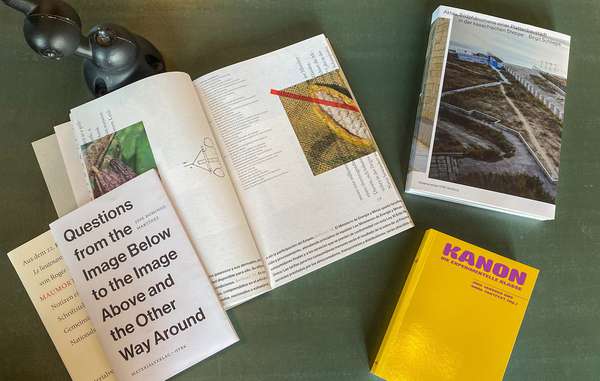
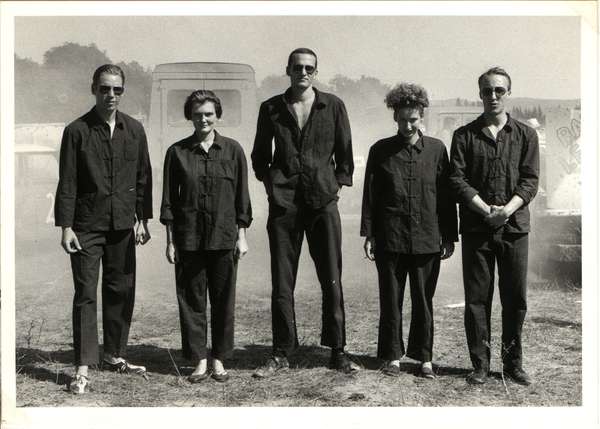
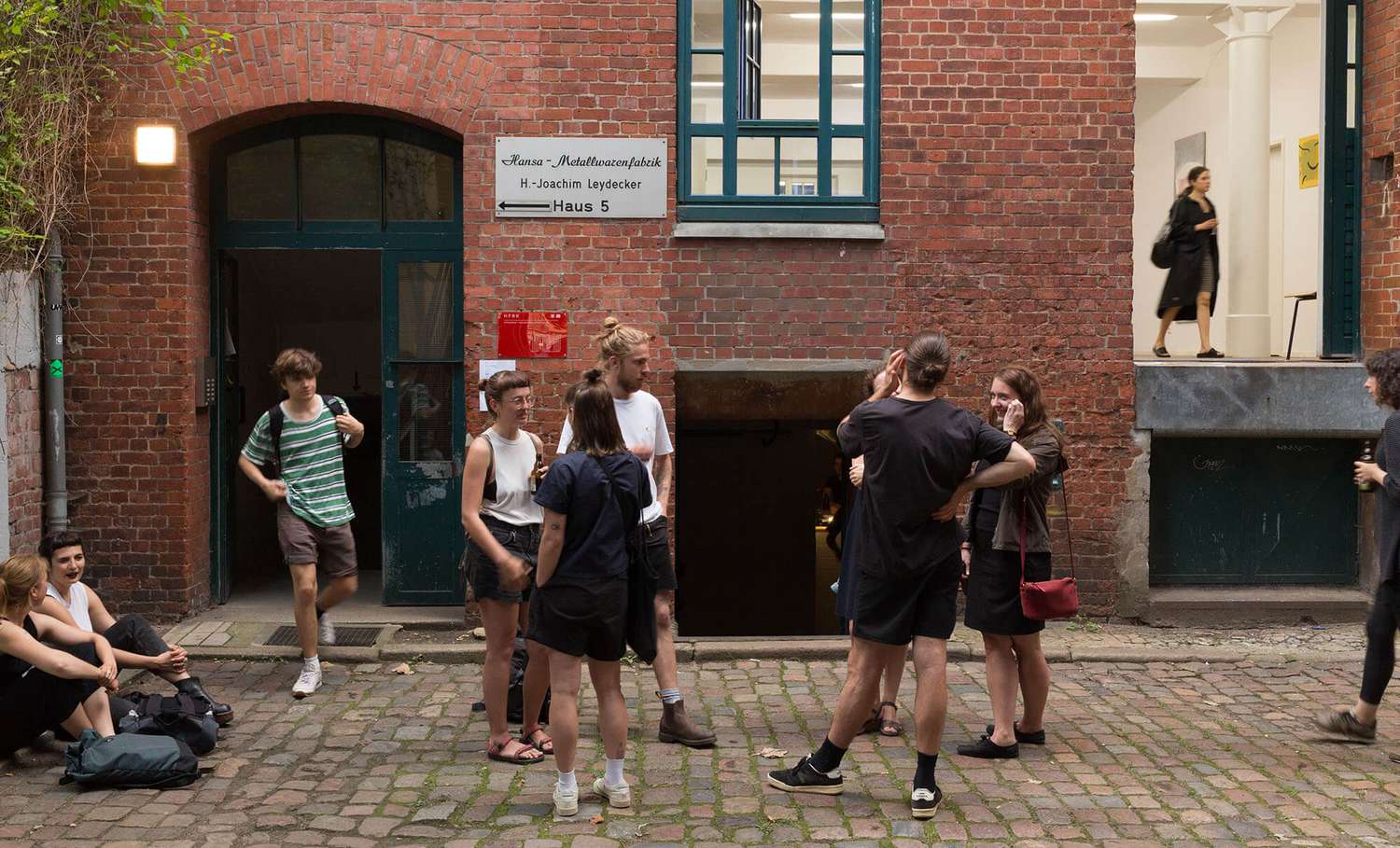
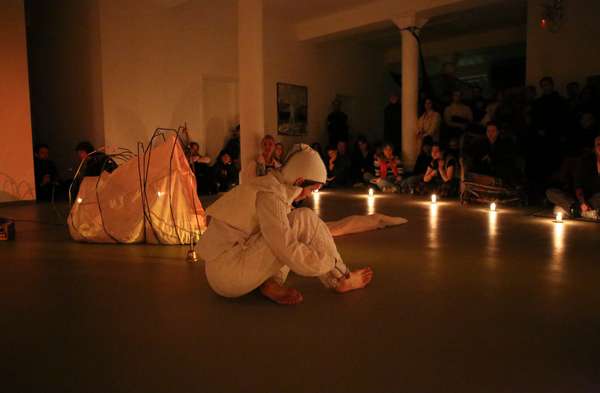
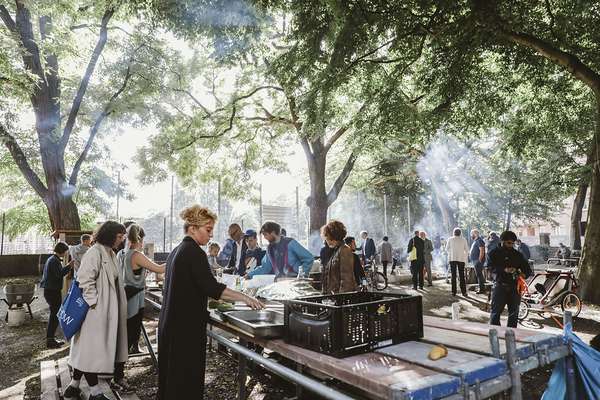
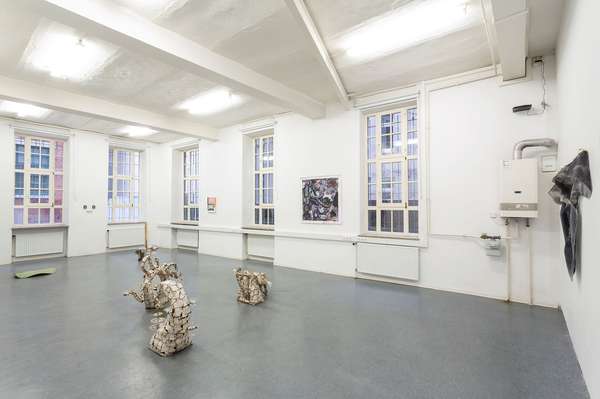
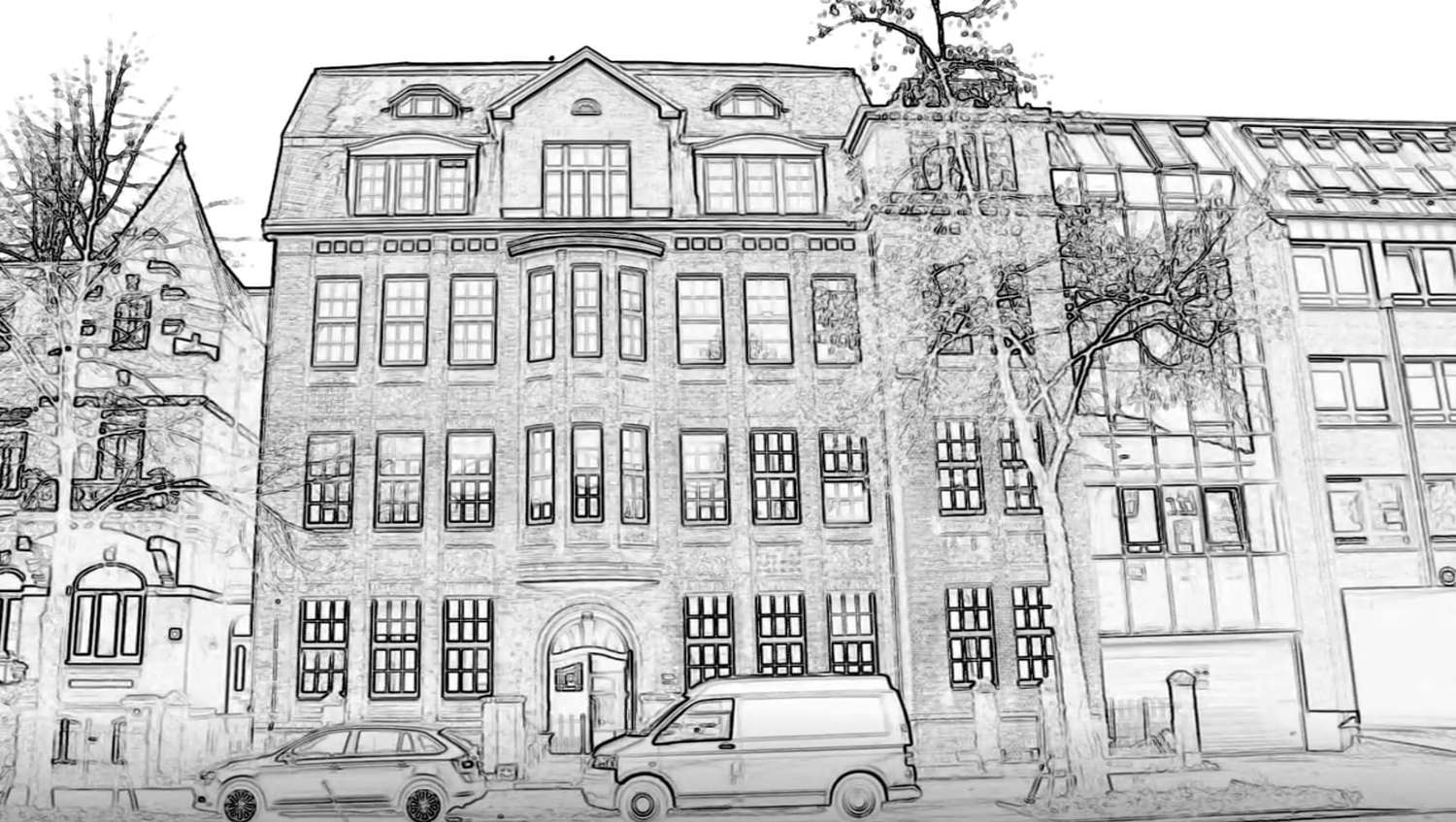
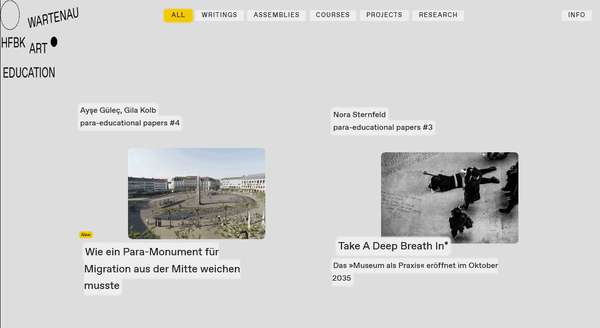
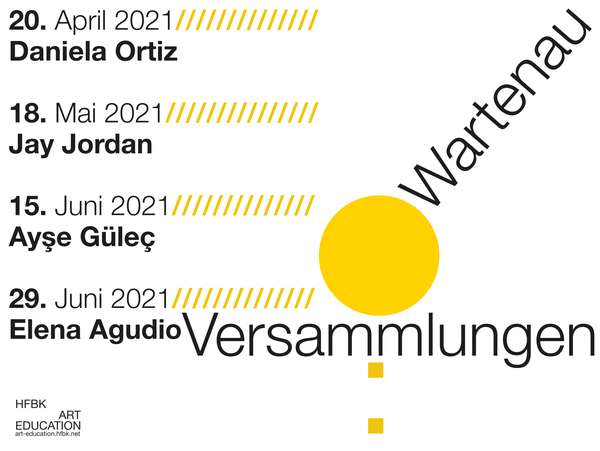
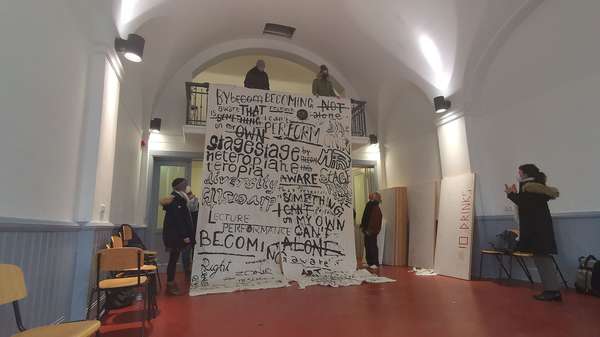
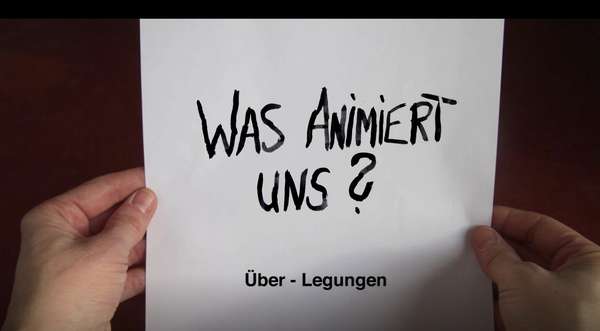

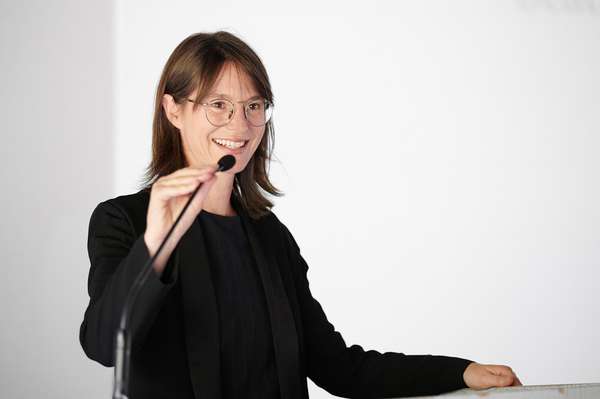
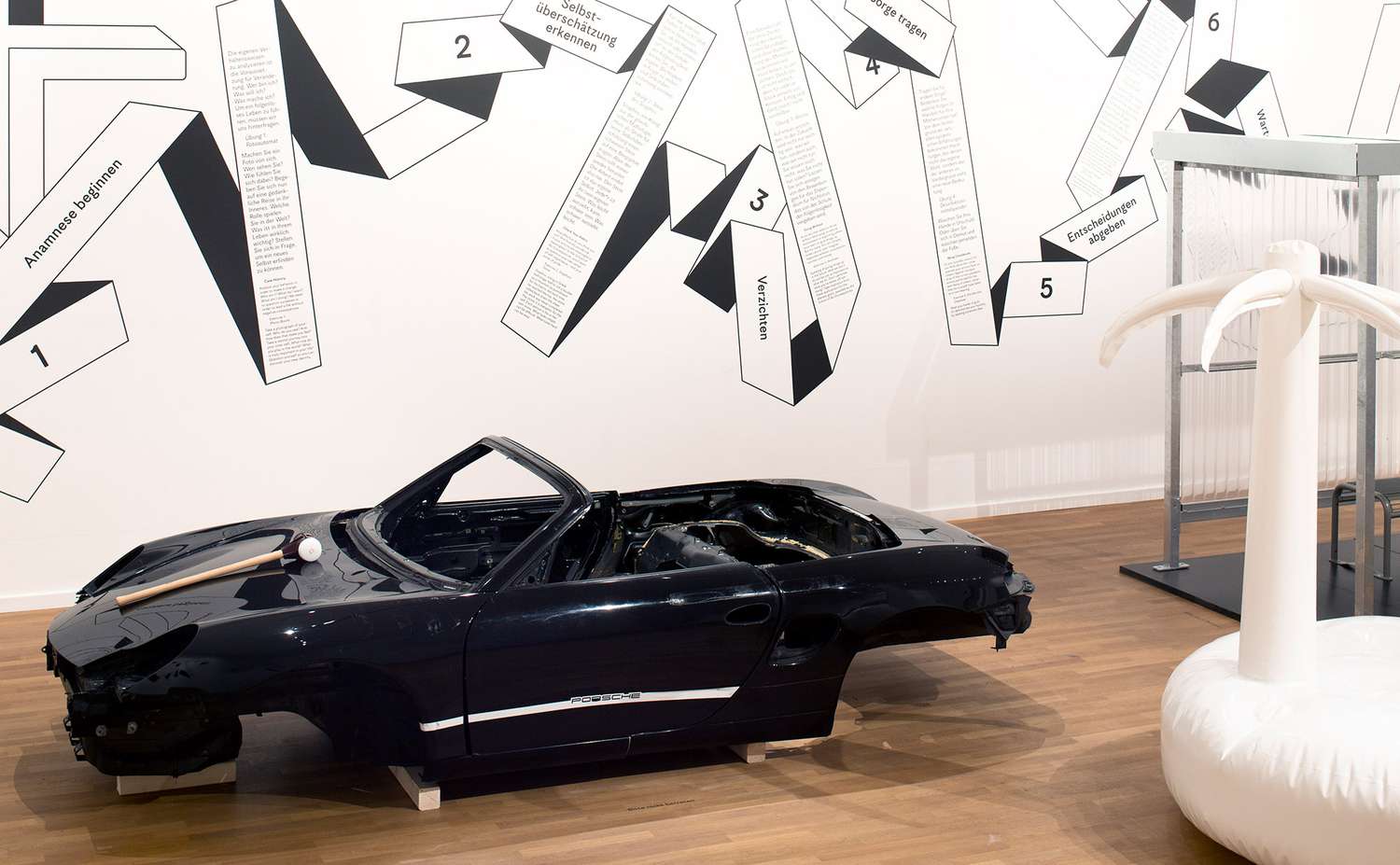
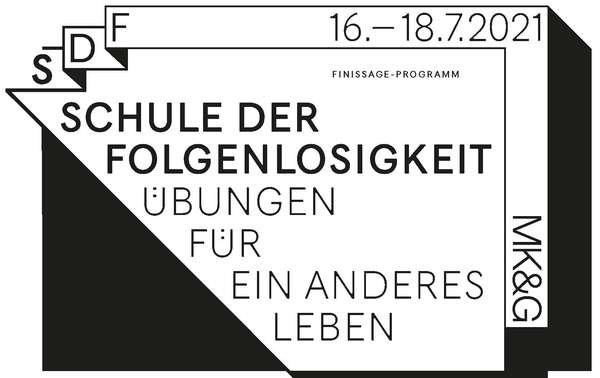
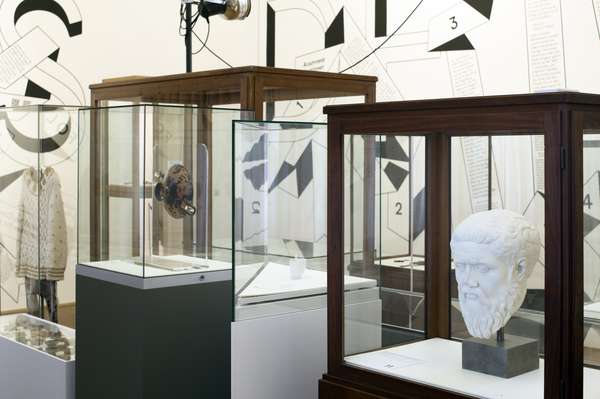
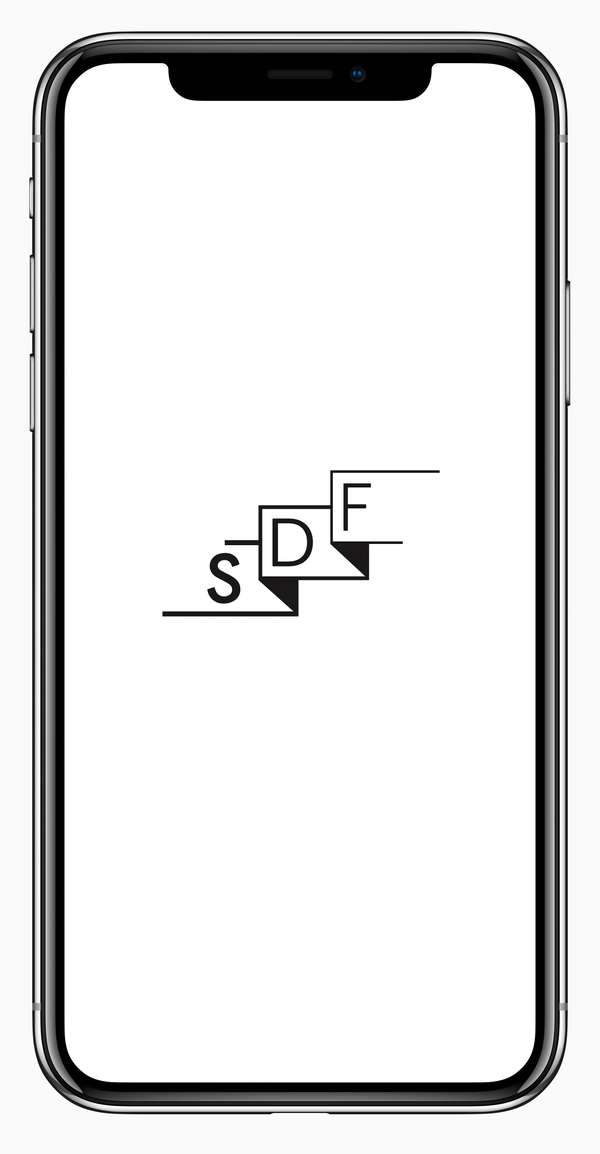
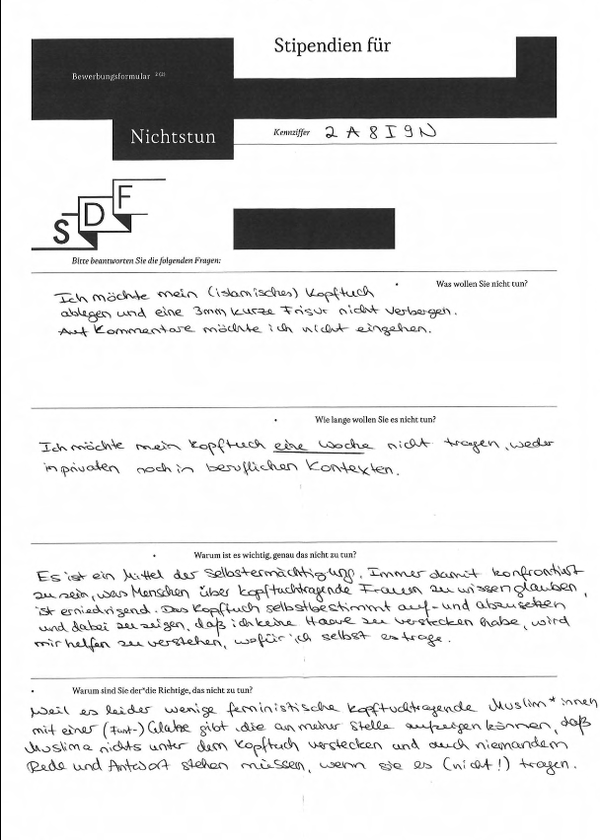
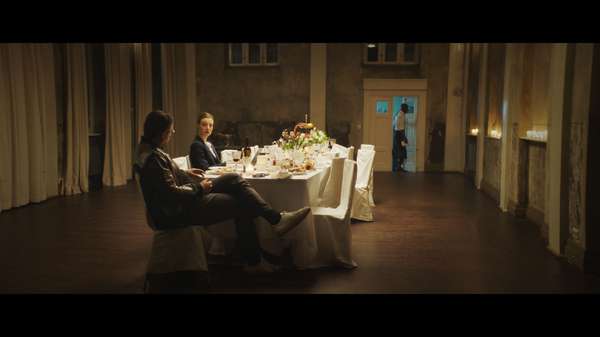
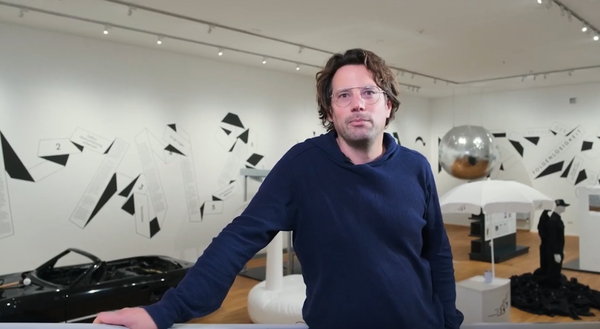
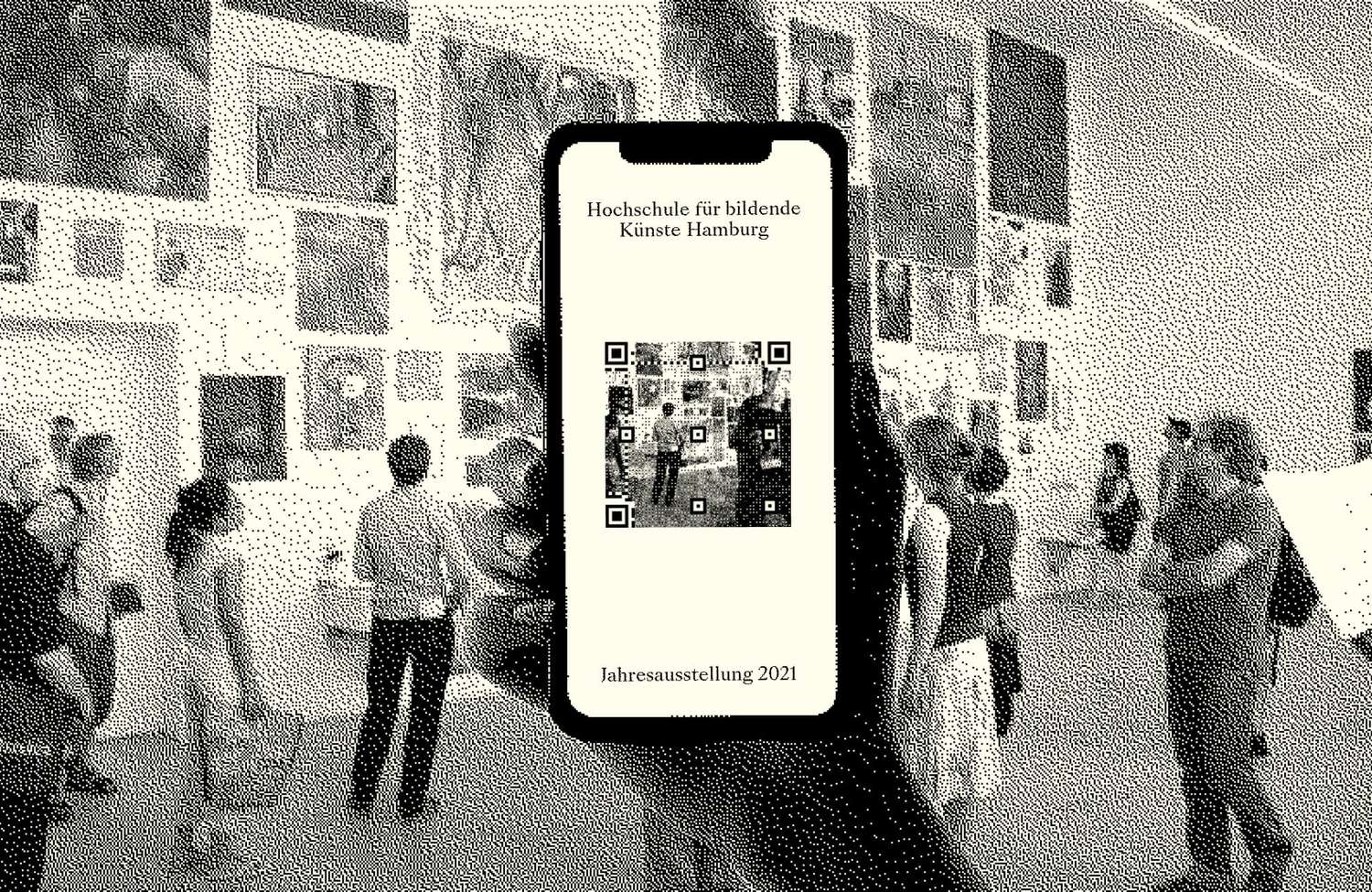
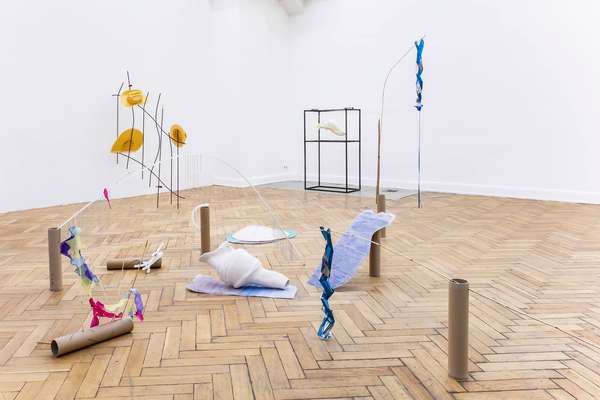
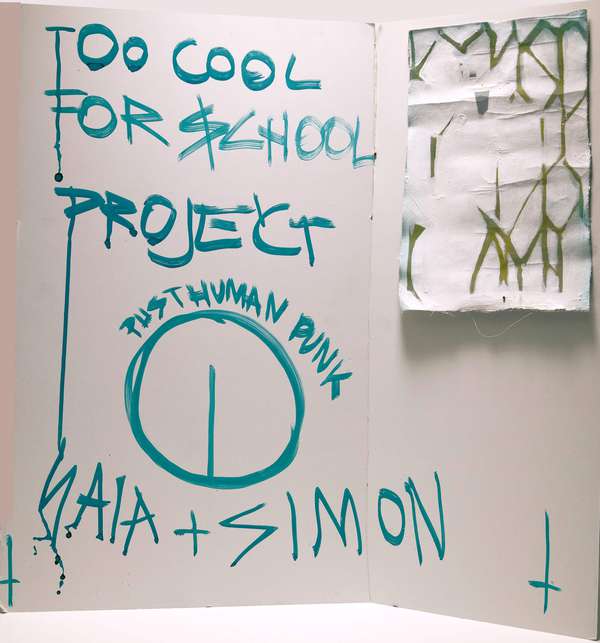
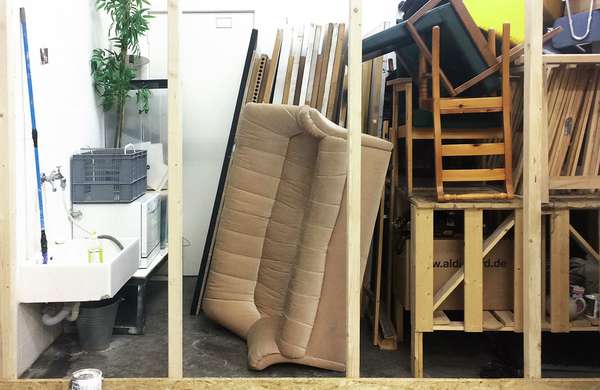
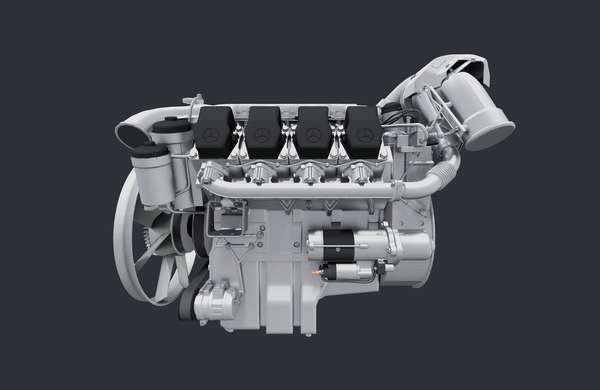
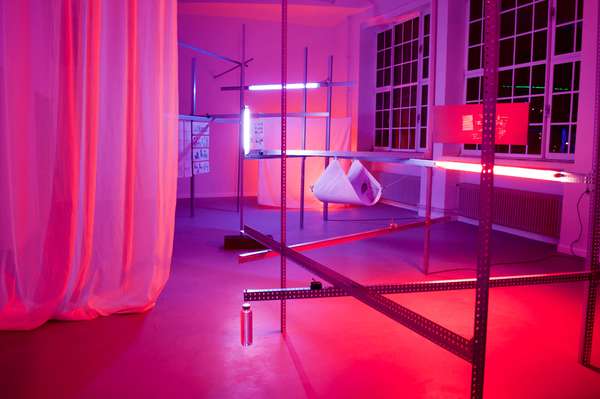
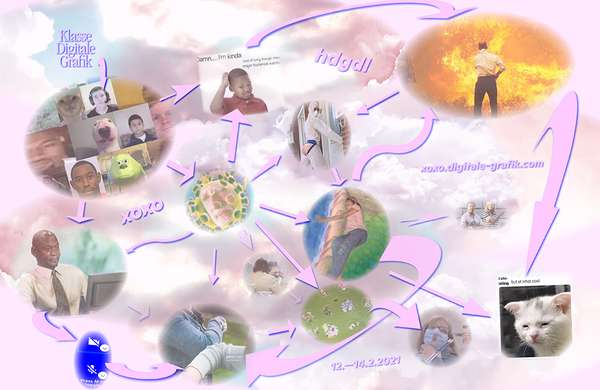
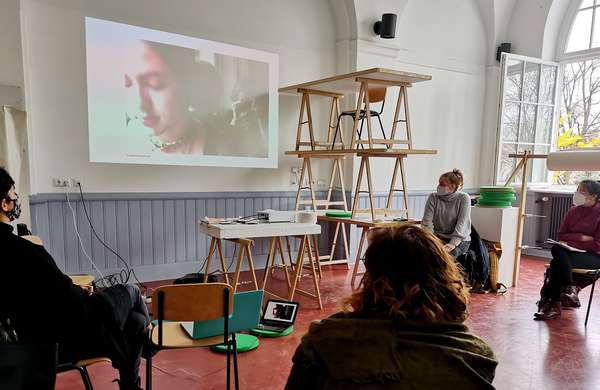
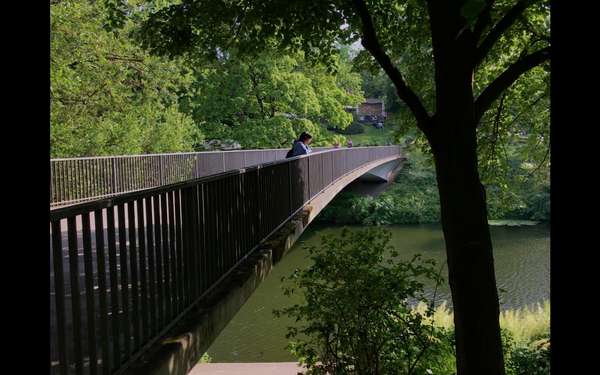
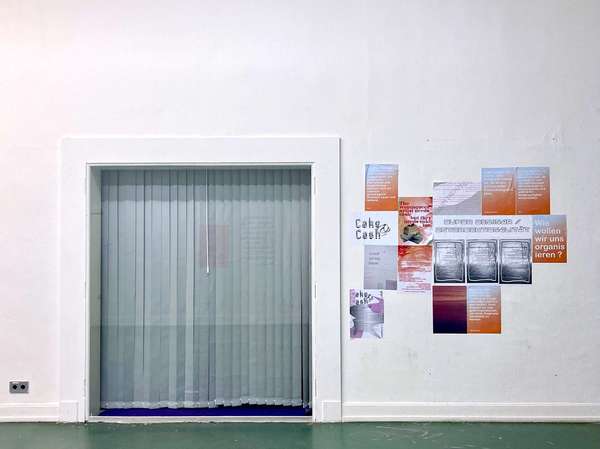
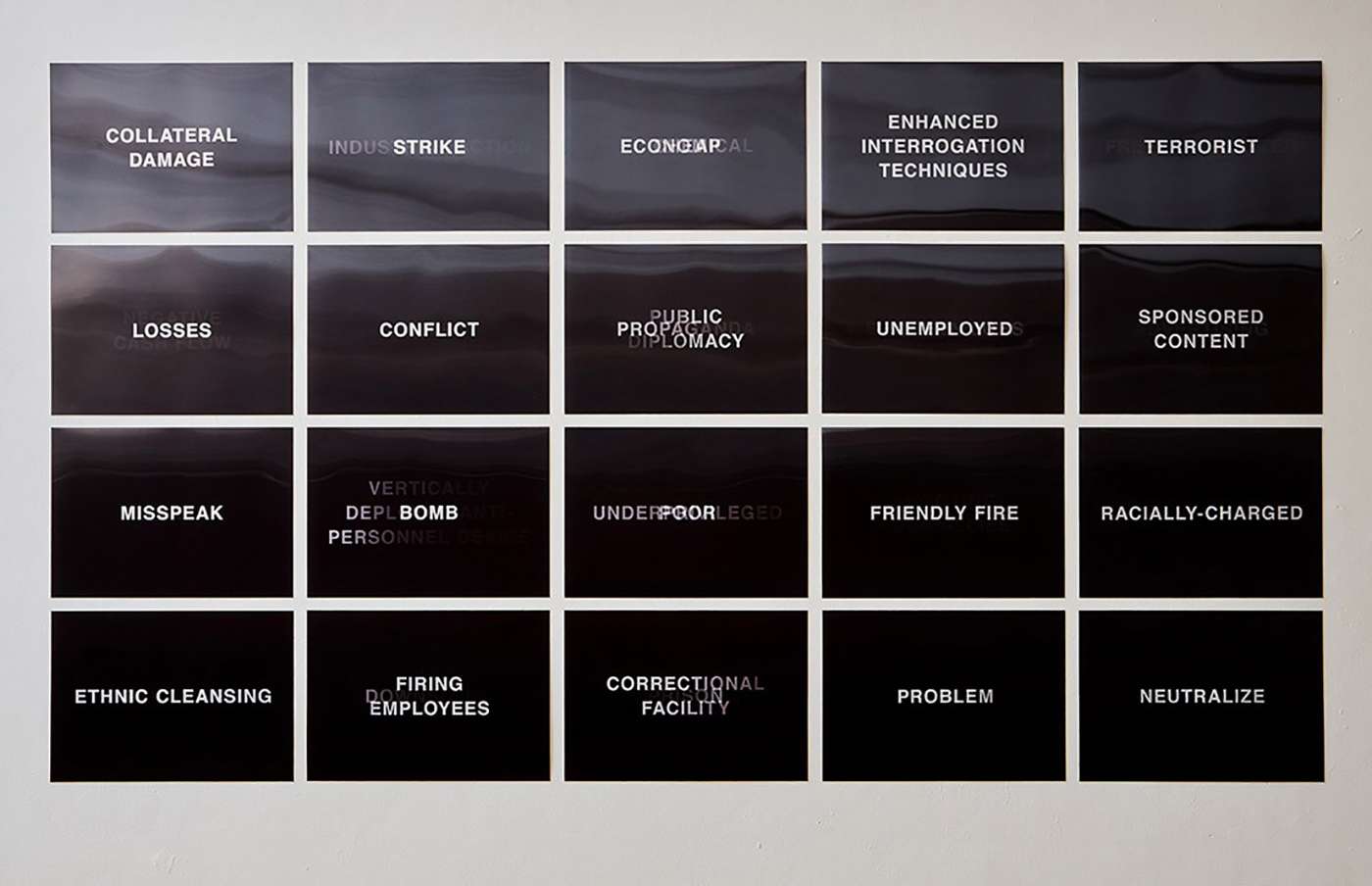
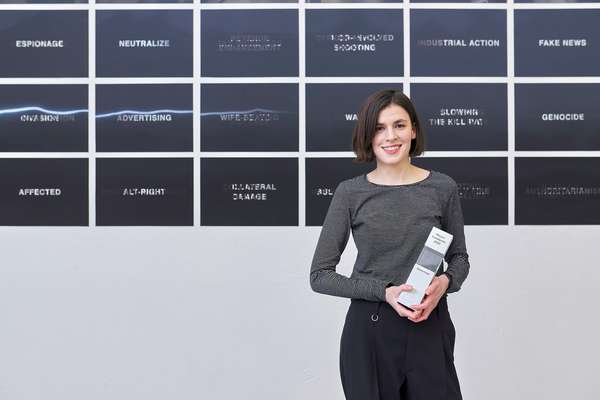
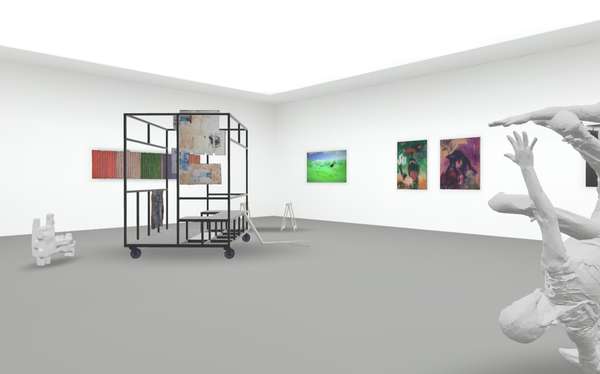
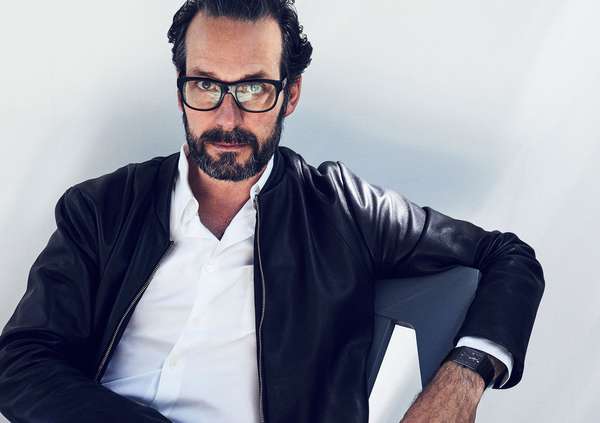
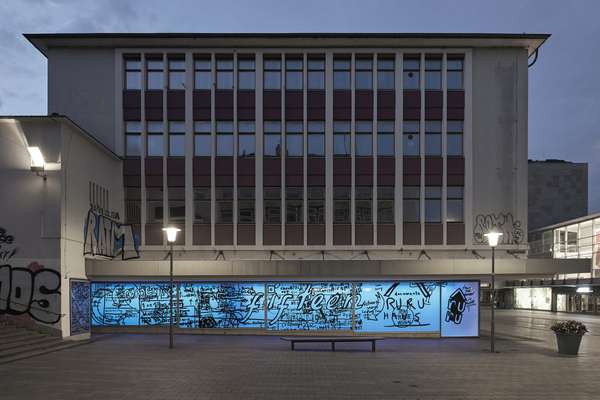
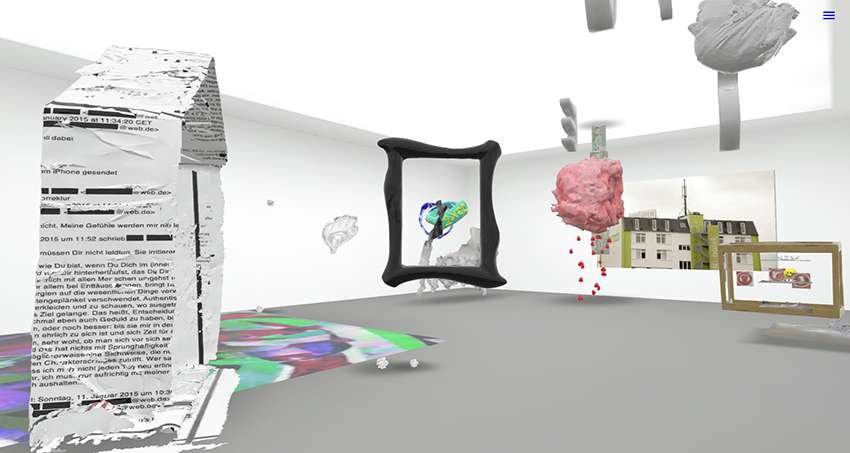
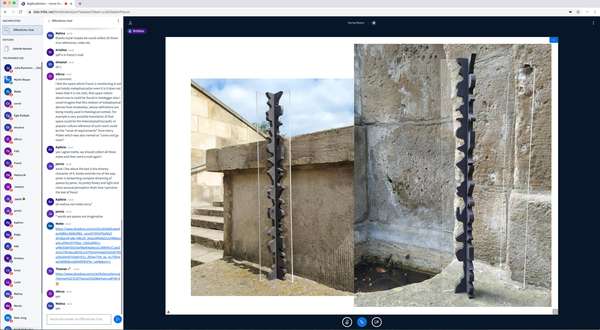
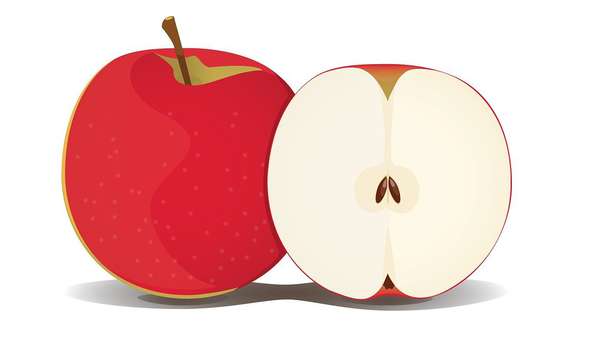
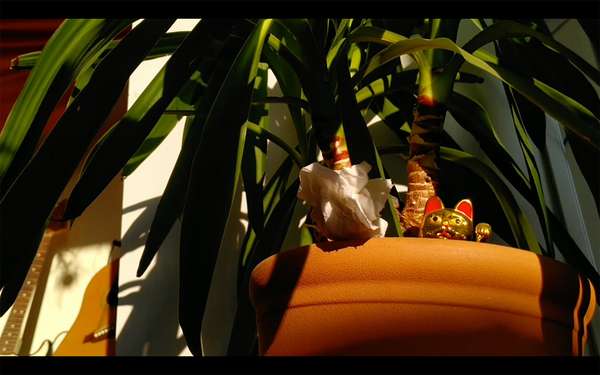
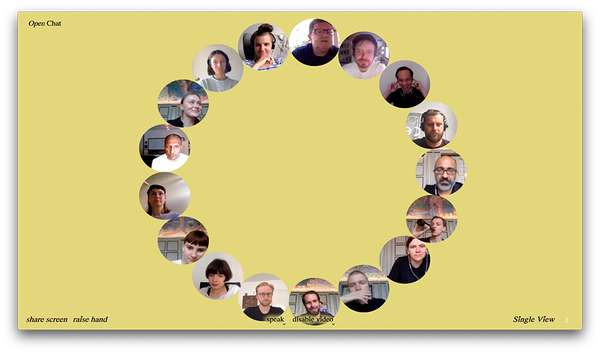
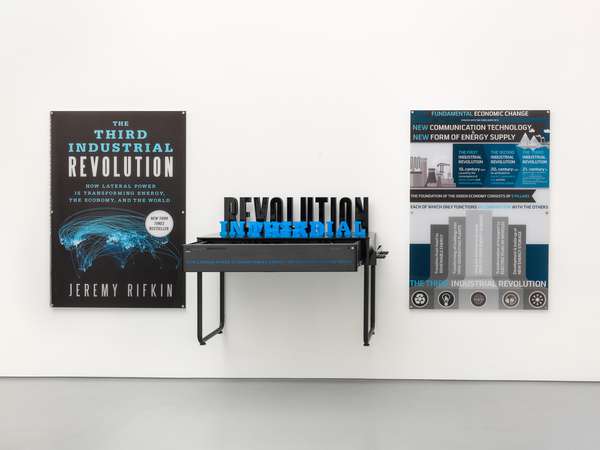
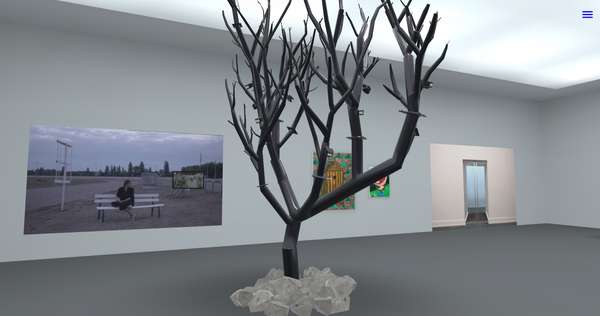
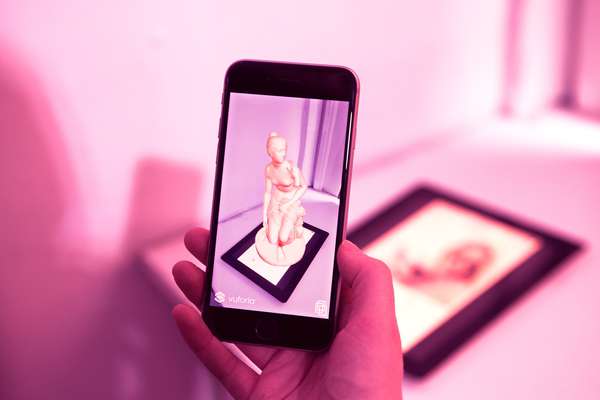
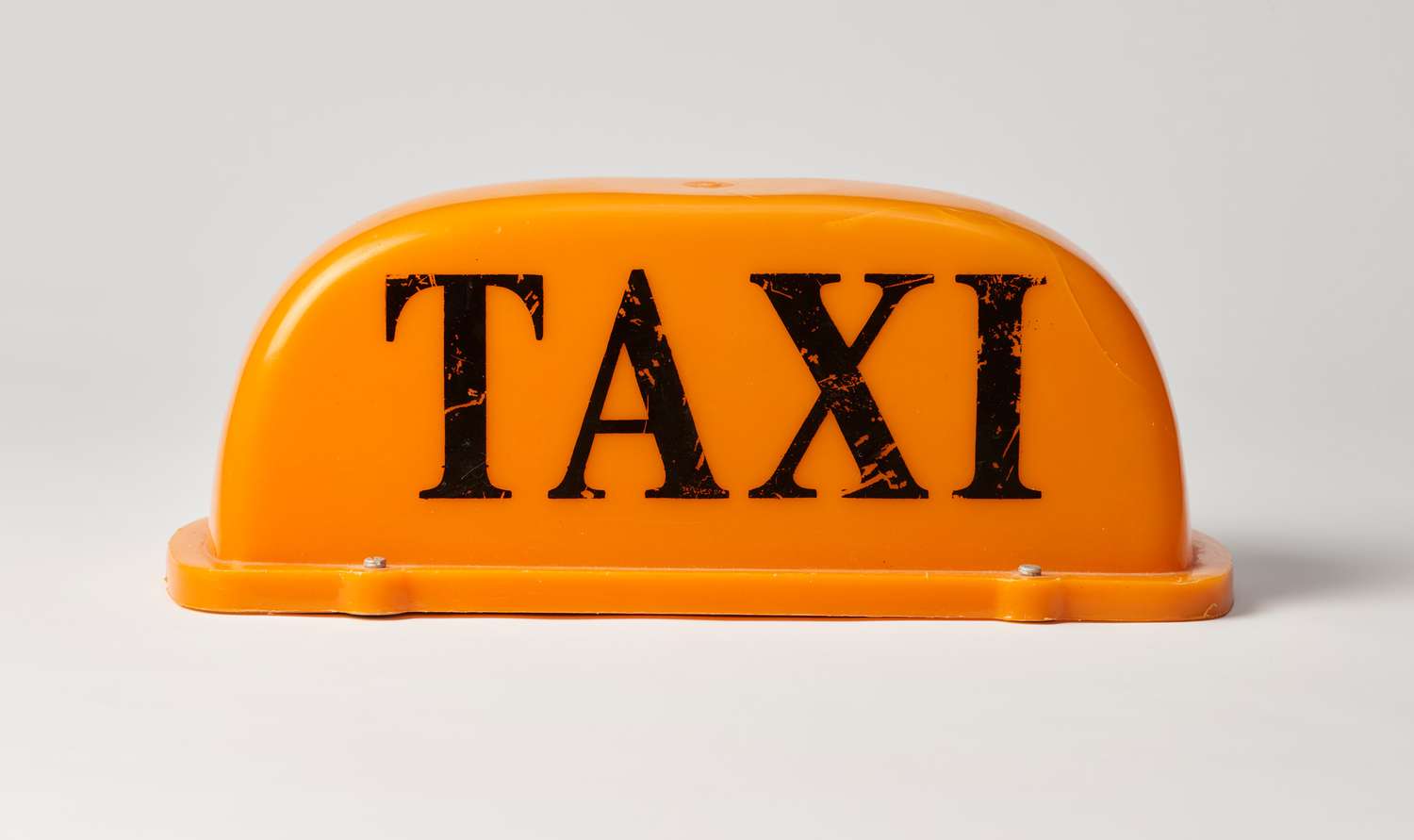
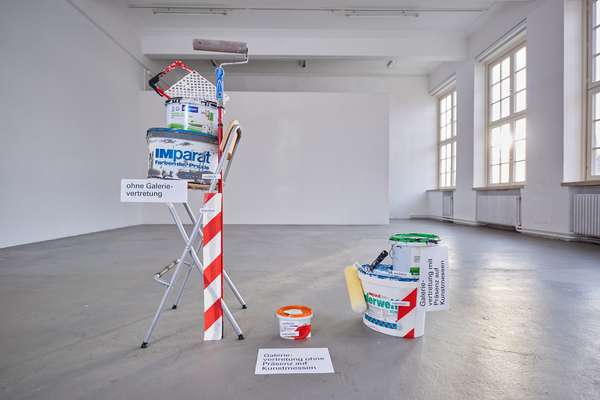
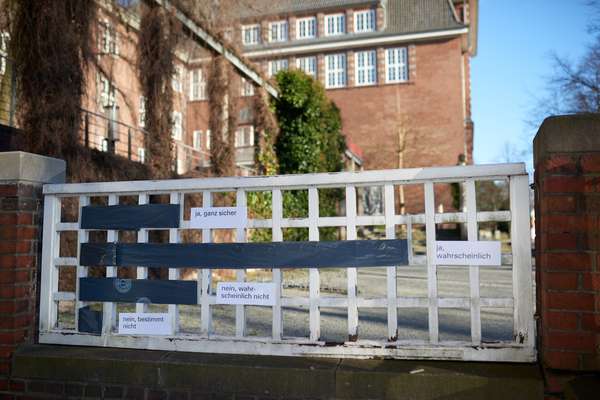
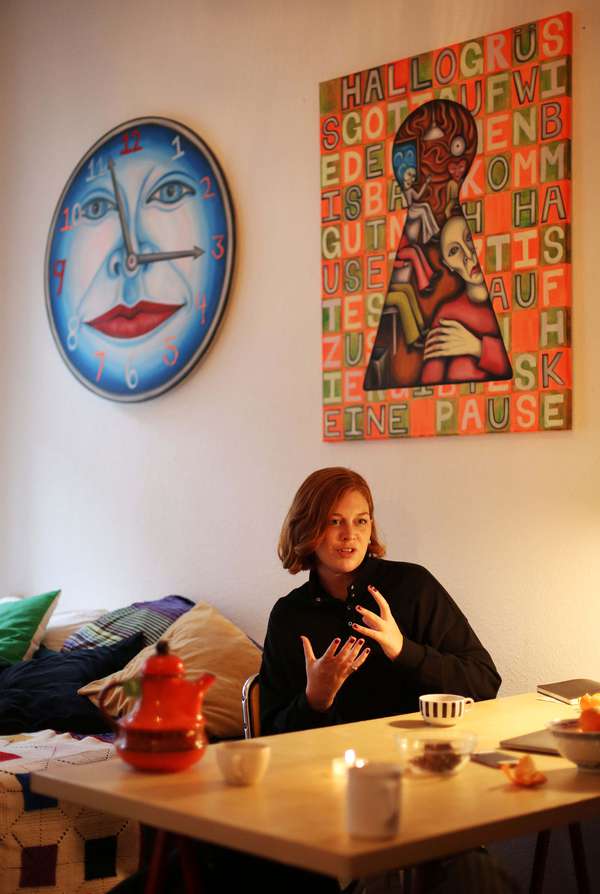
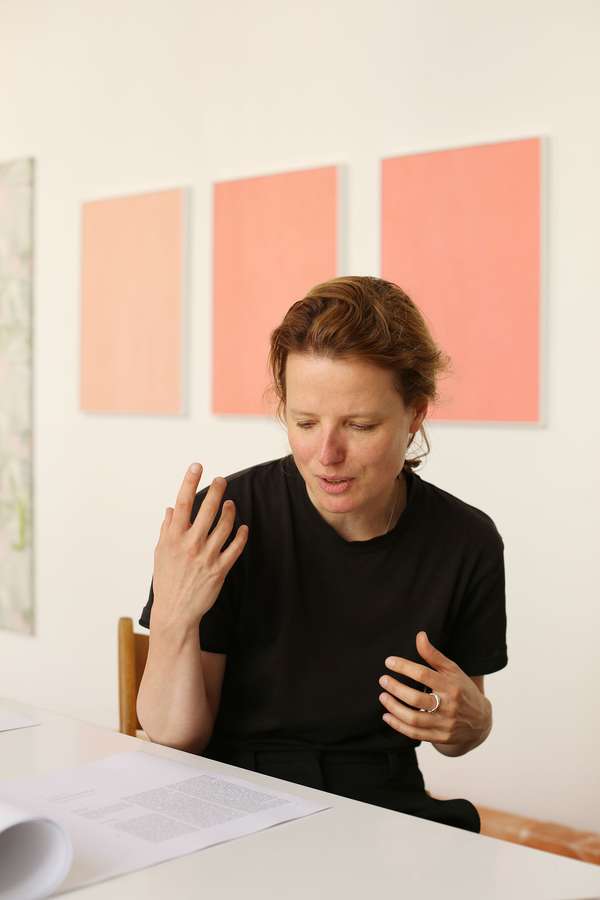
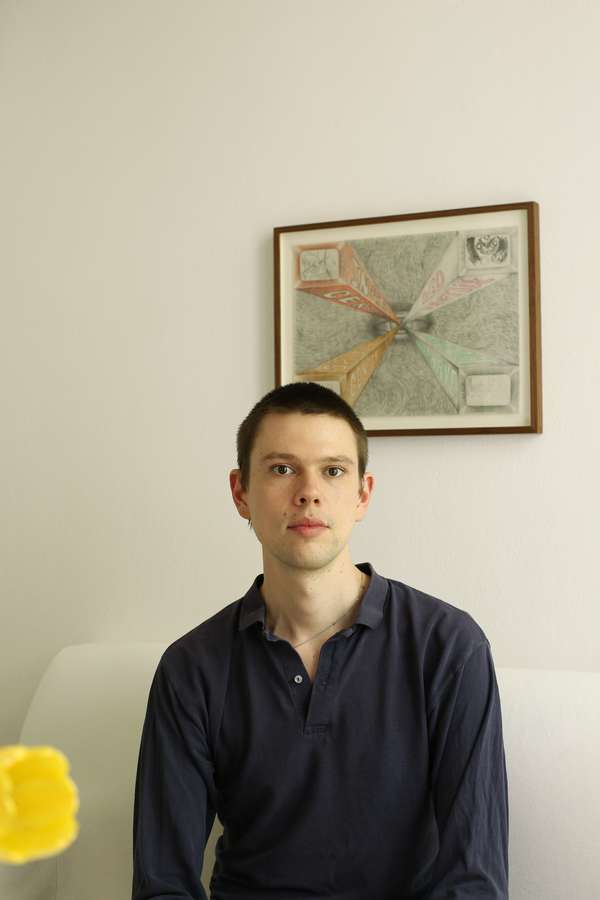
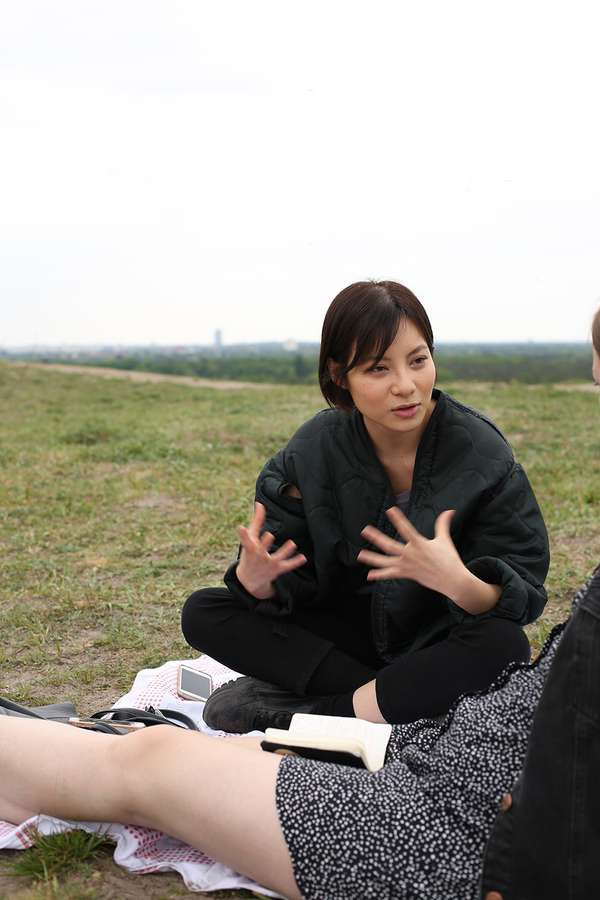
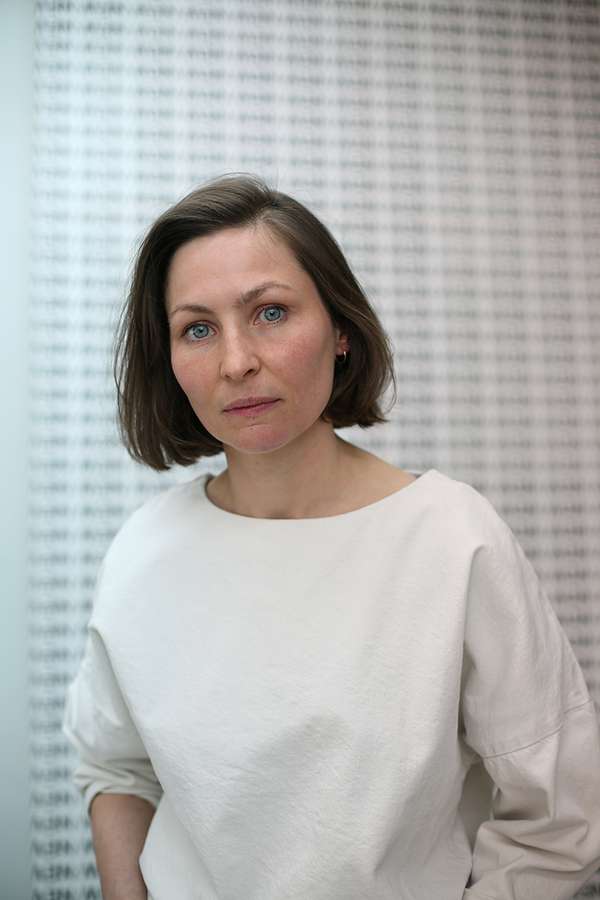
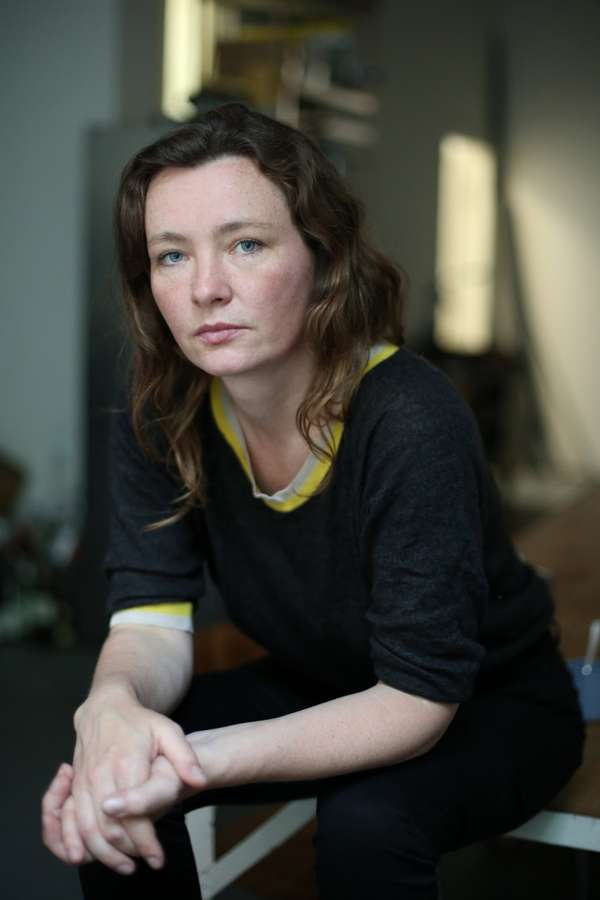
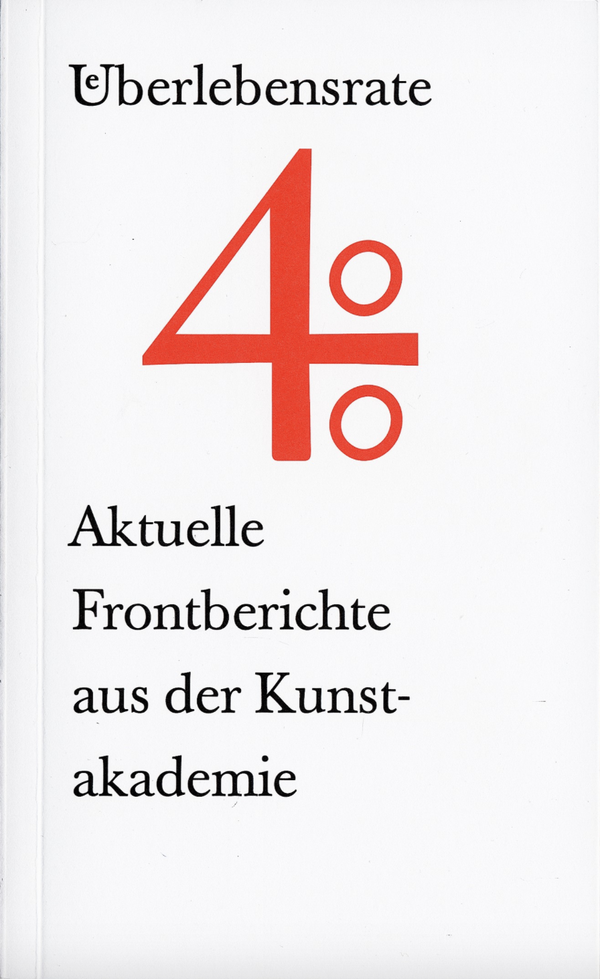
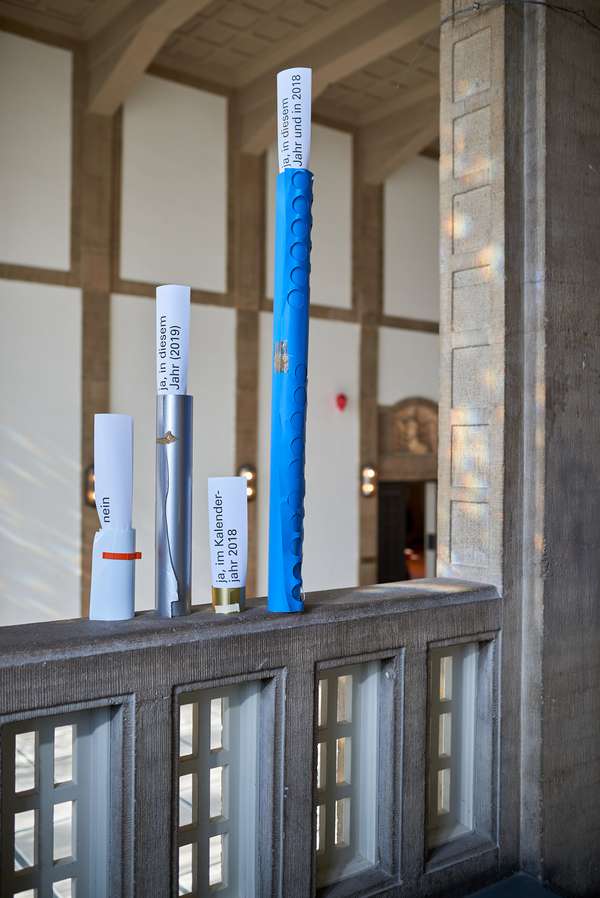
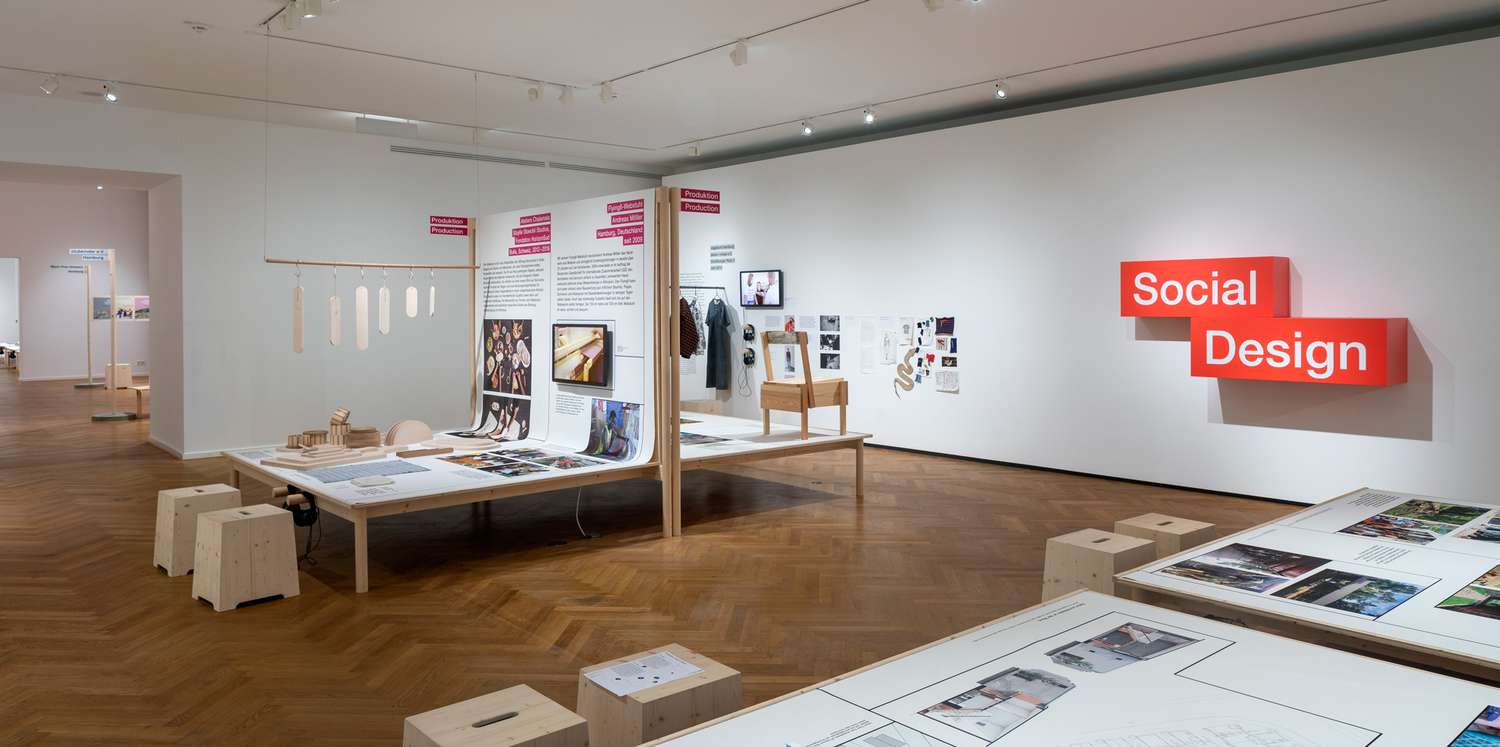
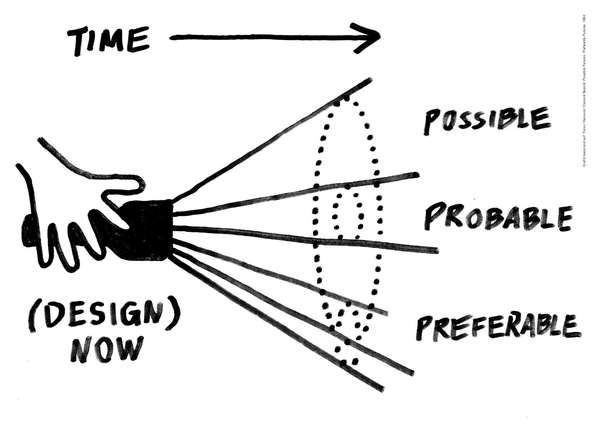
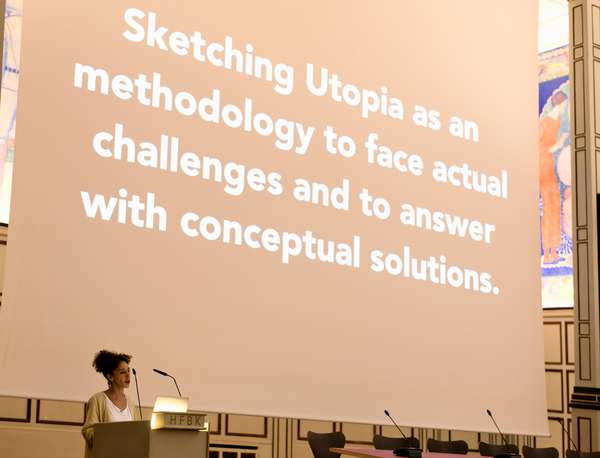
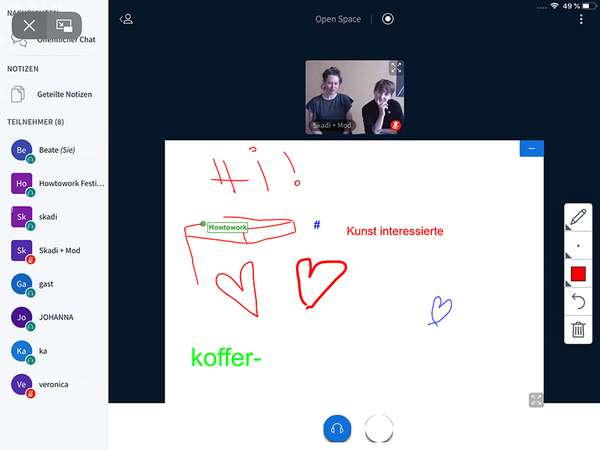
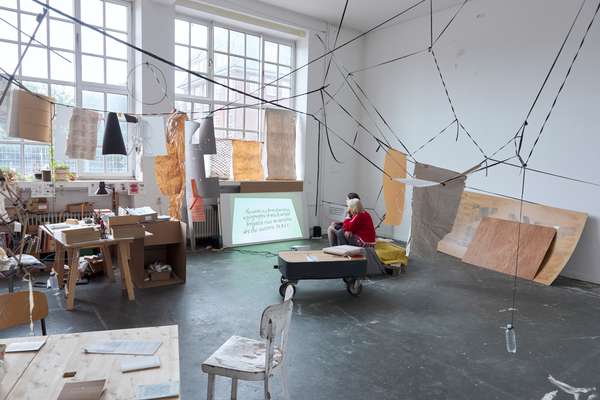
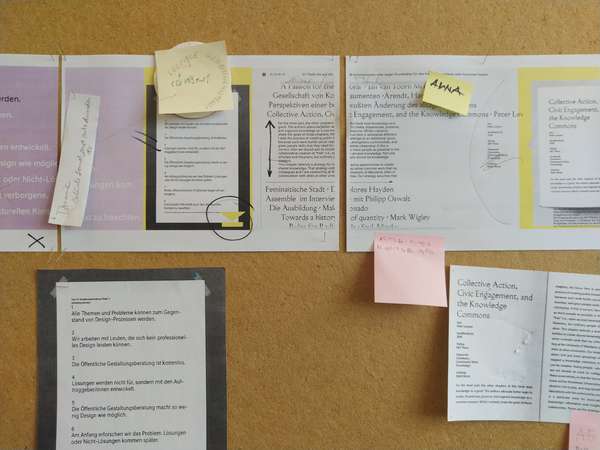
 Archives of the Body - The Body in Archiving
Archives of the Body - The Body in Archiving
 New partnership with the School of Arts at the University of Haifa
New partnership with the School of Arts at the University of Haifa
 Exhibition recommendations
Exhibition recommendations
 Annual Exhibition 2024 at the HFBK Hamburg
Annual Exhibition 2024 at the HFBK Hamburg
 How to apply: study at HFBK Hamburg
How to apply: study at HFBK Hamburg
 (Ex)Changes of / in Art
(Ex)Changes of / in Art
 Extended Libraries
Extended Libraries
 Semester Opening 2023/24
Semester Opening 2023/24
 And Still I Rise
And Still I Rise
 No Tracking. No Paywall.
No Tracking. No Paywall.
 Let's talk about language
Let's talk about language
 Graduate Show 2023: Unfinished Business
Graduate Show 2023: Unfinished Business
 Let`s work together
Let`s work together
 Annual Exhibition 2023 at HFBK Hamburg
Annual Exhibition 2023 at HFBK Hamburg
 Symposium: Controversy over documenta fifteen
Symposium: Controversy over documenta fifteen
 The best is saved until last
The best is saved until last
 Festival and Symposium: Non-Knowledge, Laughter and the Moving Image
Festival and Symposium: Non-Knowledge, Laughter and the Moving Image
 Wishing you a happy welcome
Wishing you a happy welcome
 Solo exhibition by Konstantin Grcic
Solo exhibition by Konstantin Grcic
 Art and war
Art and war
 Graduate Show 2022: We’ve Only Just Begun
Graduate Show 2022: We’ve Only Just Begun
 June is full of art and theory
June is full of art and theory
 Finkenwerder Art Prize 2022
Finkenwerder Art Prize 2022
 Nachhaltigkeit im Kontext von Kunst und Kunsthochschule
Nachhaltigkeit im Kontext von Kunst und Kunsthochschule
 Raum für die Kunst
Raum für die Kunst
 Annual Exhibition 2022 at the HFBK
Annual Exhibition 2022 at the HFBK
 Conference: Counter-Monuments and Para-Monuments.
Conference: Counter-Monuments and Para-Monuments.
 Diversity
Diversity
 Summer Break
Summer Break
 Live und in Farbe: die ASA Open Studios im Juni 2021
Live und in Farbe: die ASA Open Studios im Juni 2021
 Unlearning: Wartenau Assemblies
Unlearning: Wartenau Assemblies
 School of No Consequences
School of No Consequences
 Annual Exhibition 2021 at the HFBK
Annual Exhibition 2021 at the HFBK
 Semestereröffnung und Hiscox-Preisverleihung 2020
Semestereröffnung und Hiscox-Preisverleihung 2020
 Teaching Art Online at the HFBK
Teaching Art Online at the HFBK
 HFBK Graduate Survey
HFBK Graduate Survey
 How political is Social Design?
How political is Social Design?